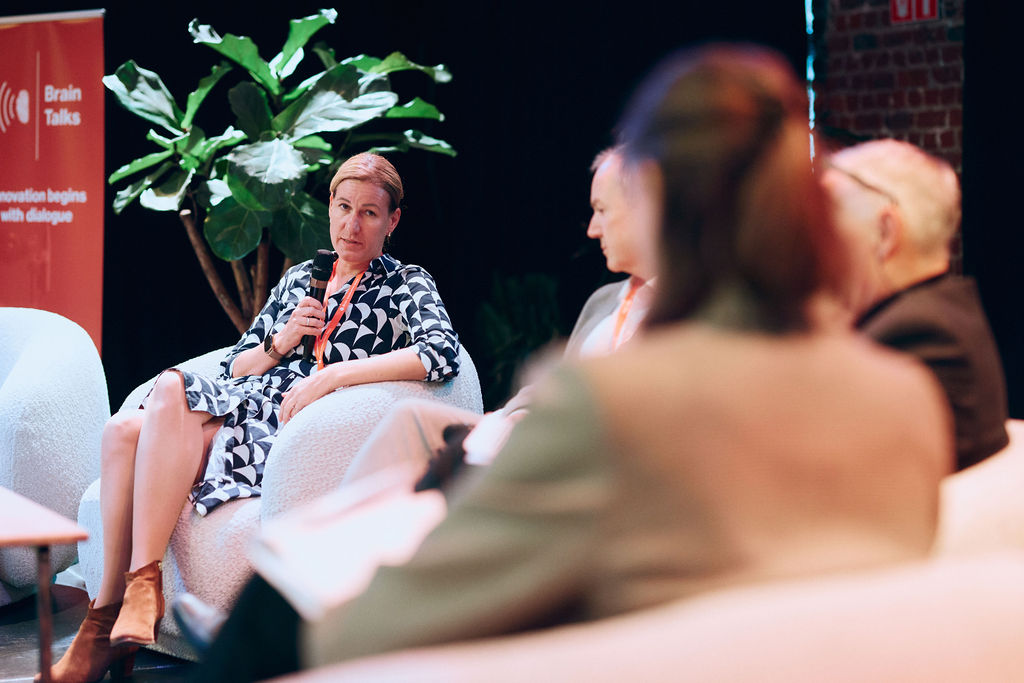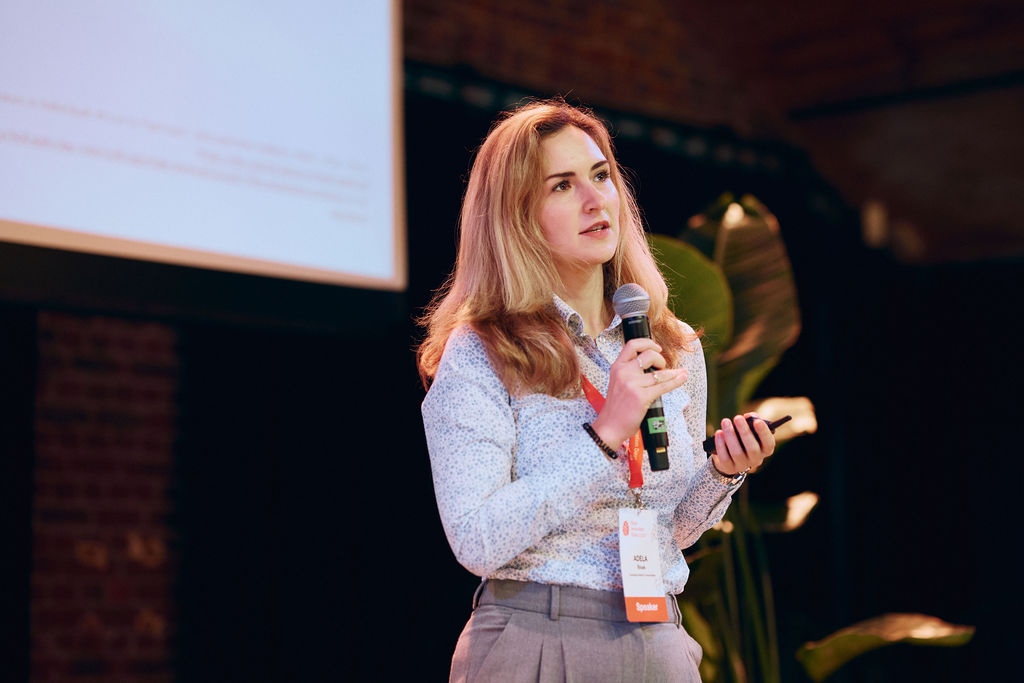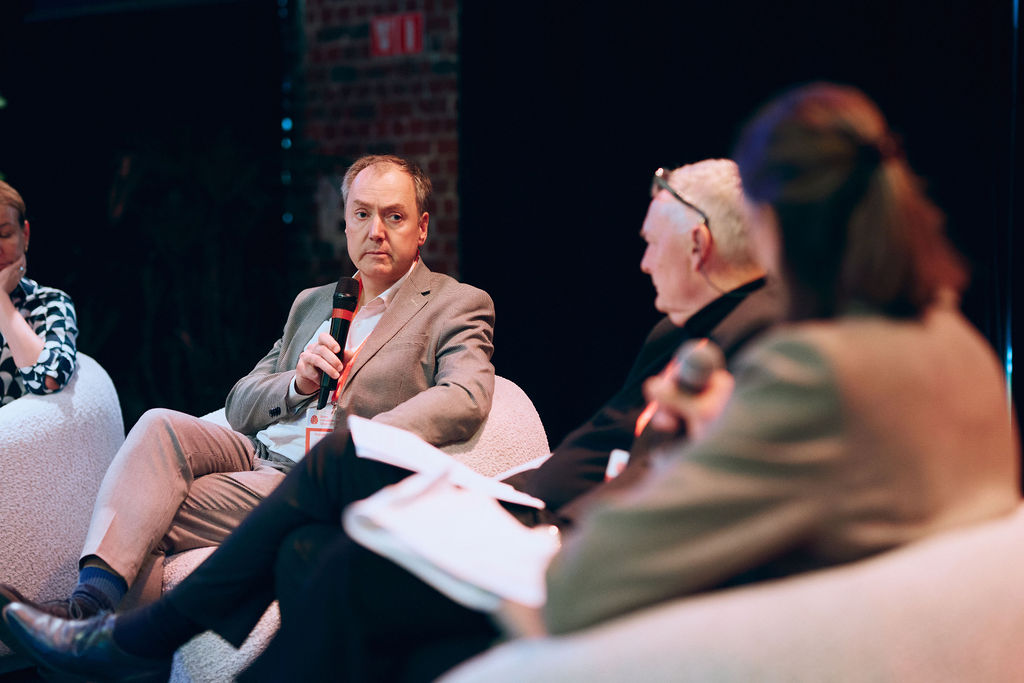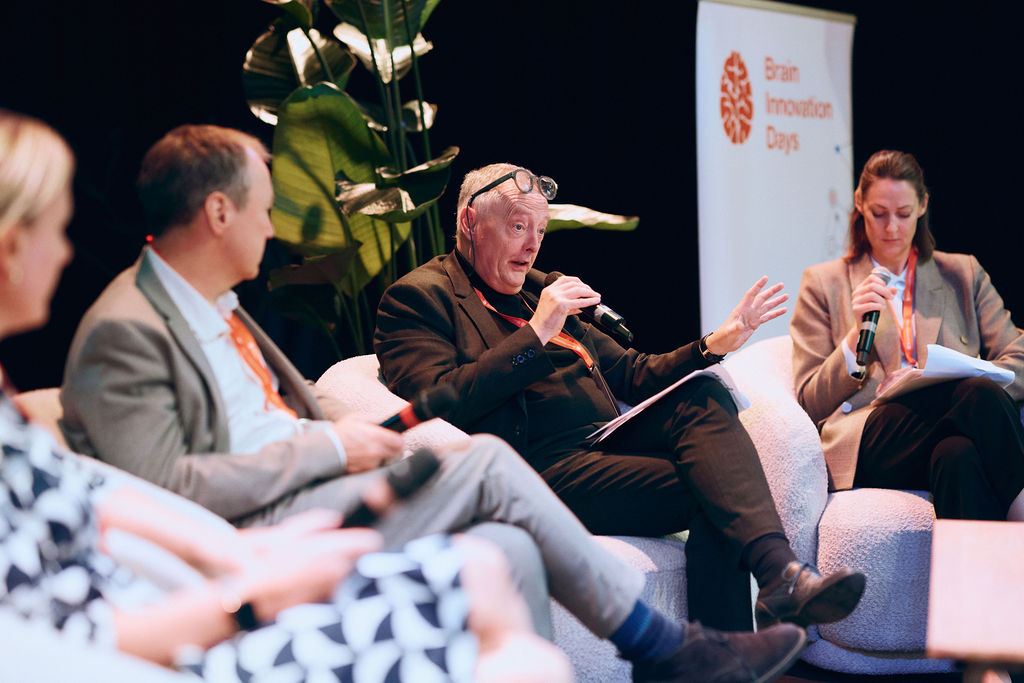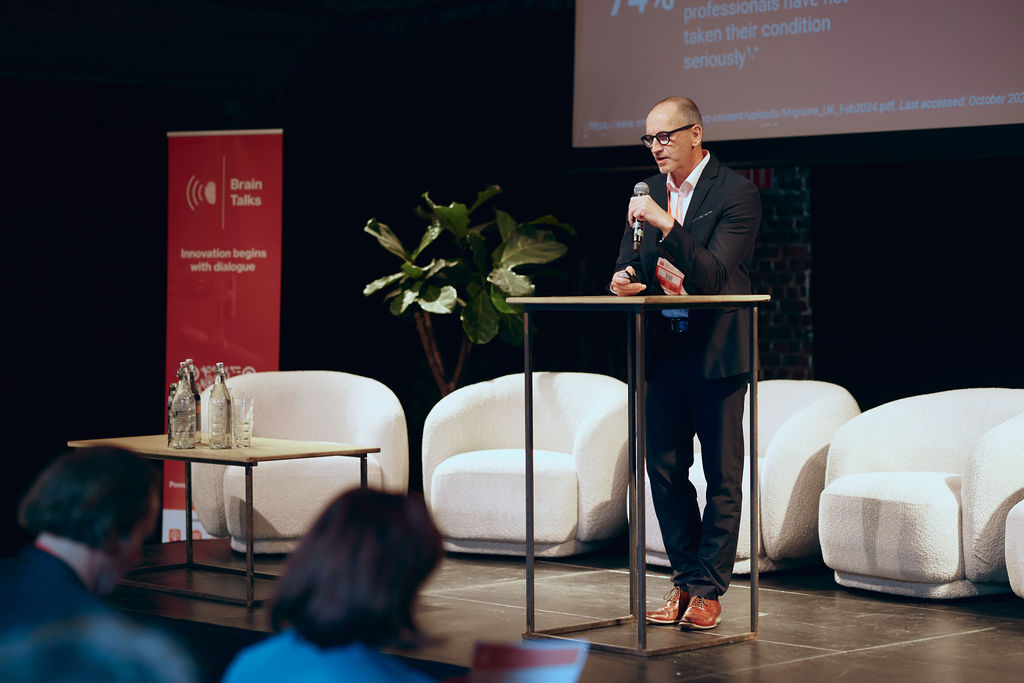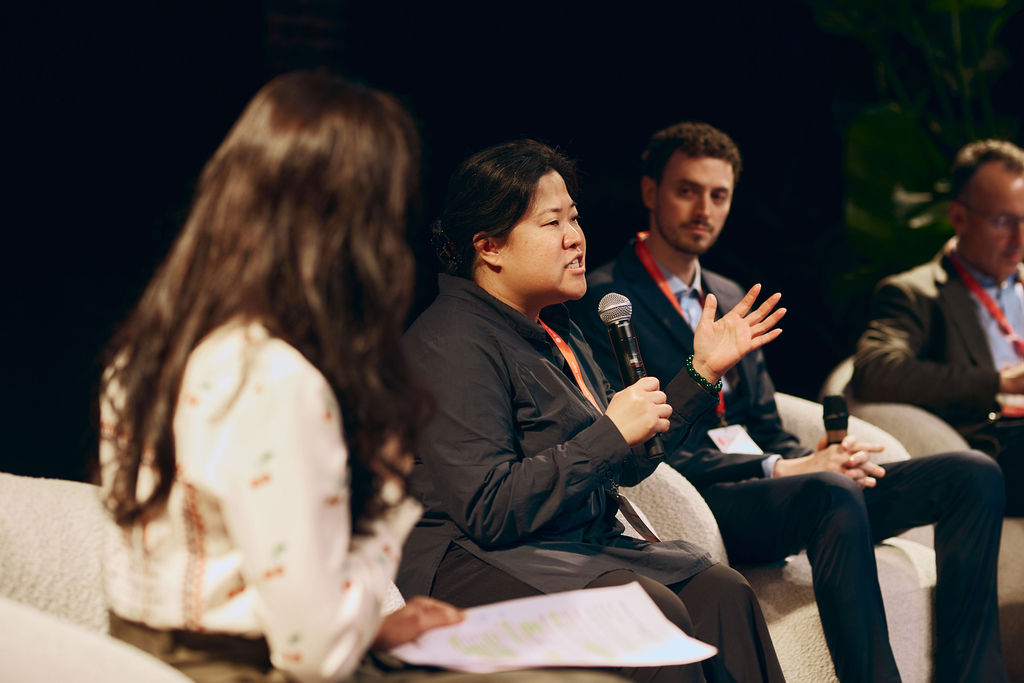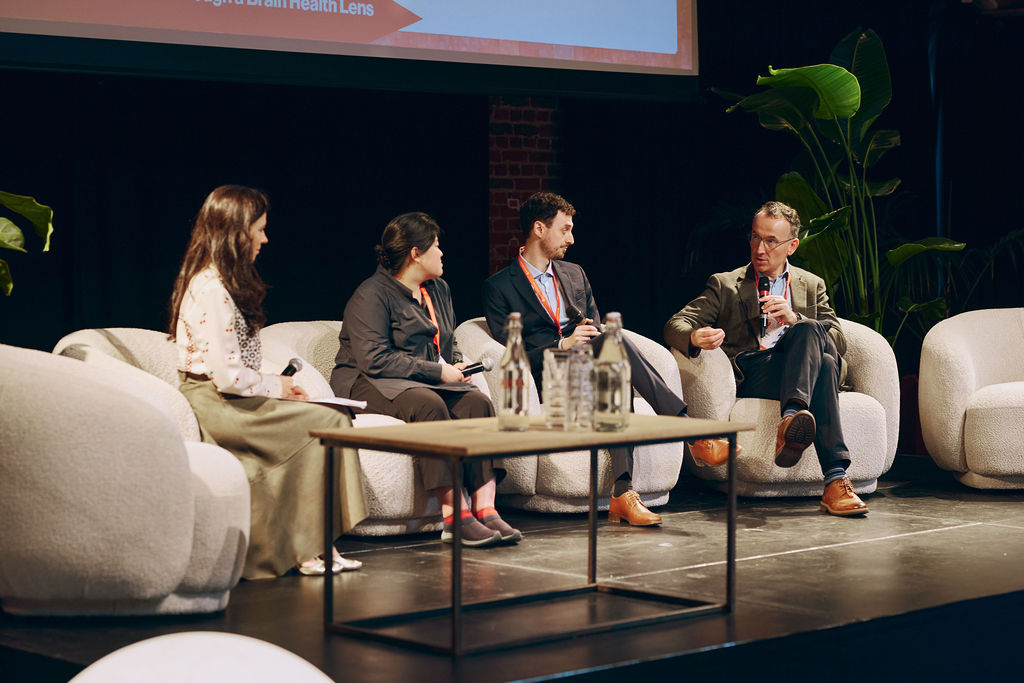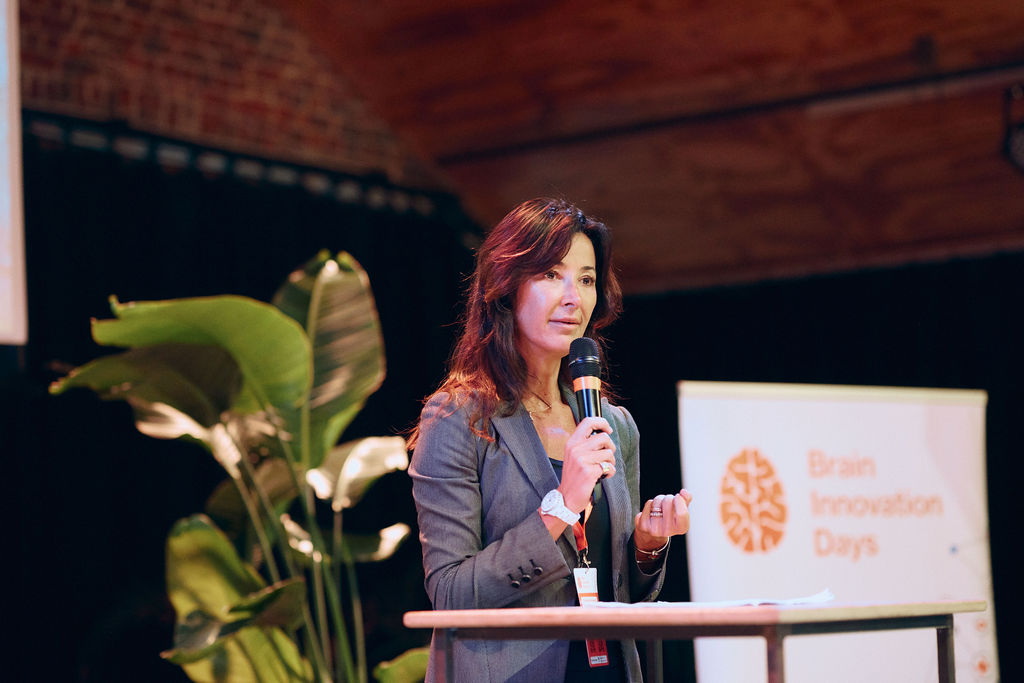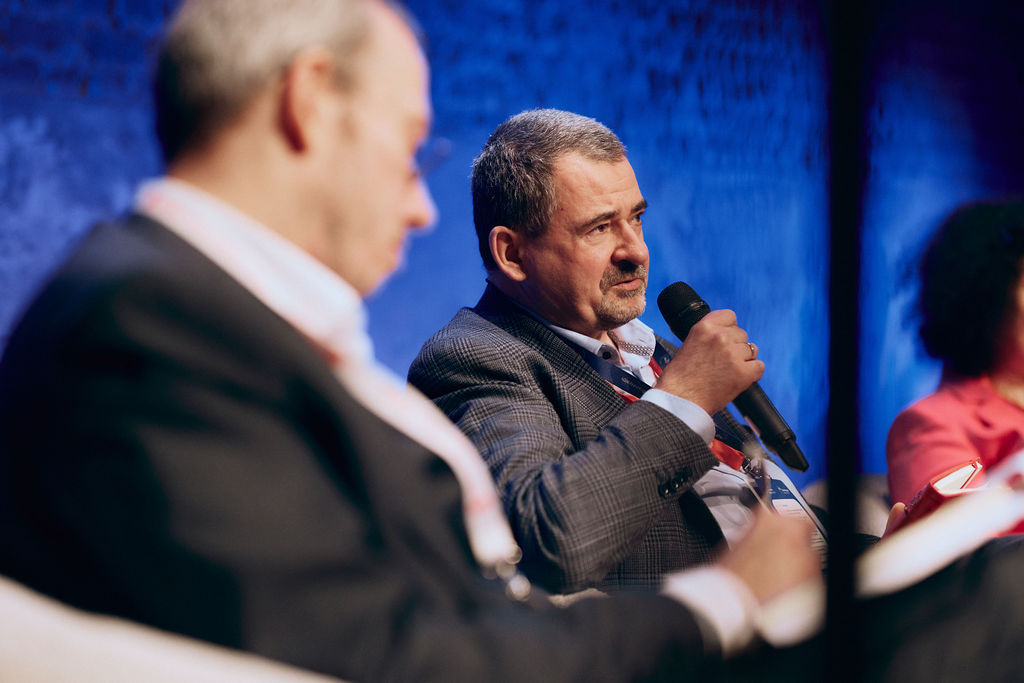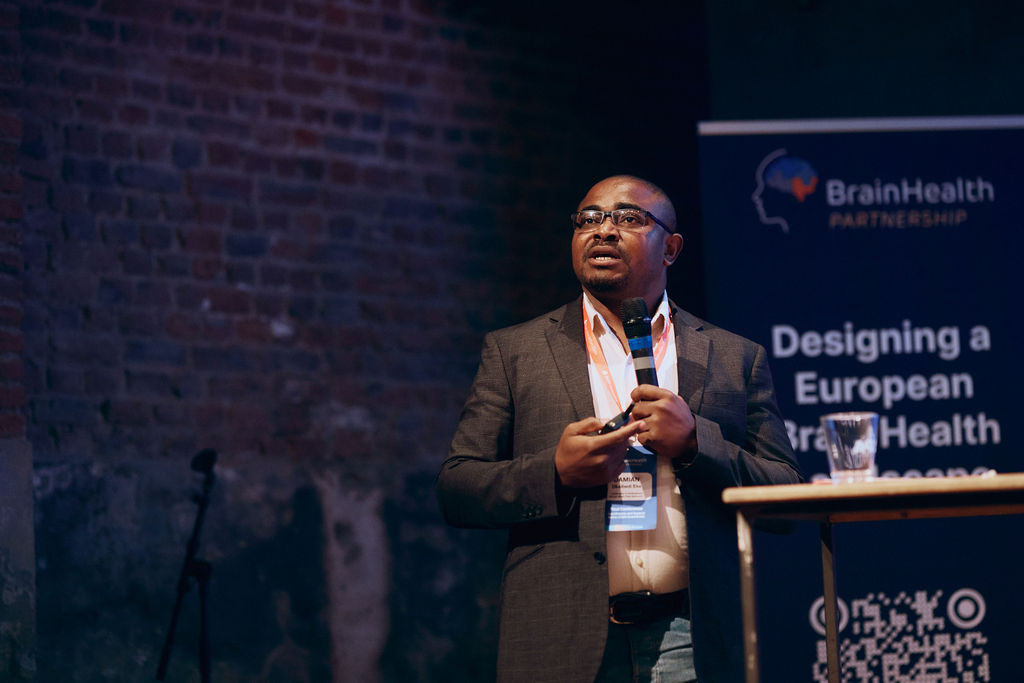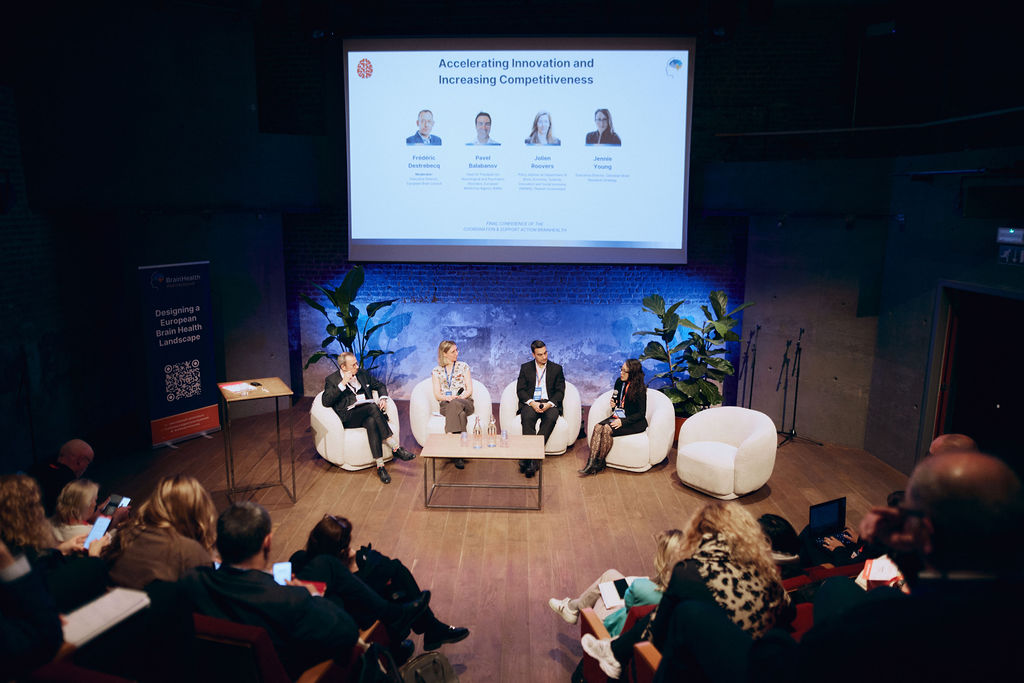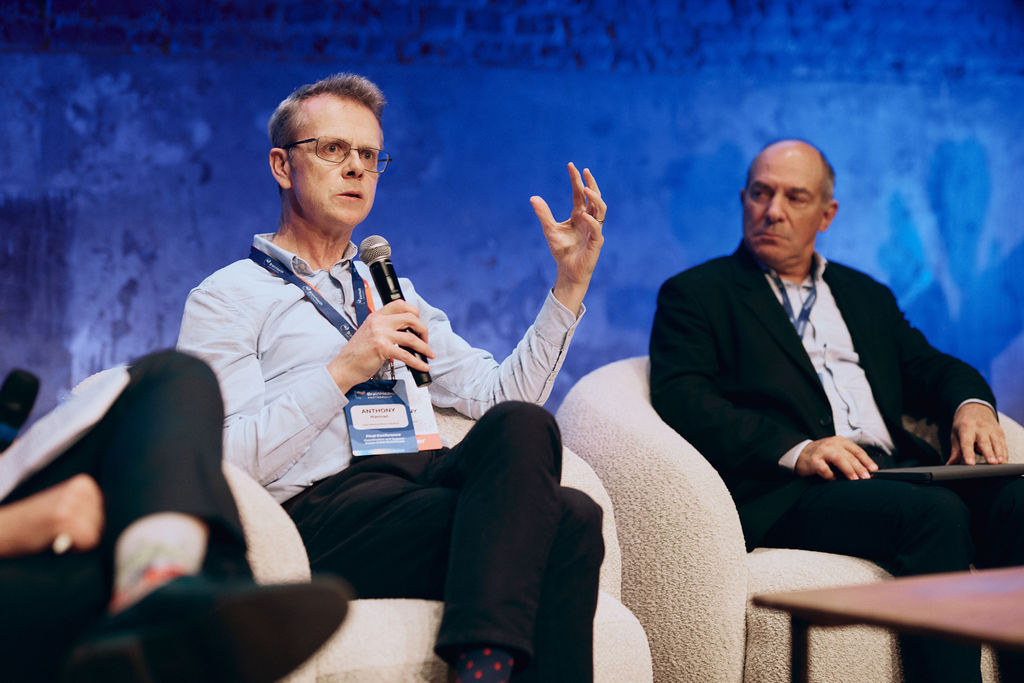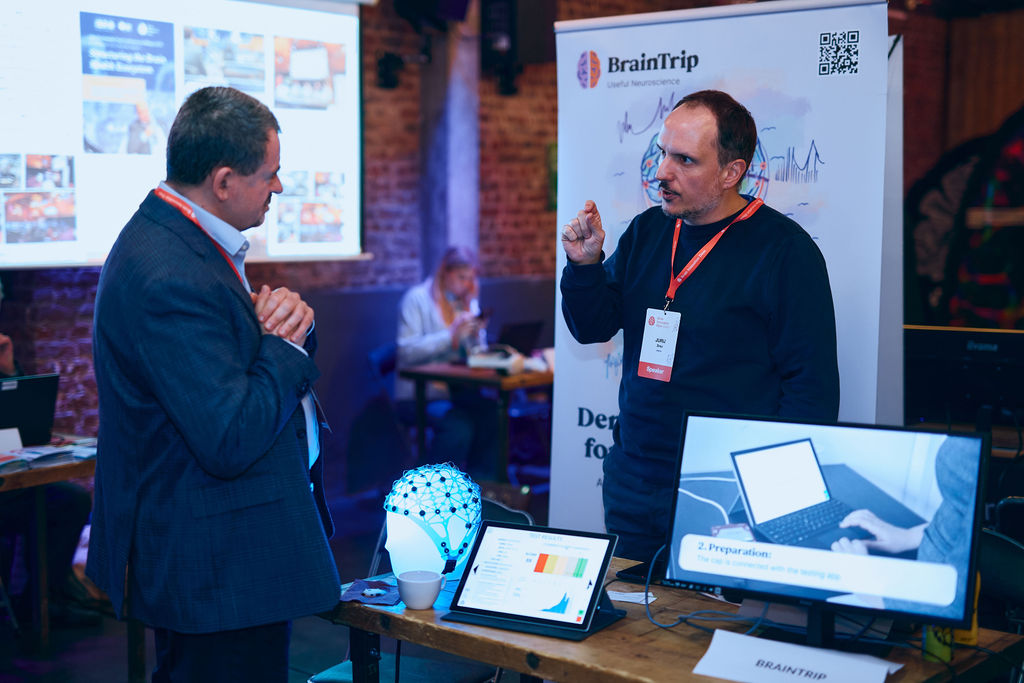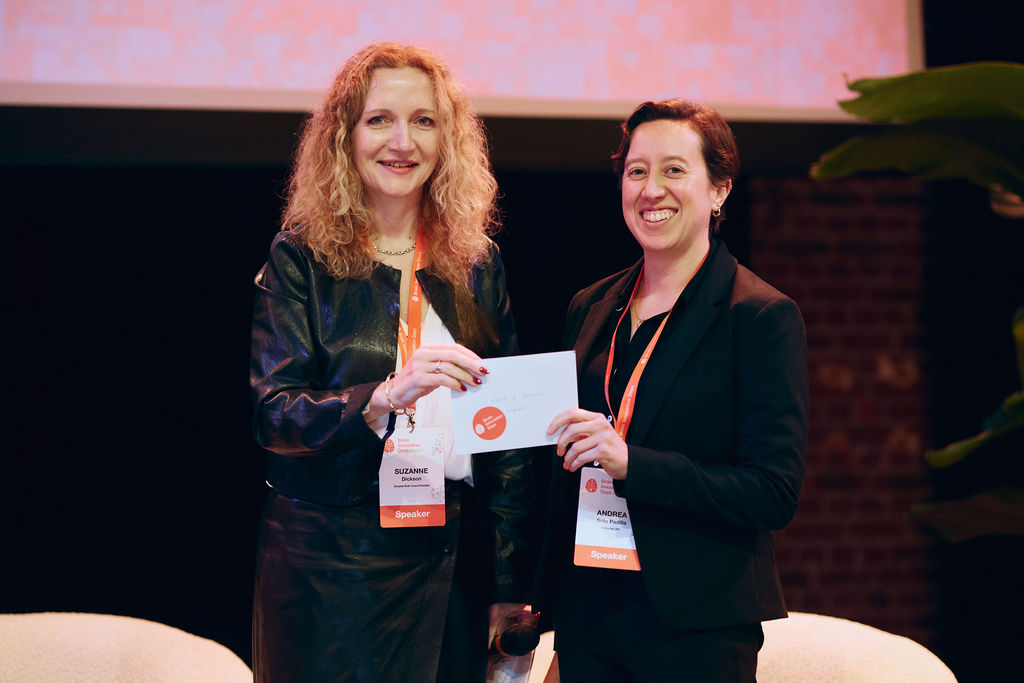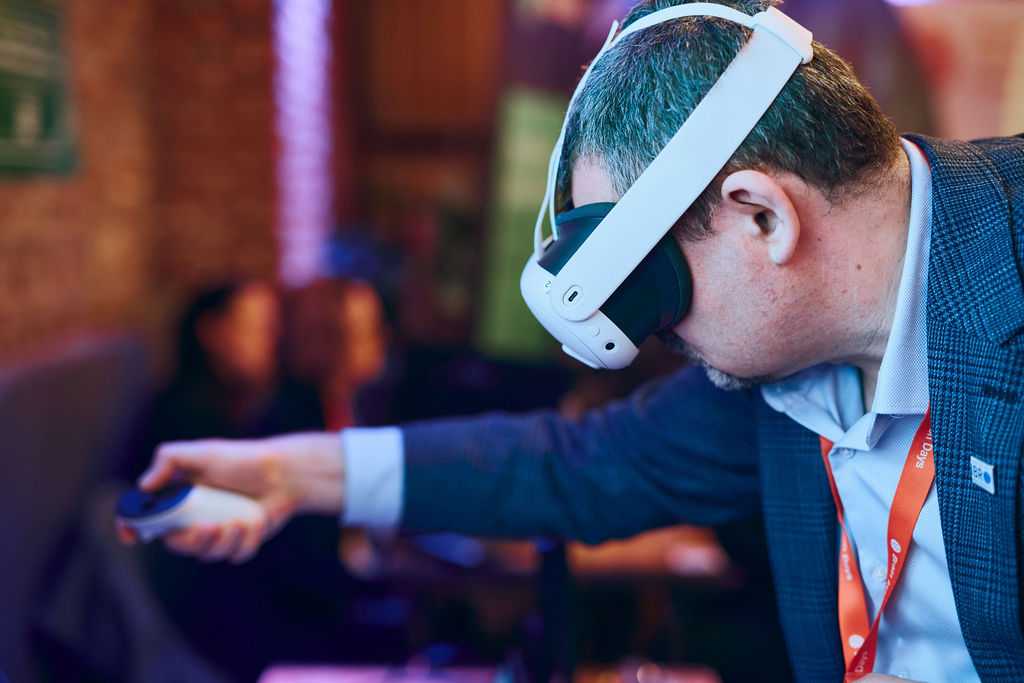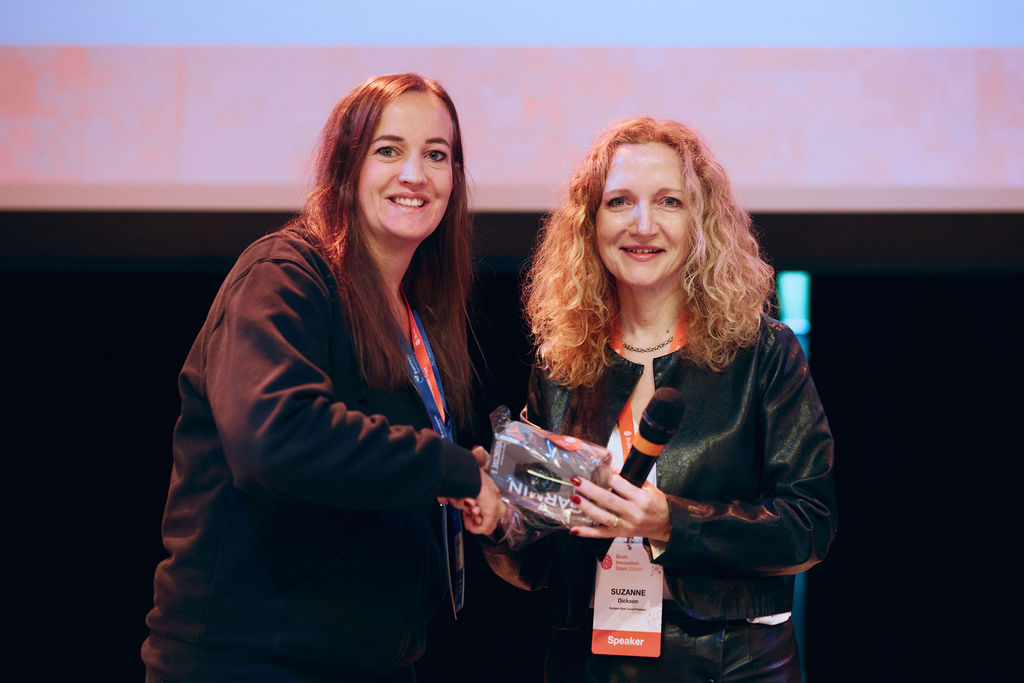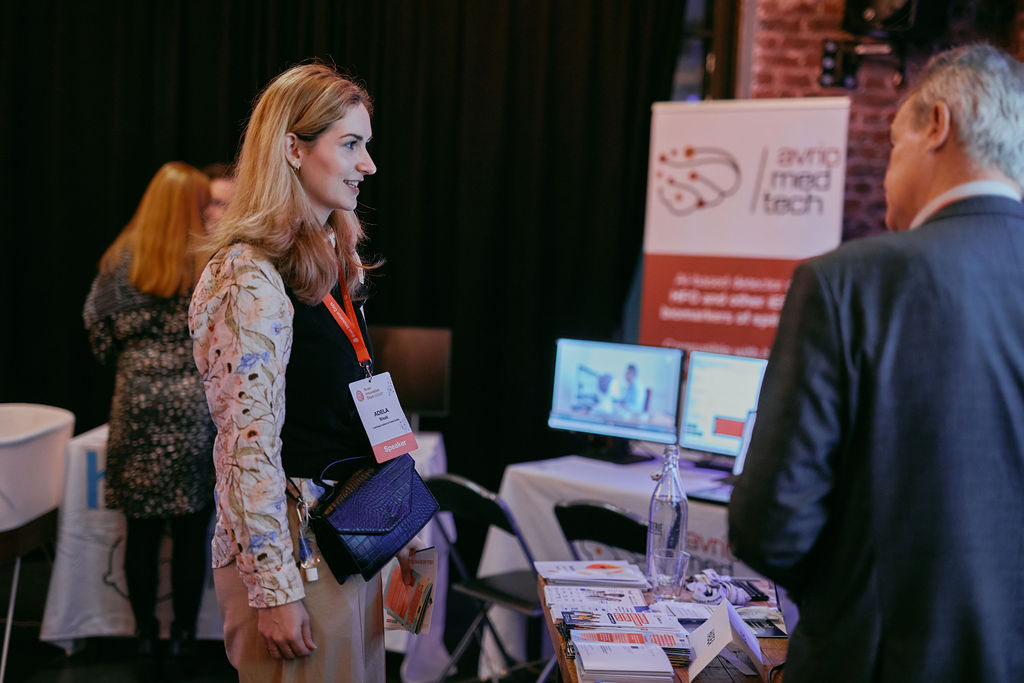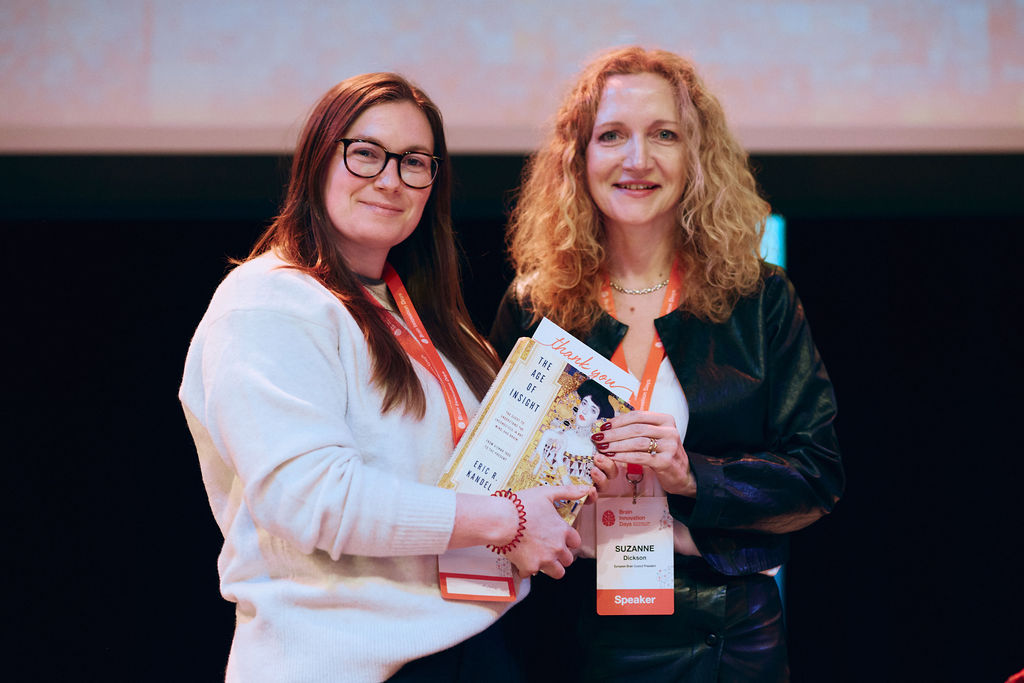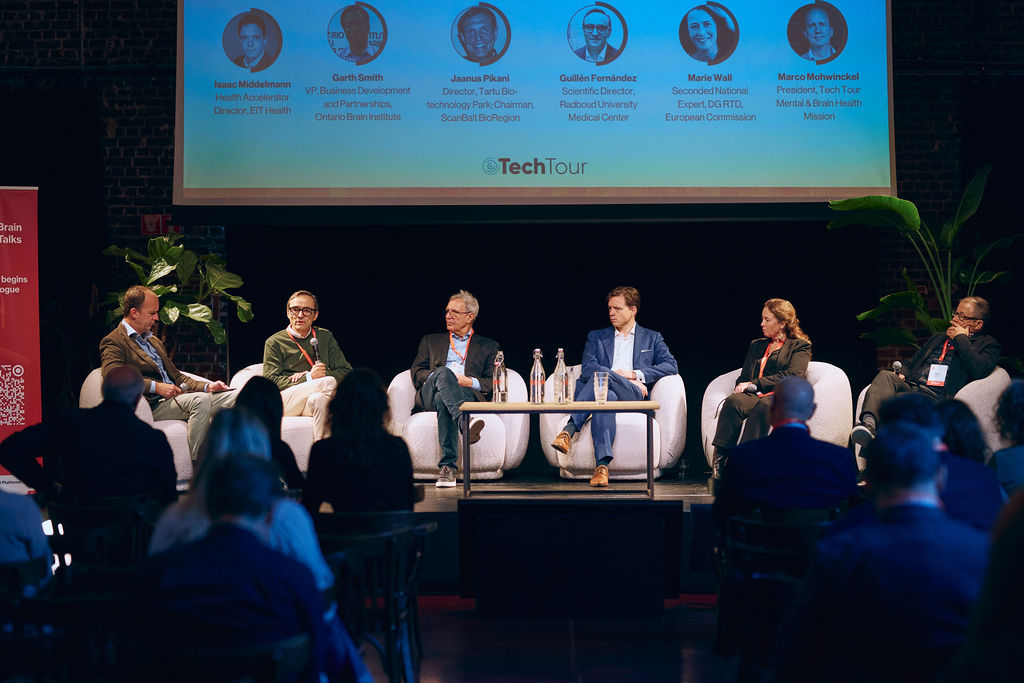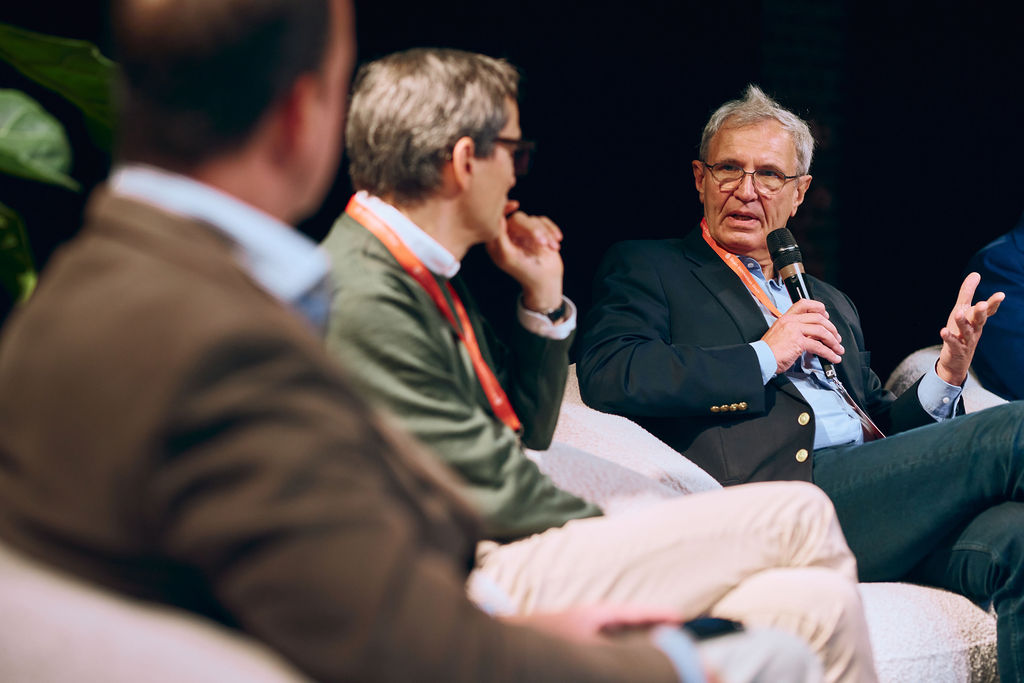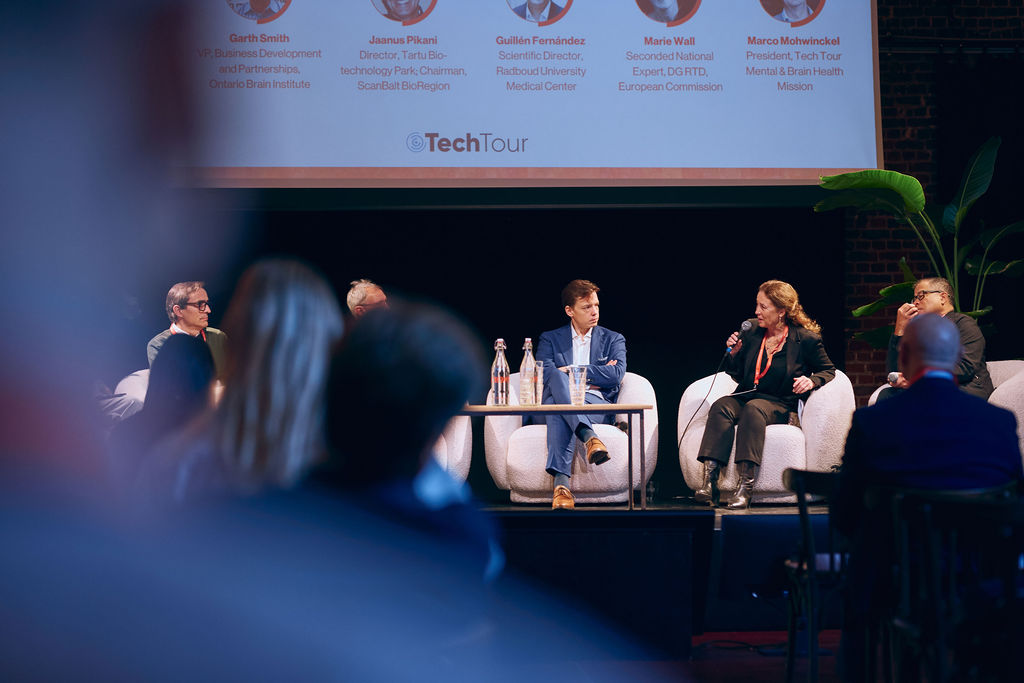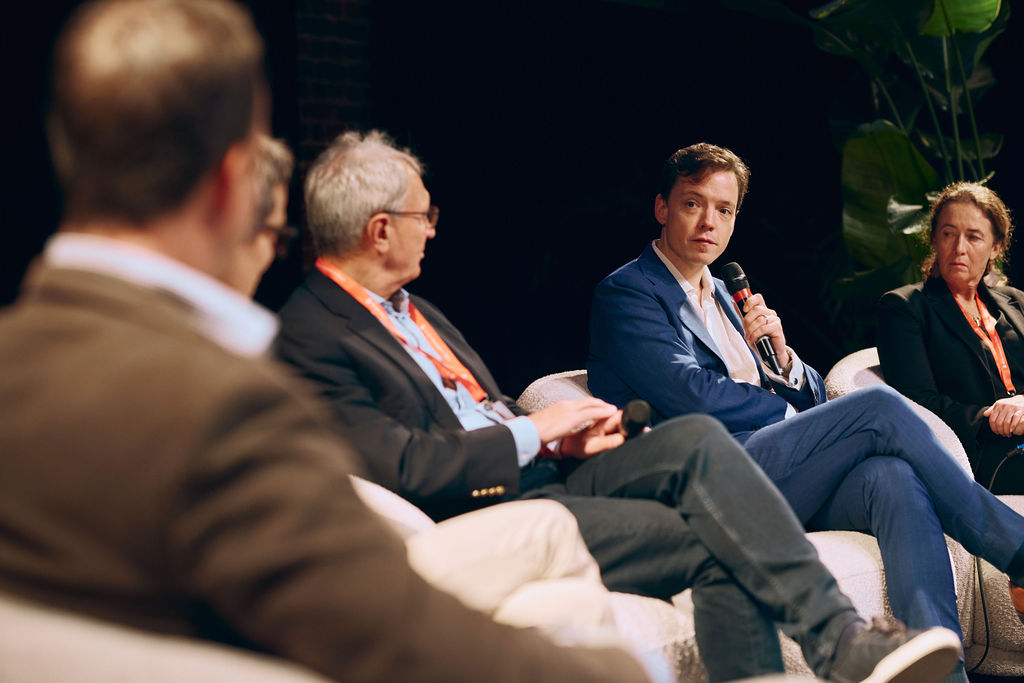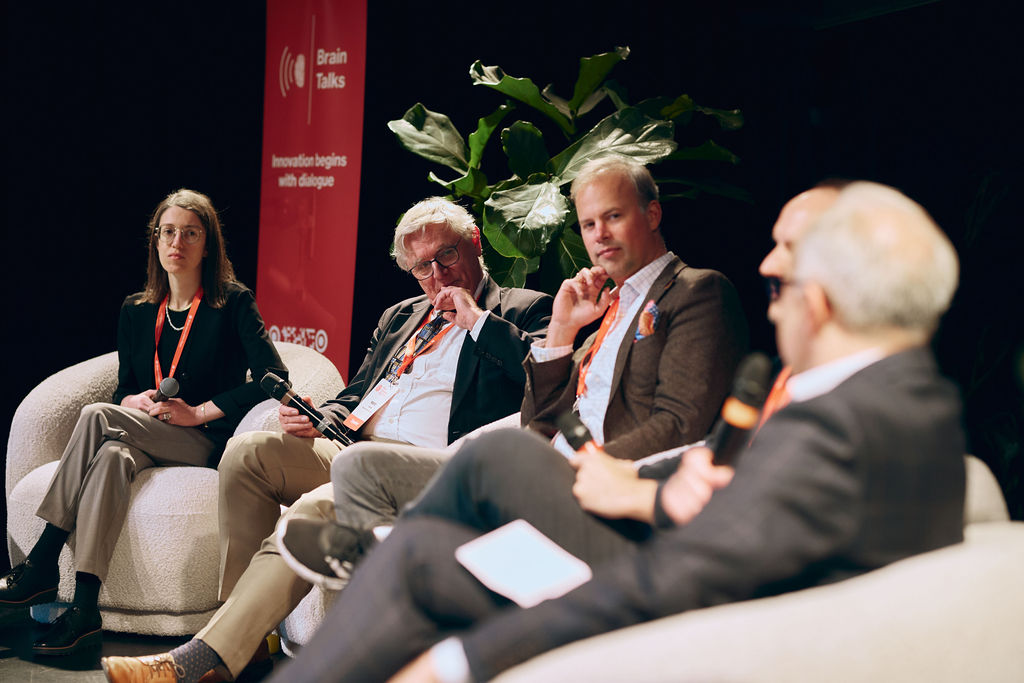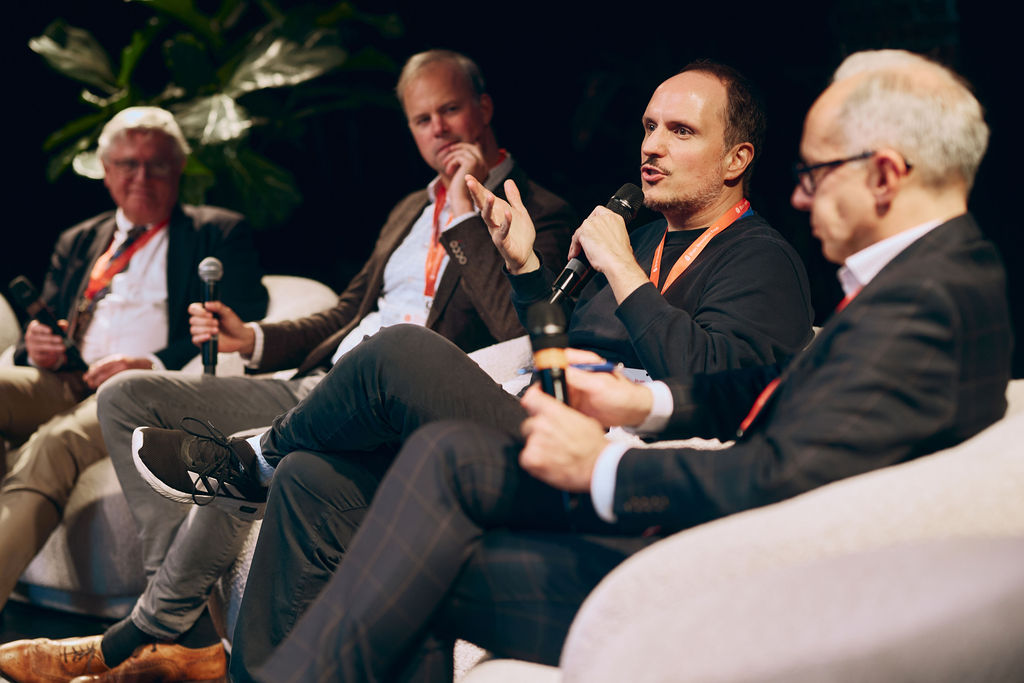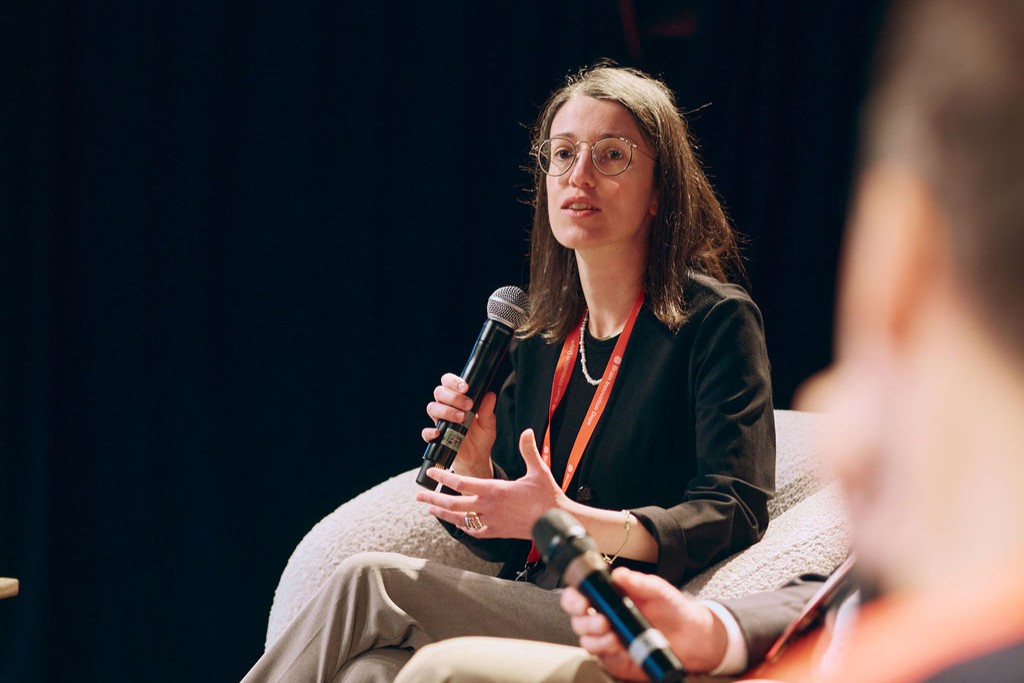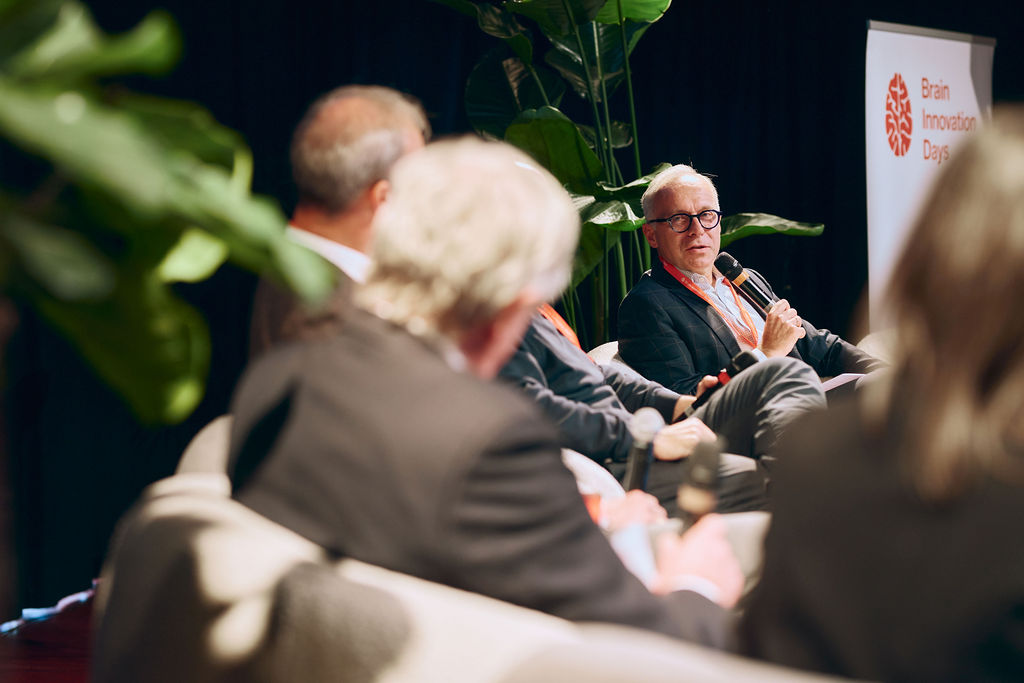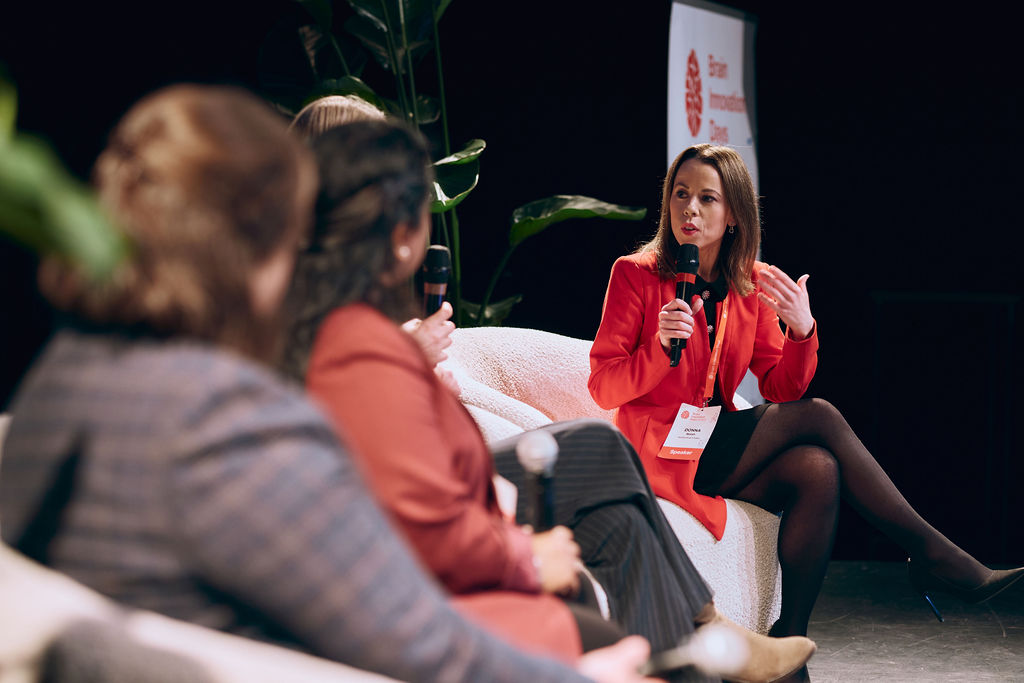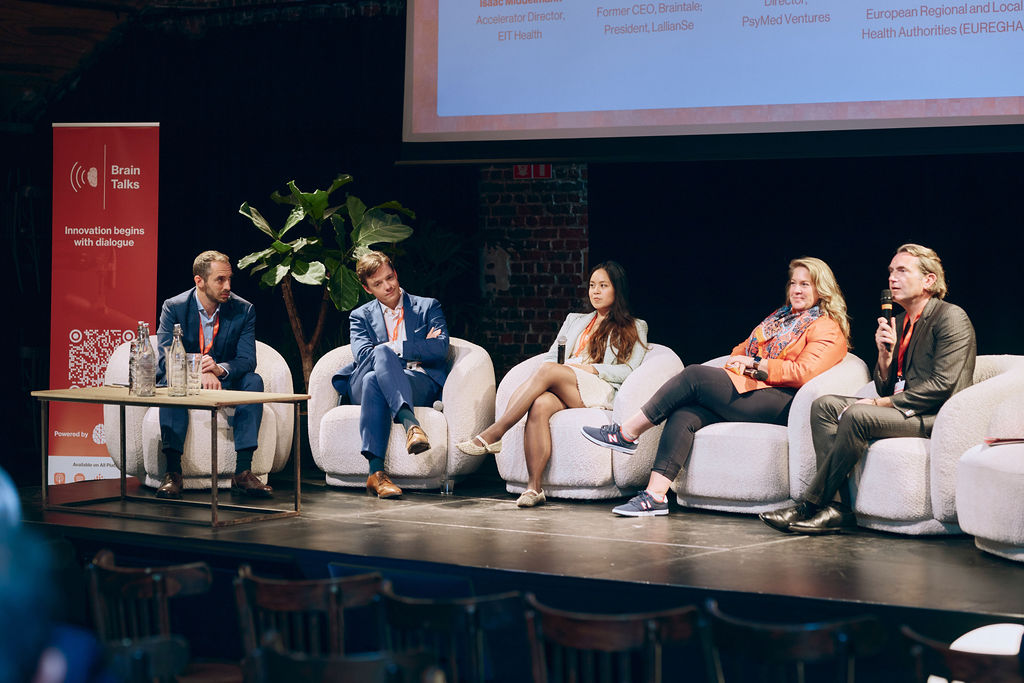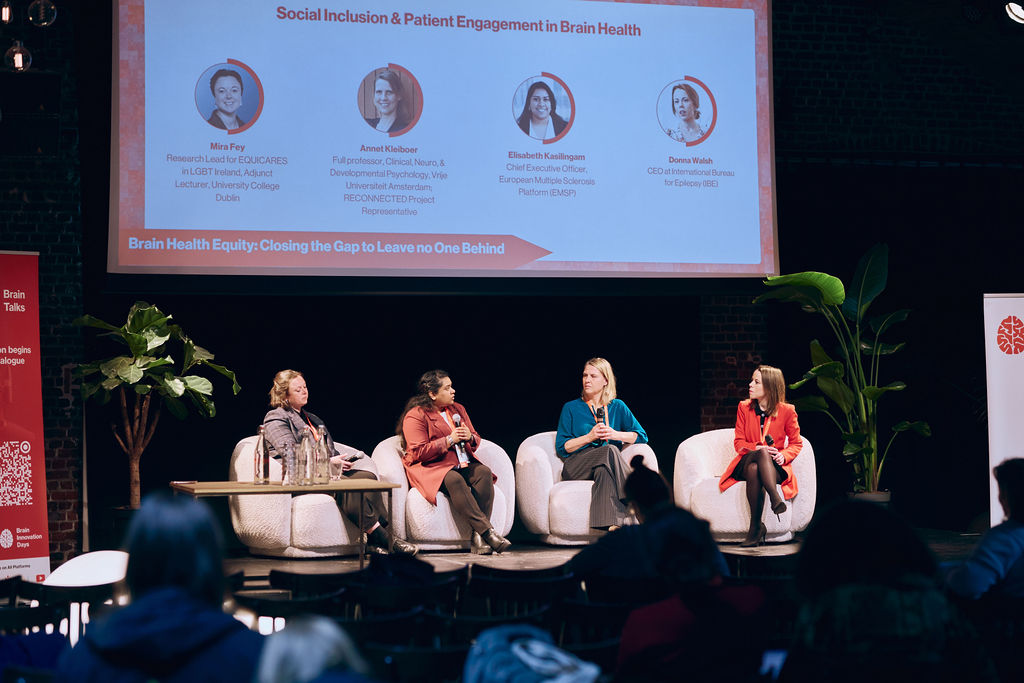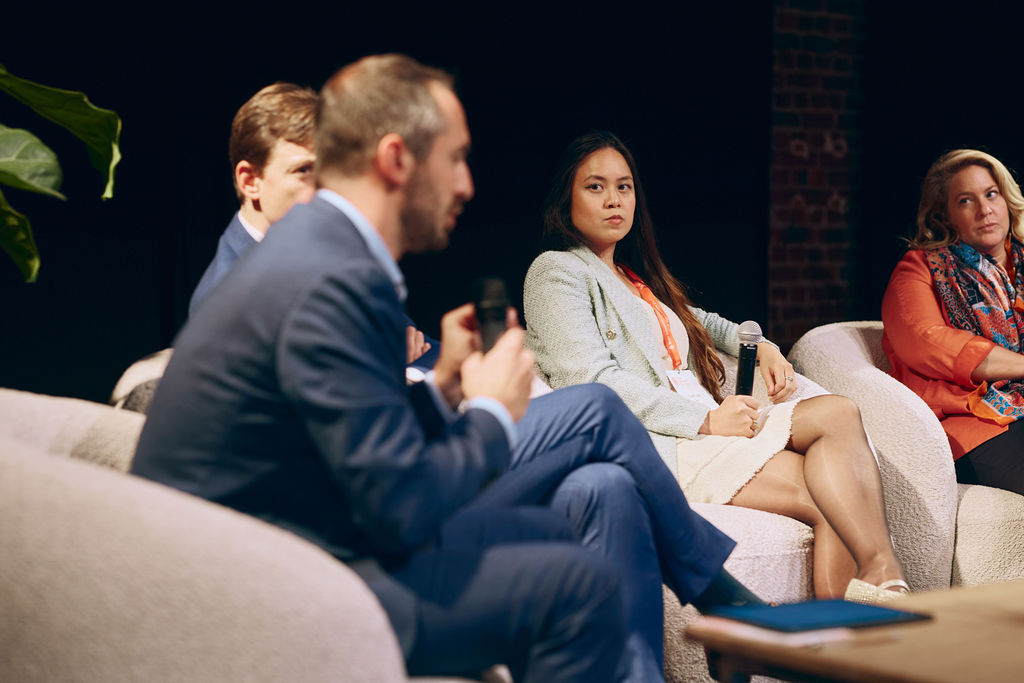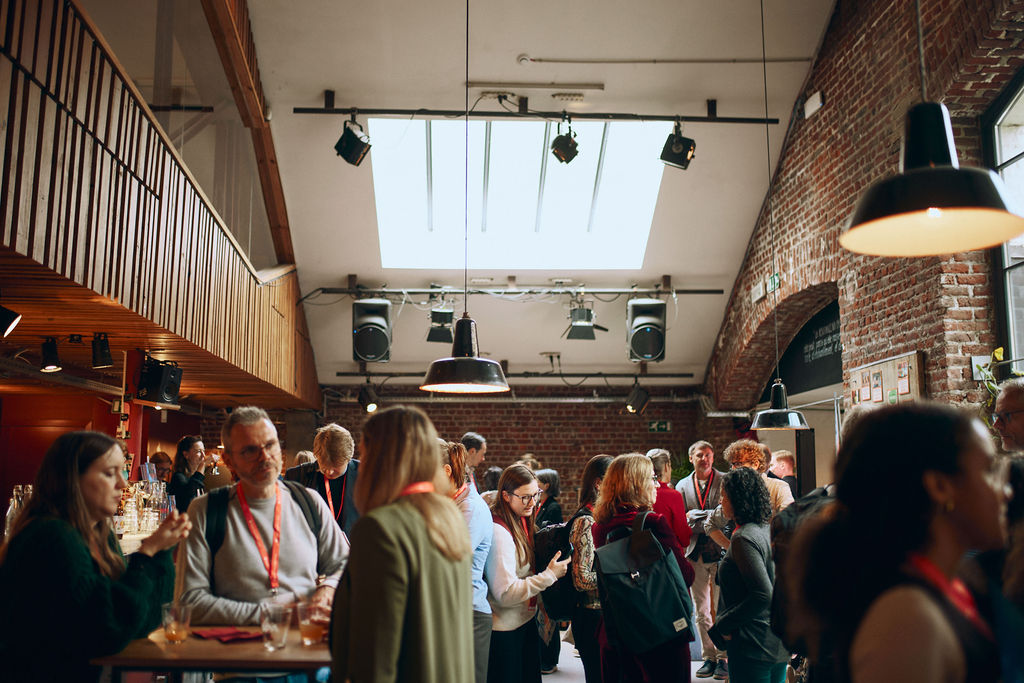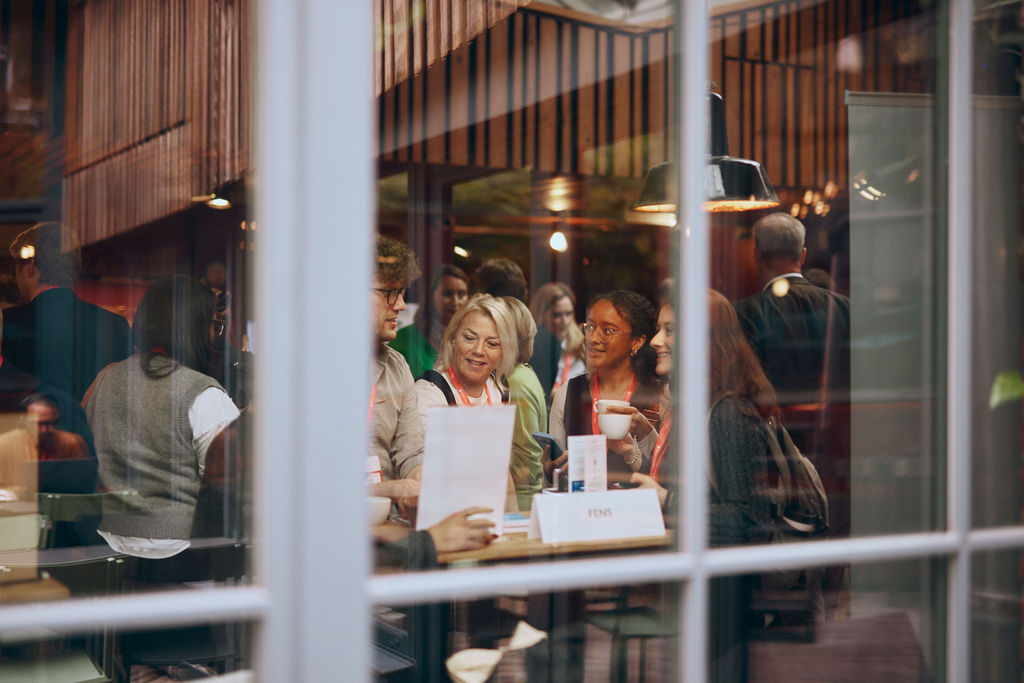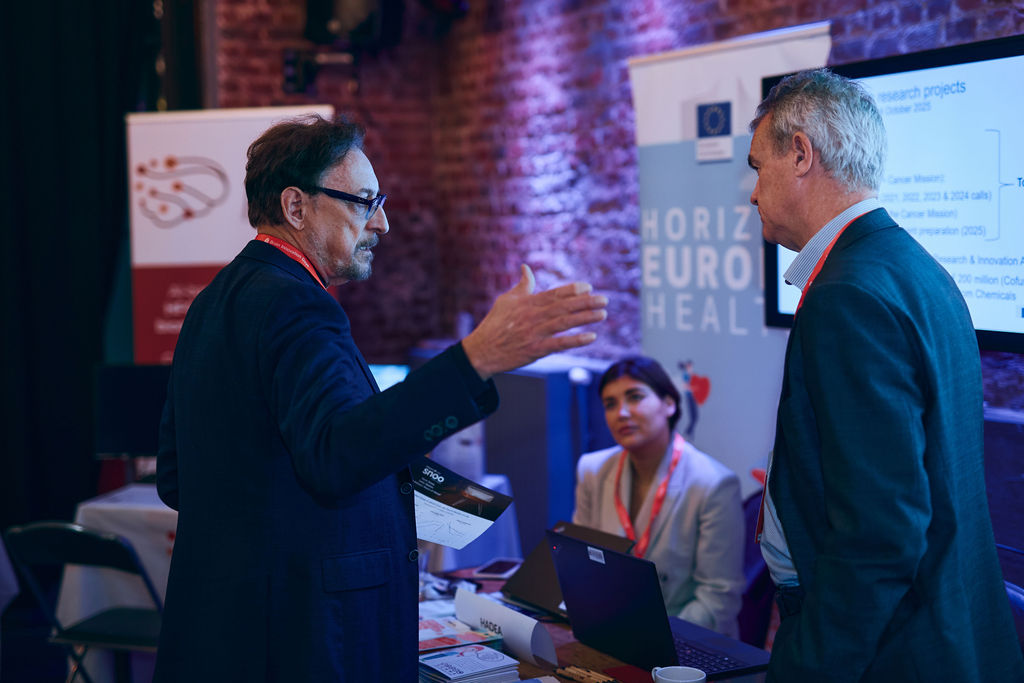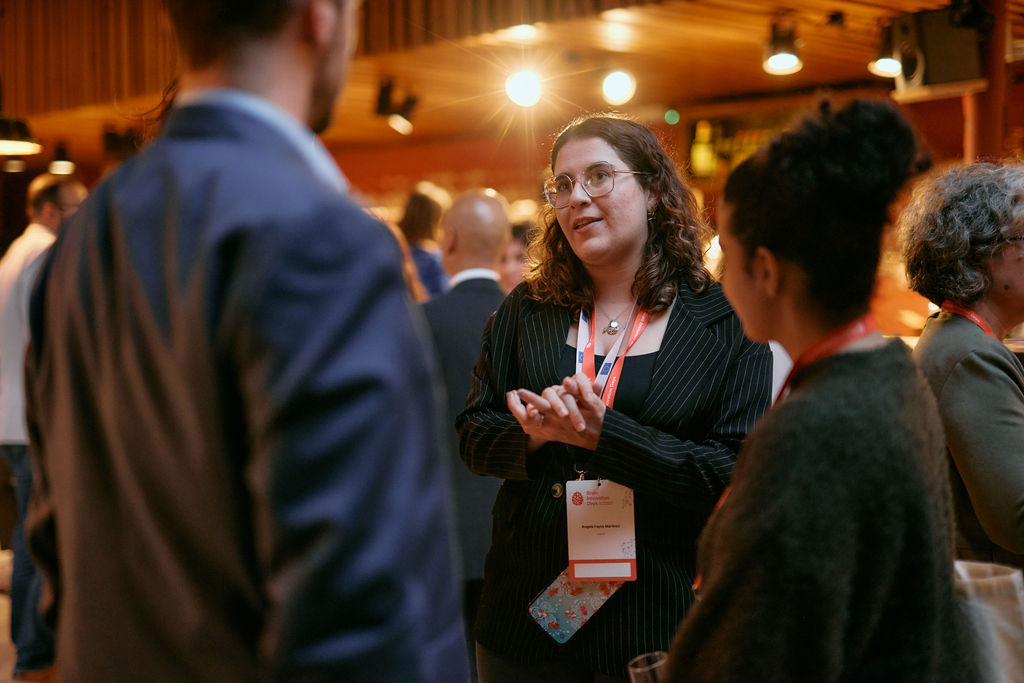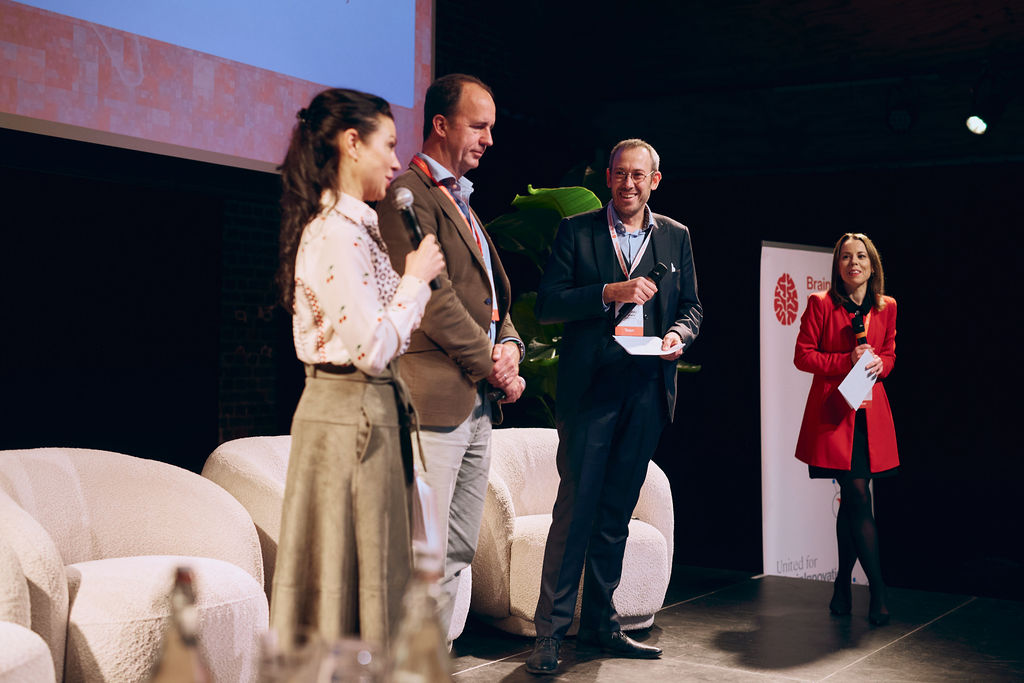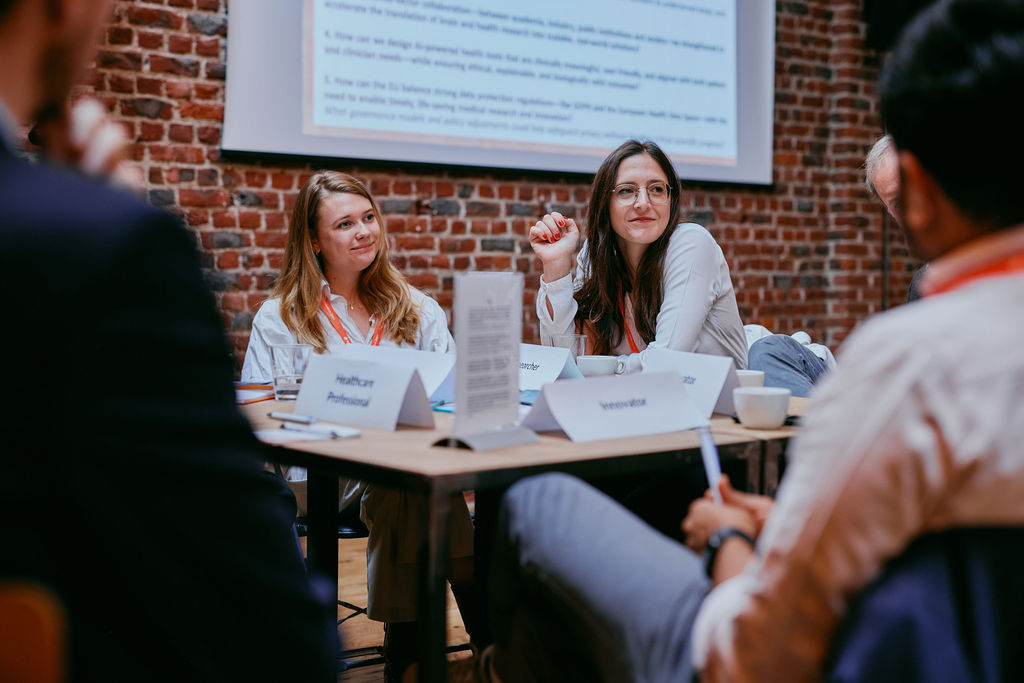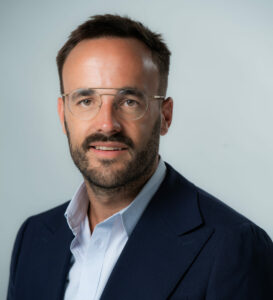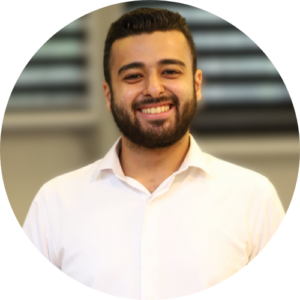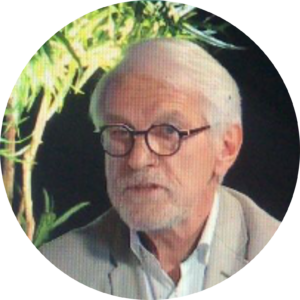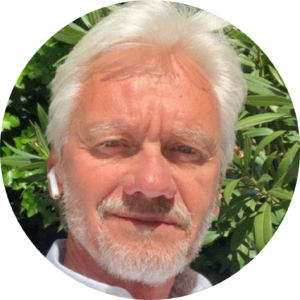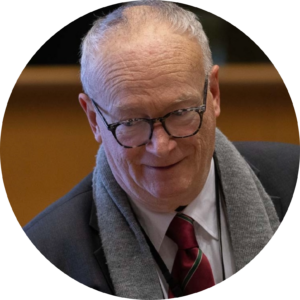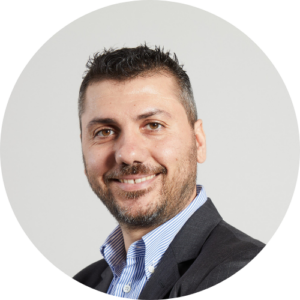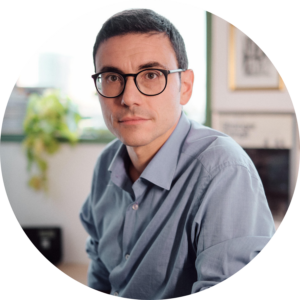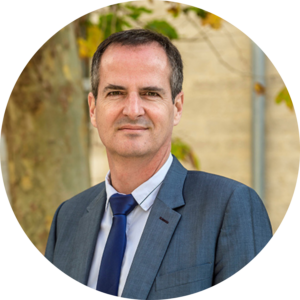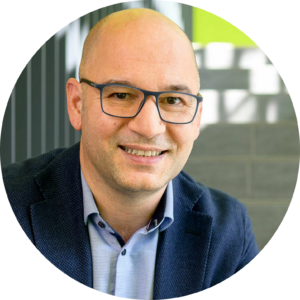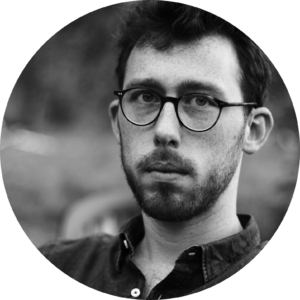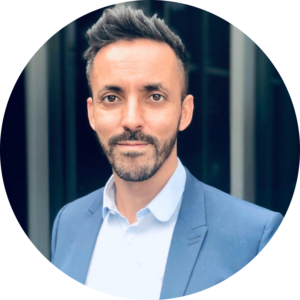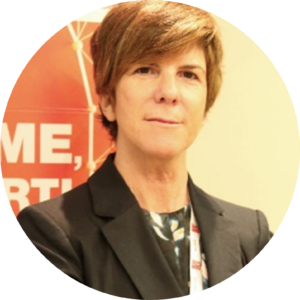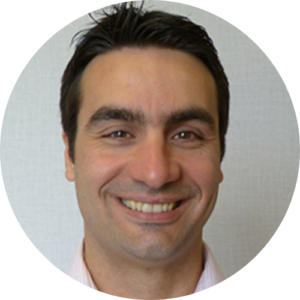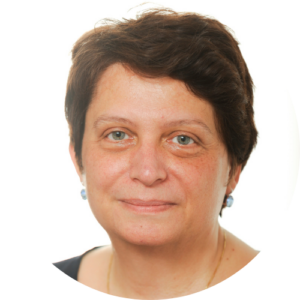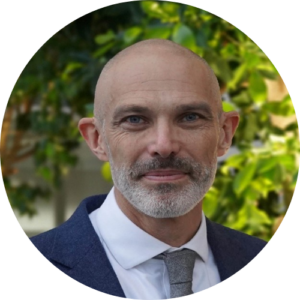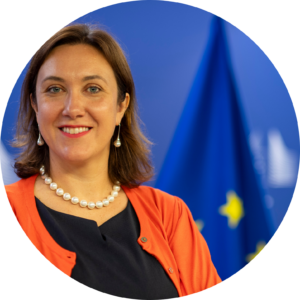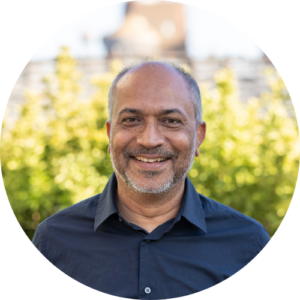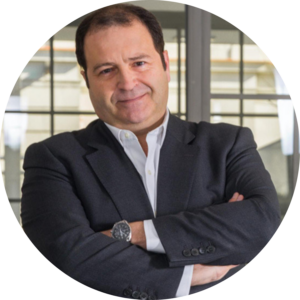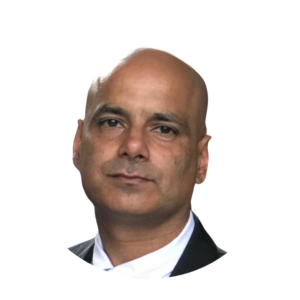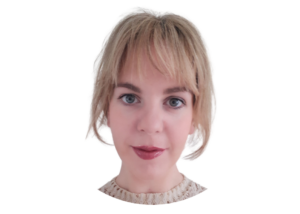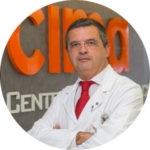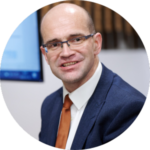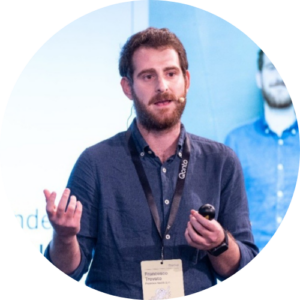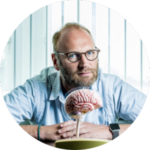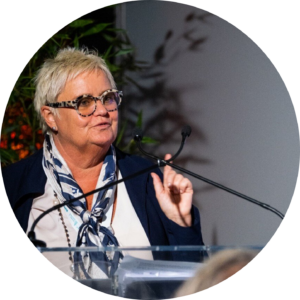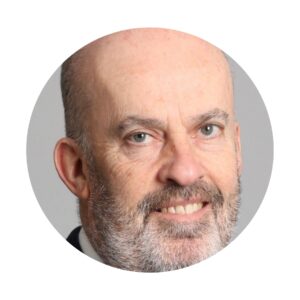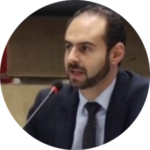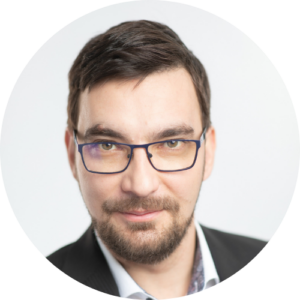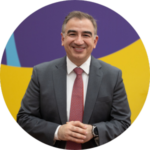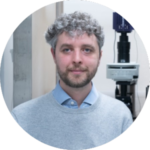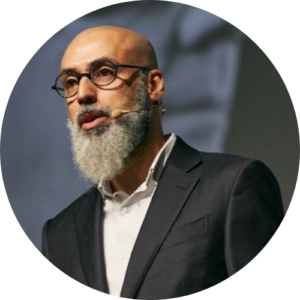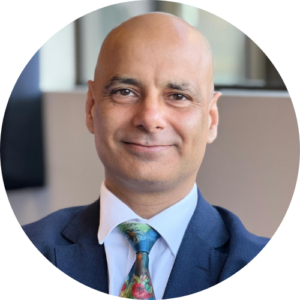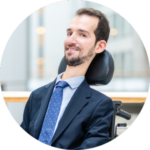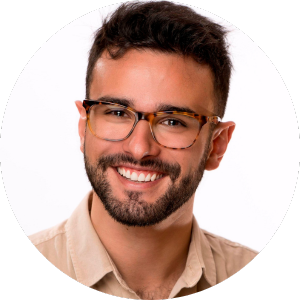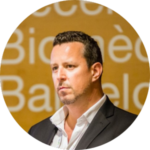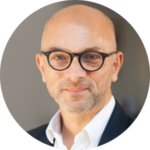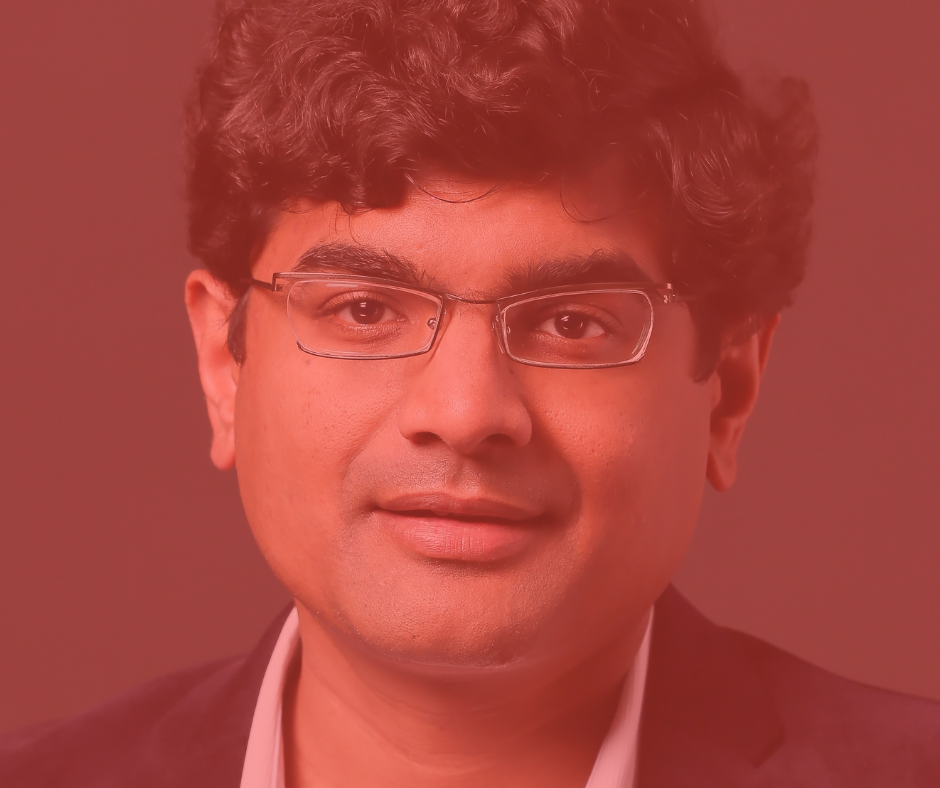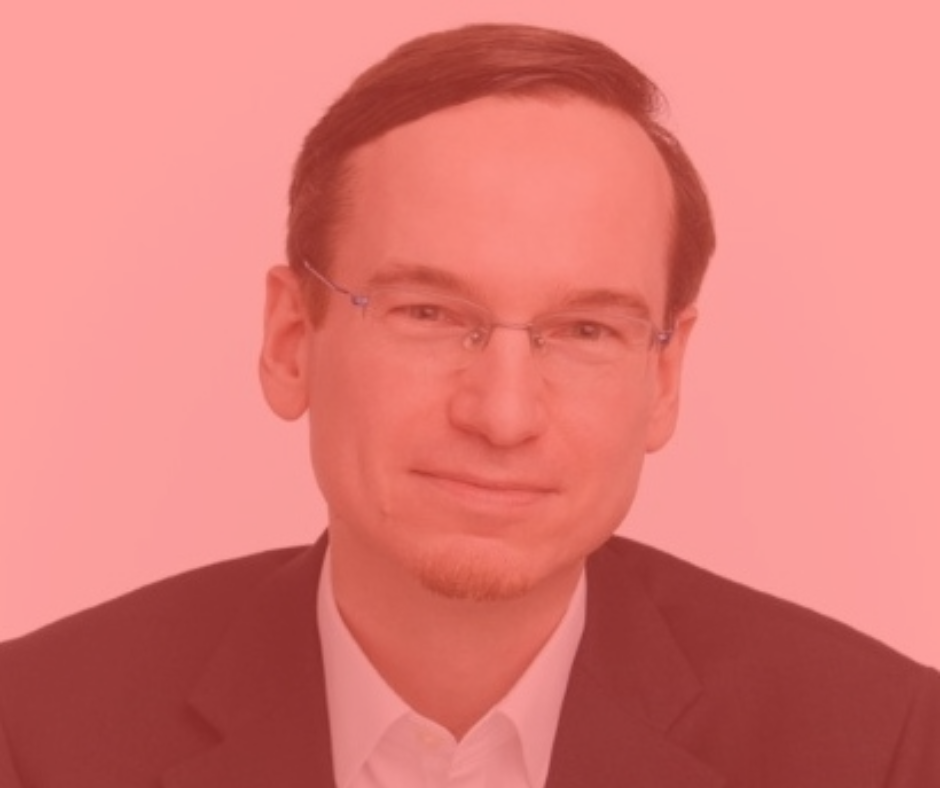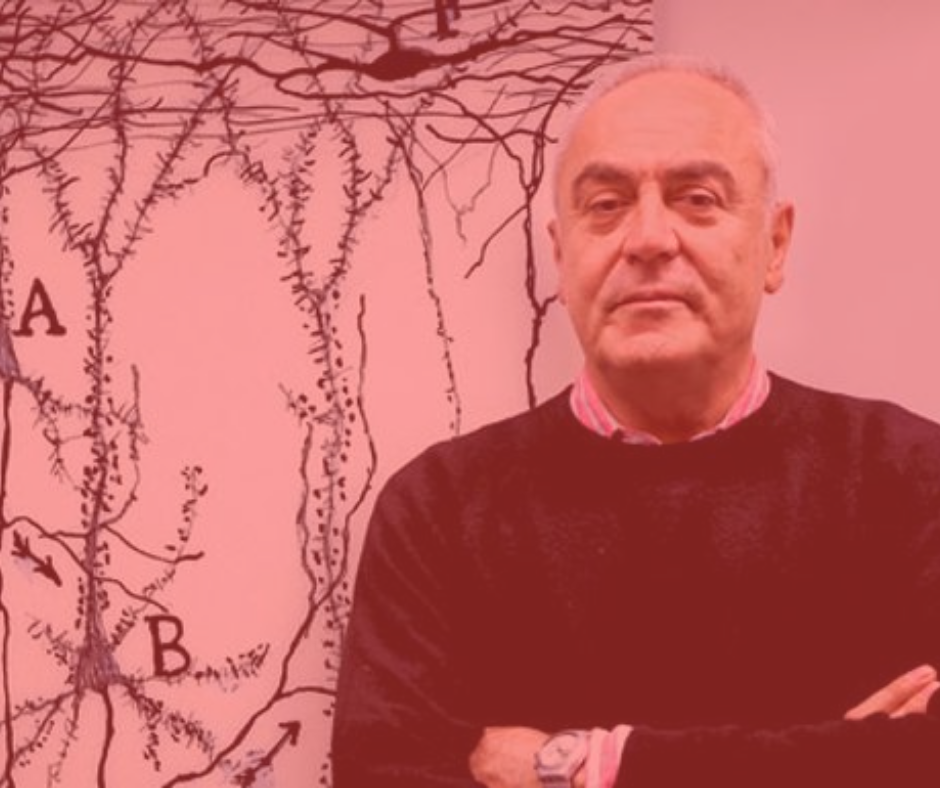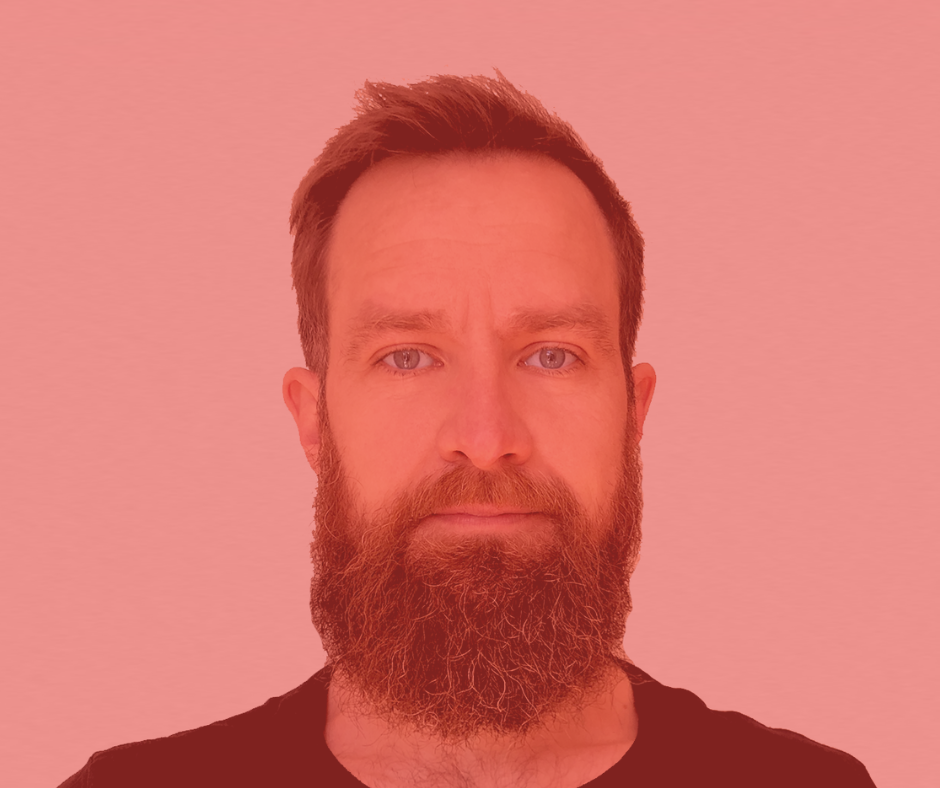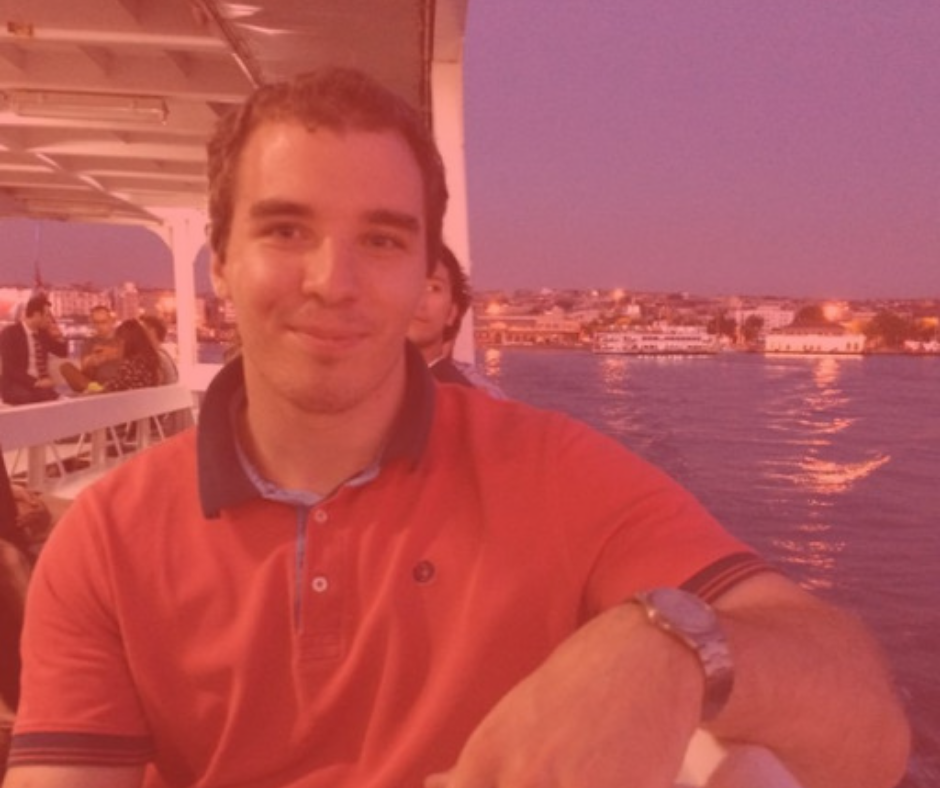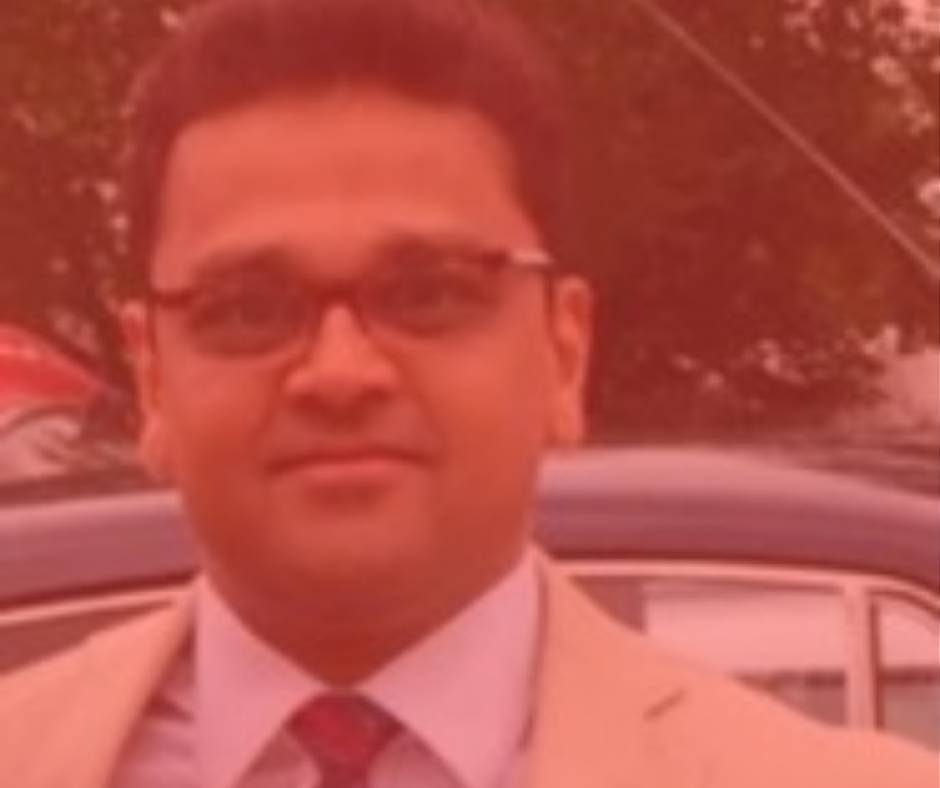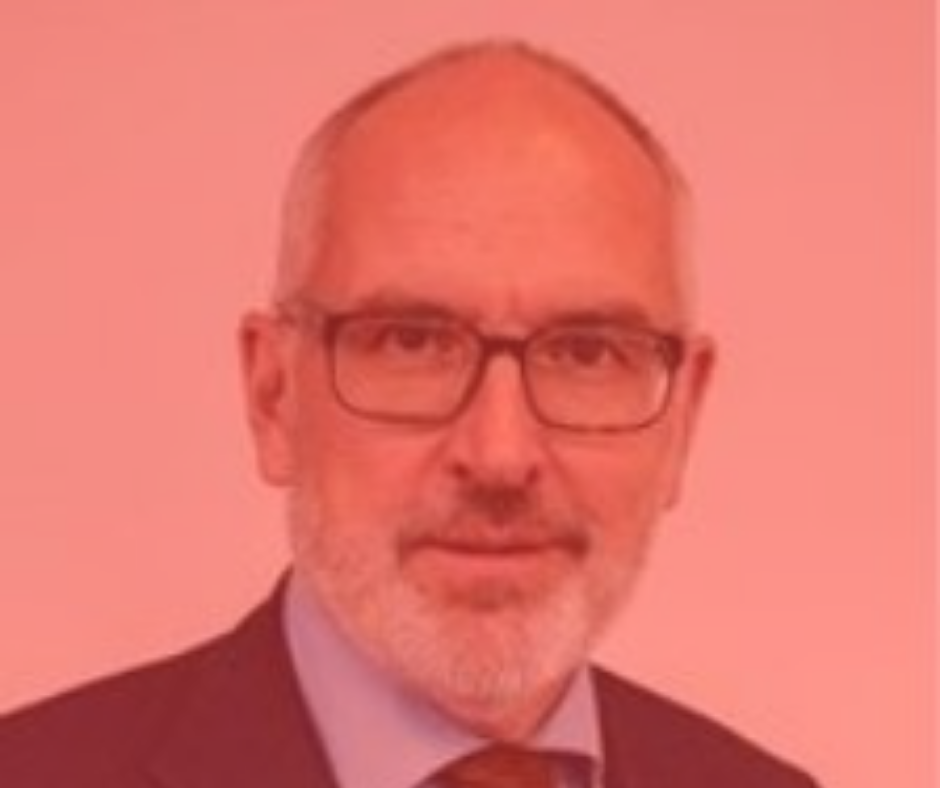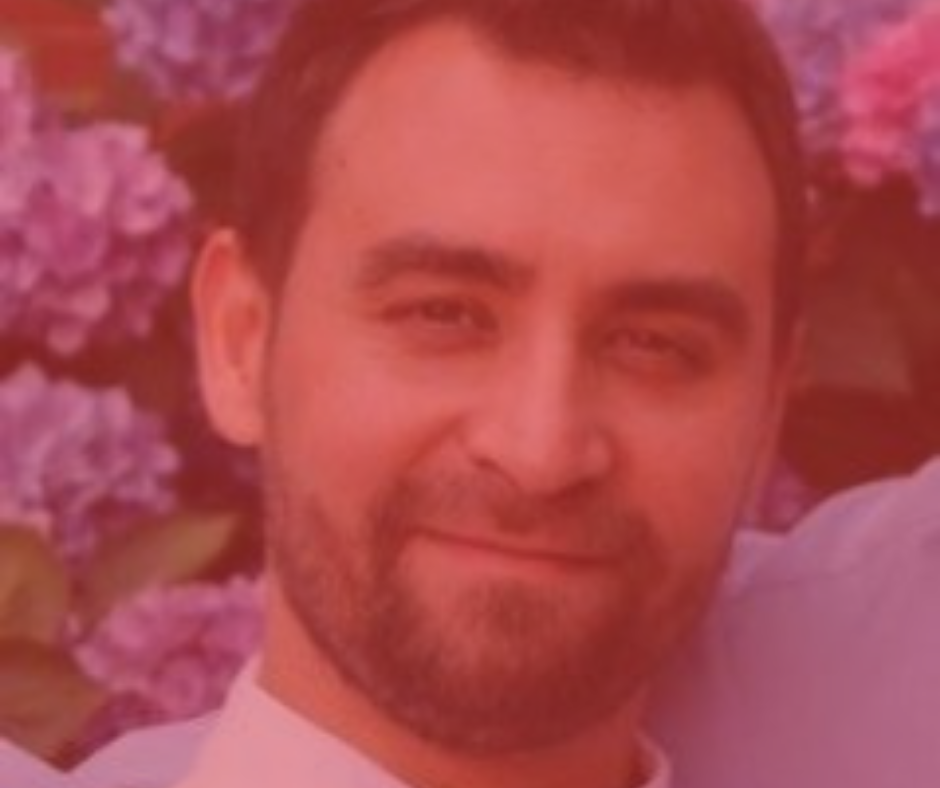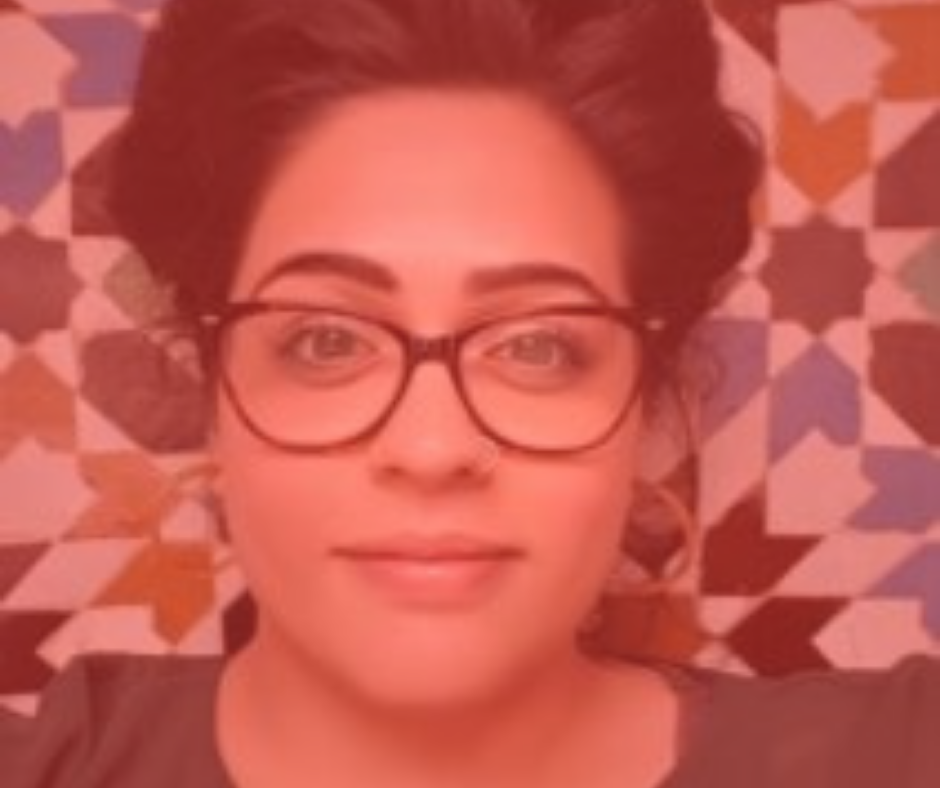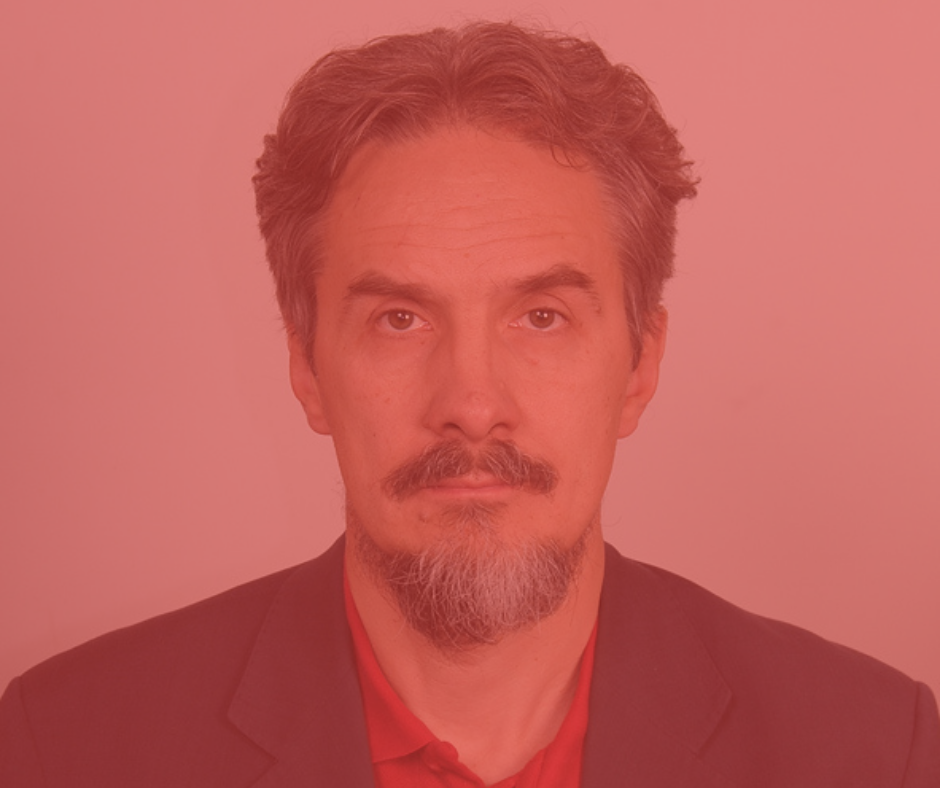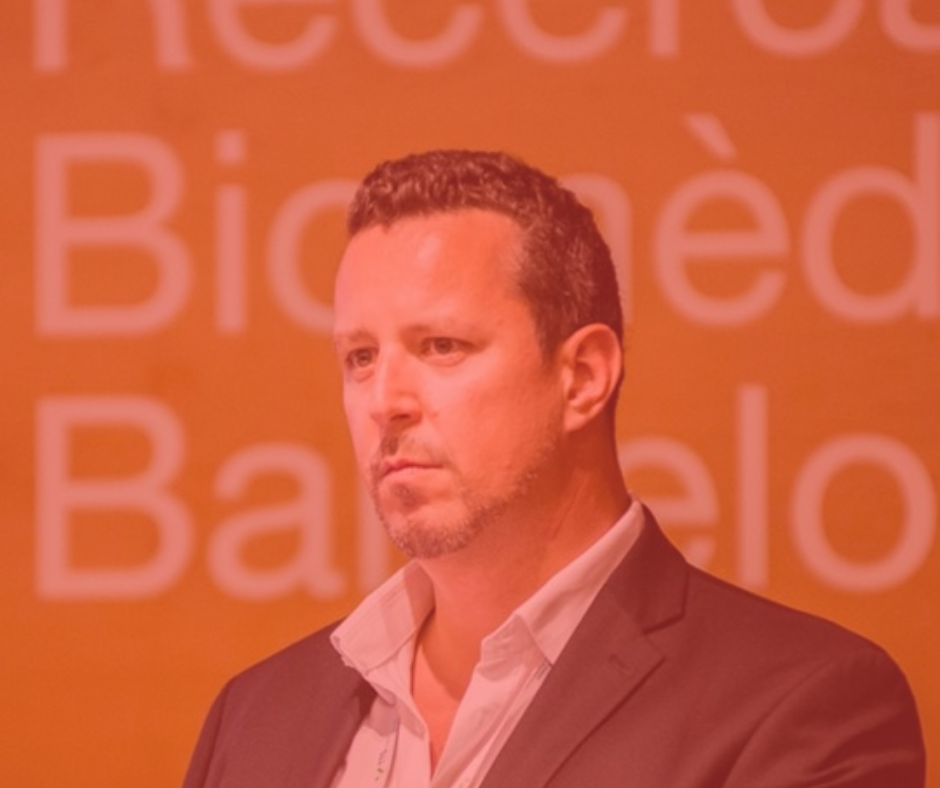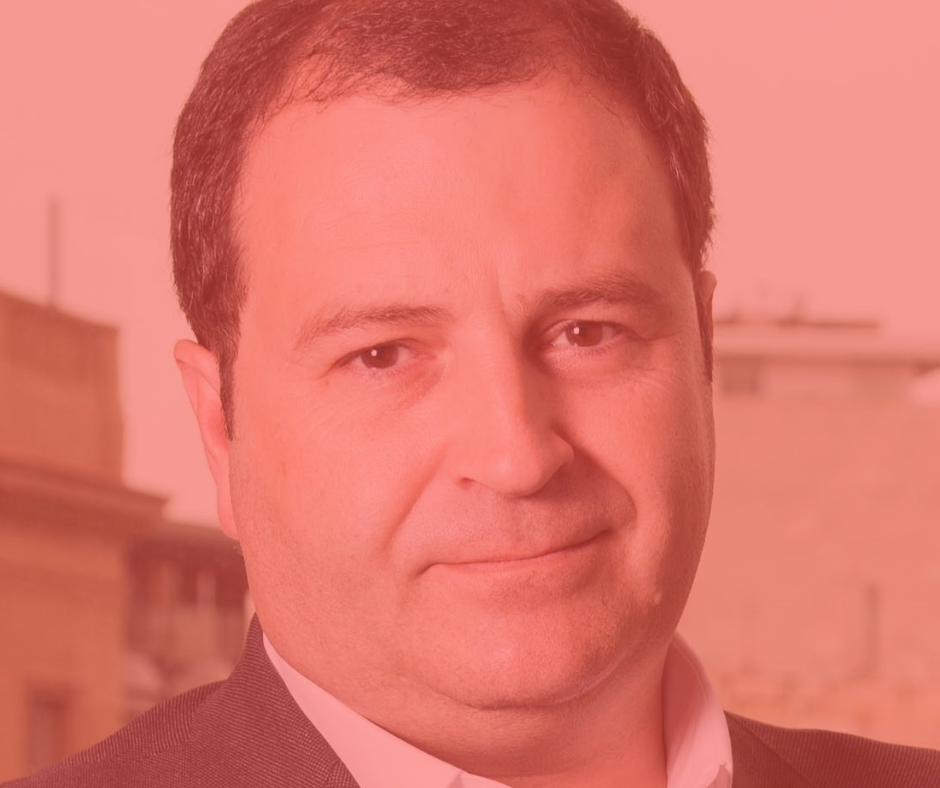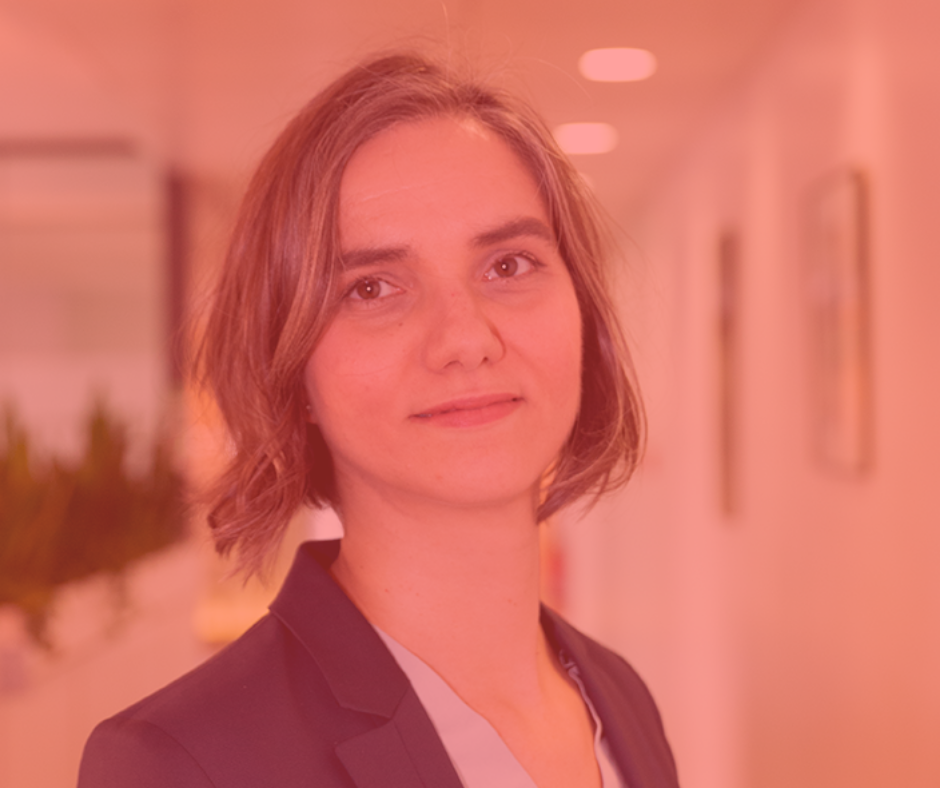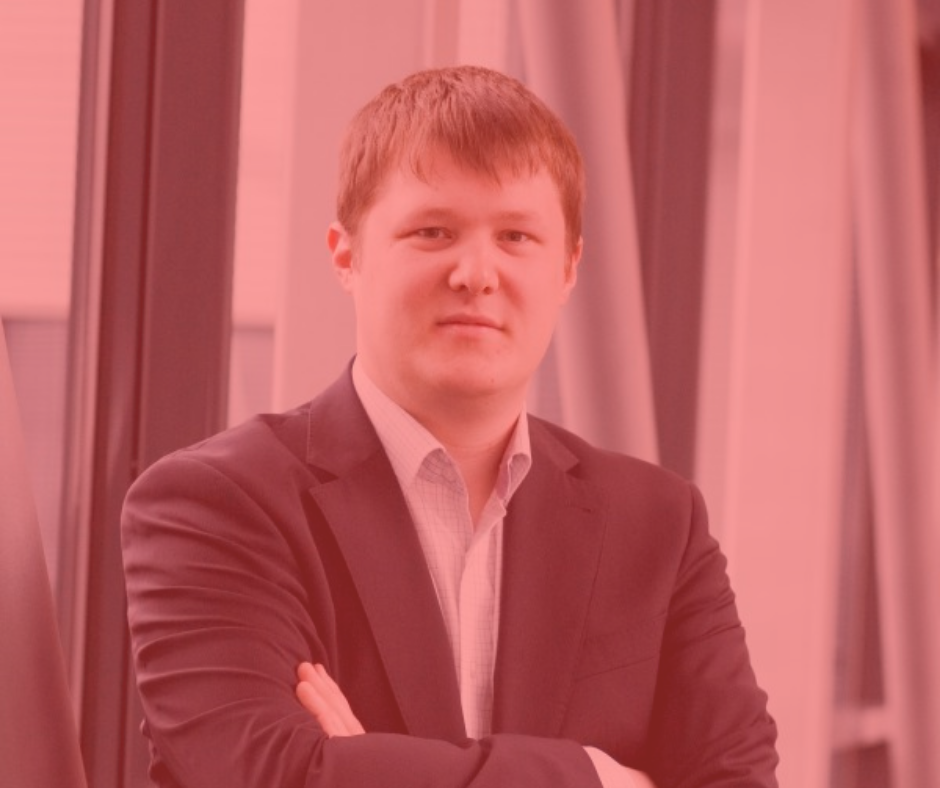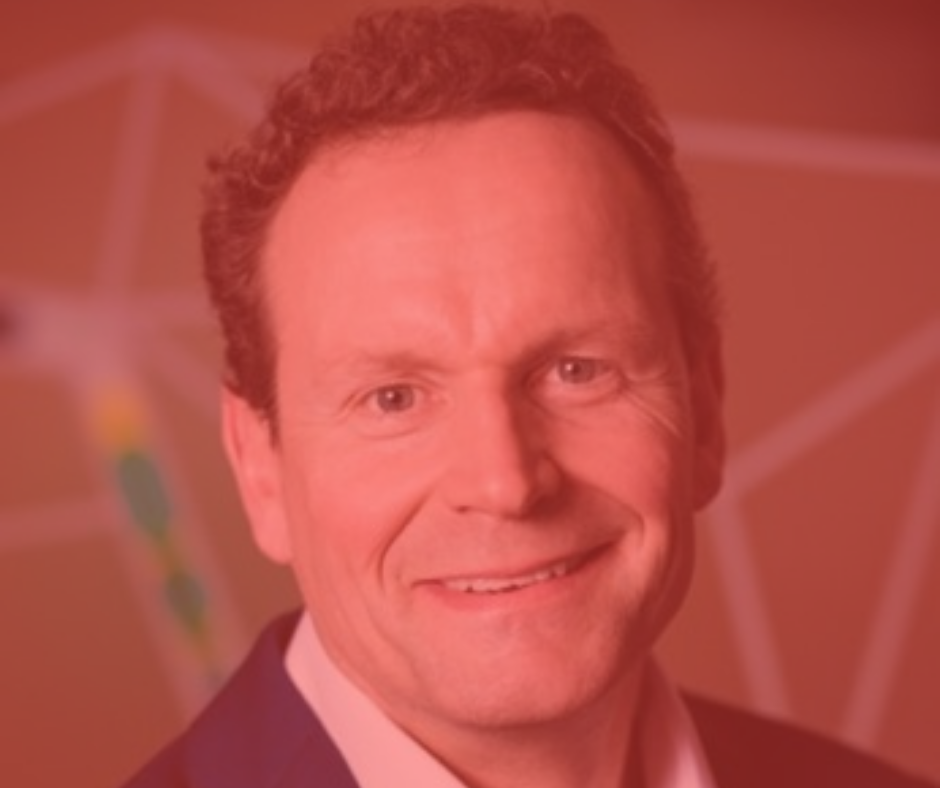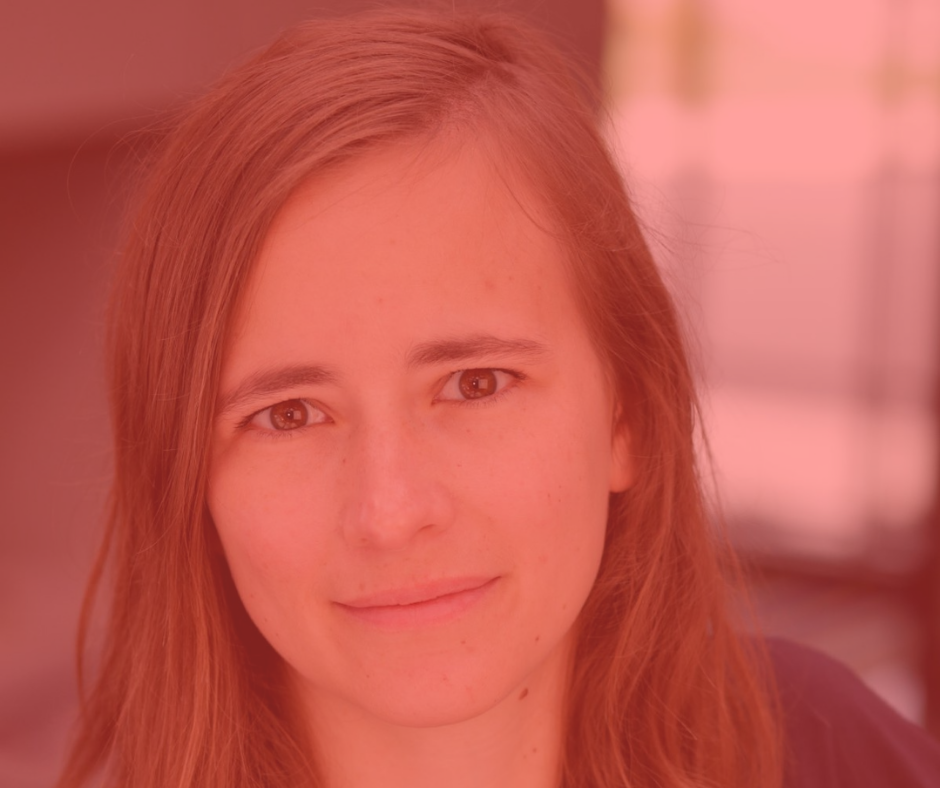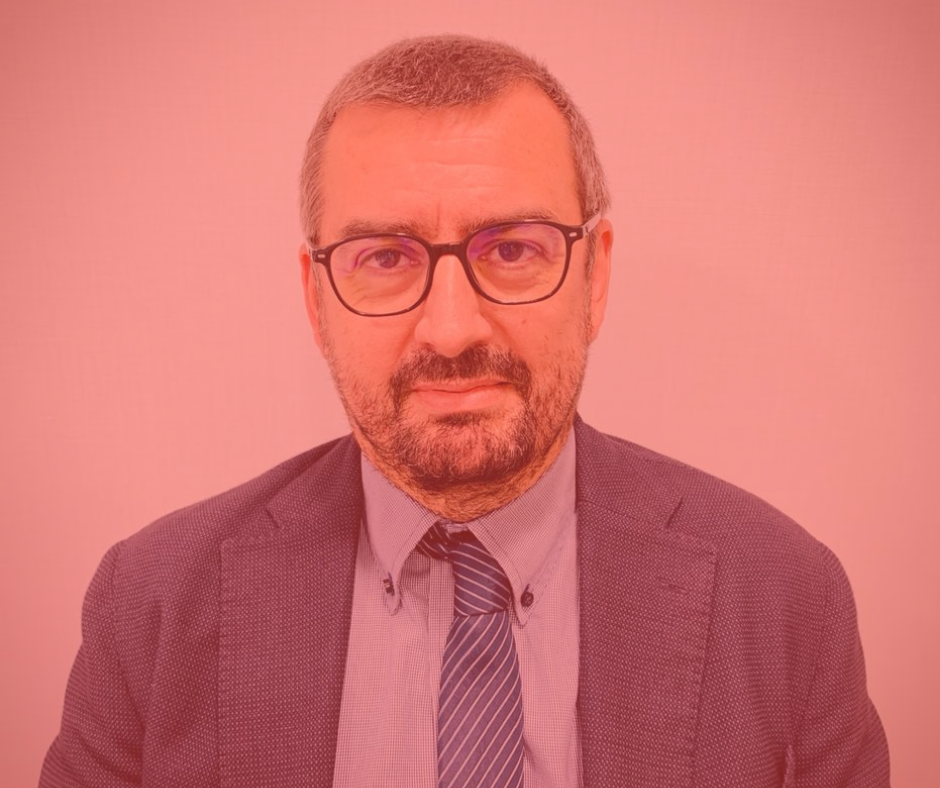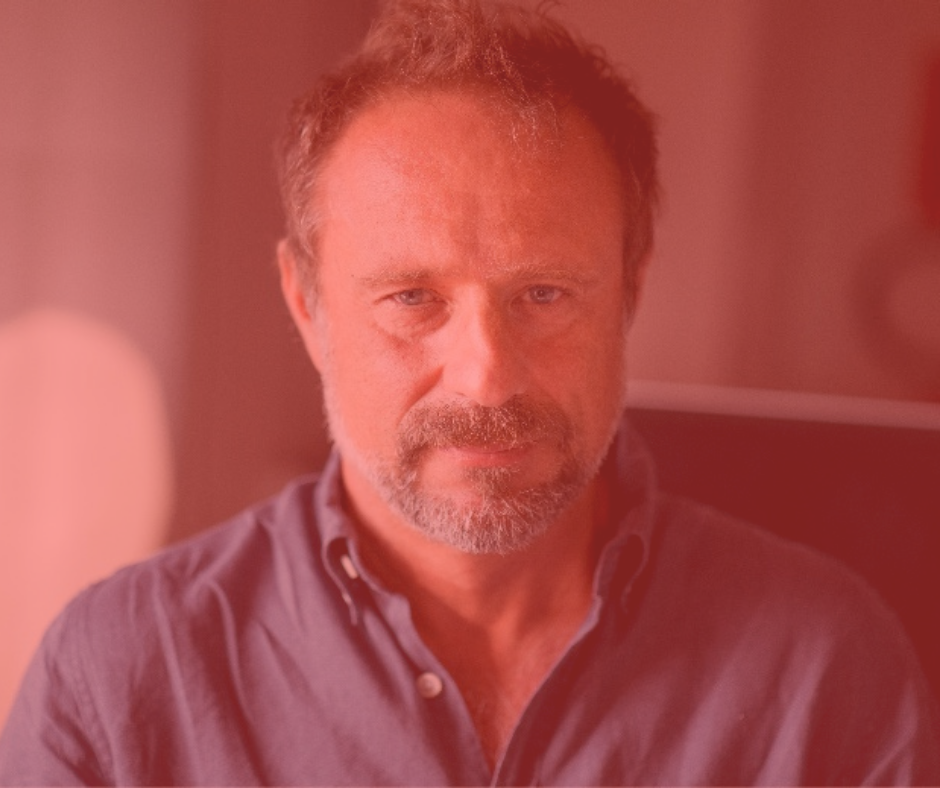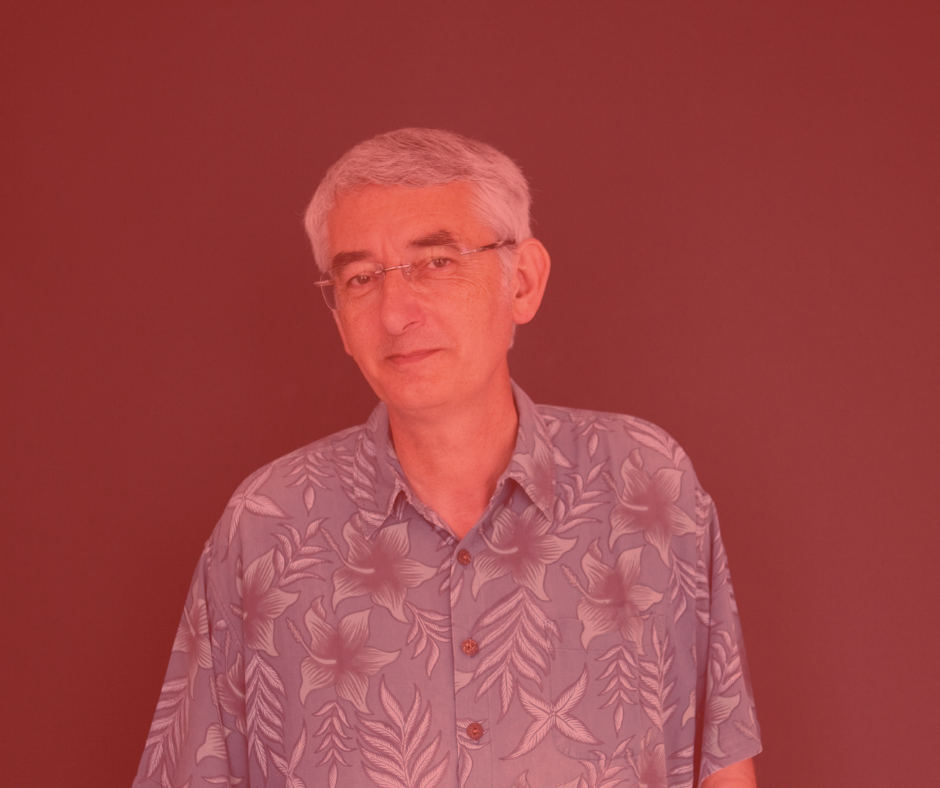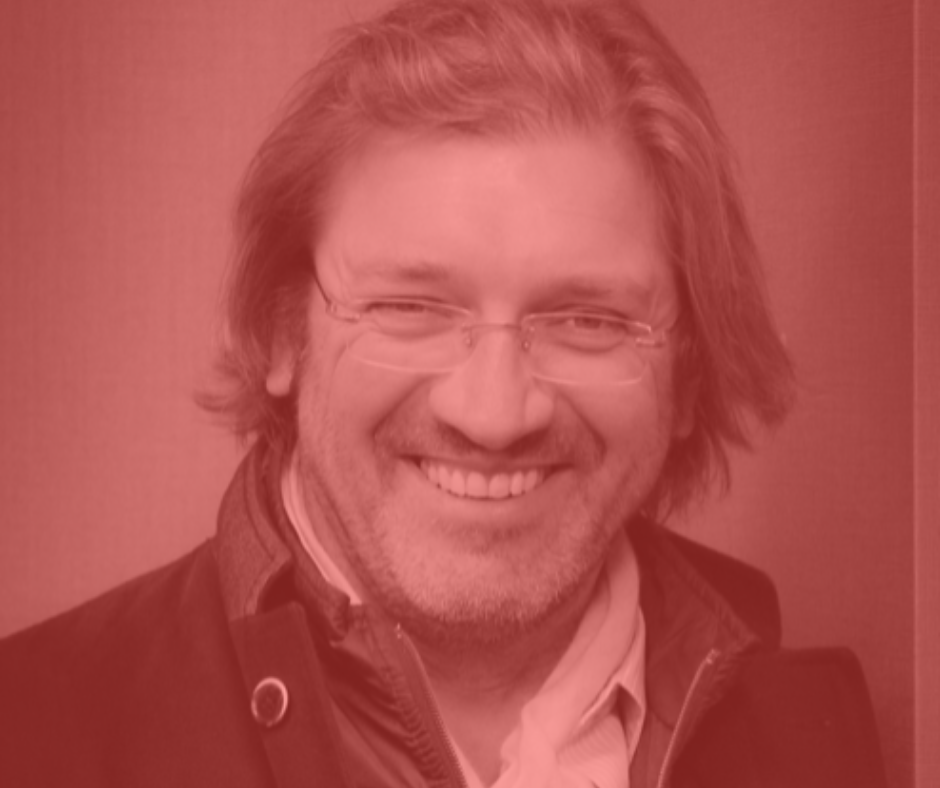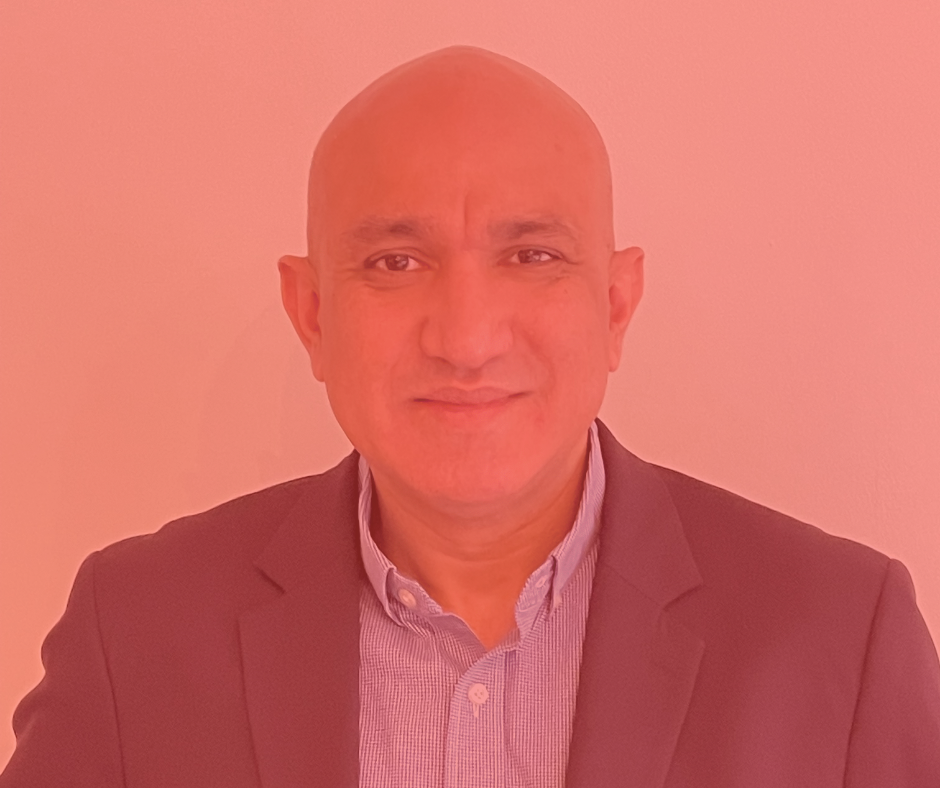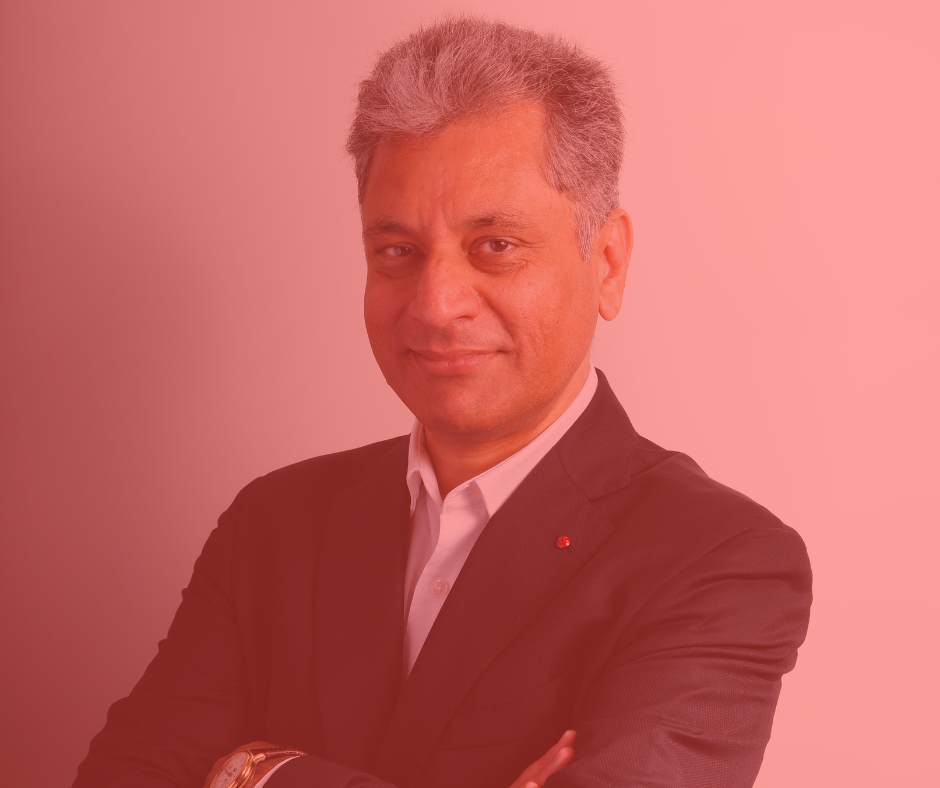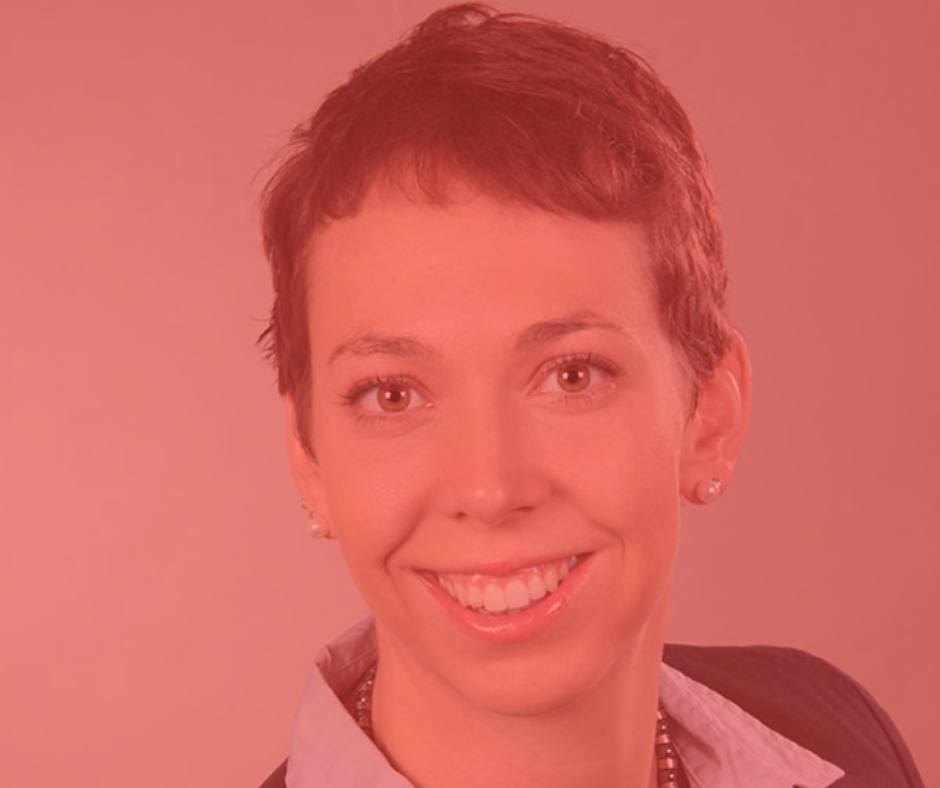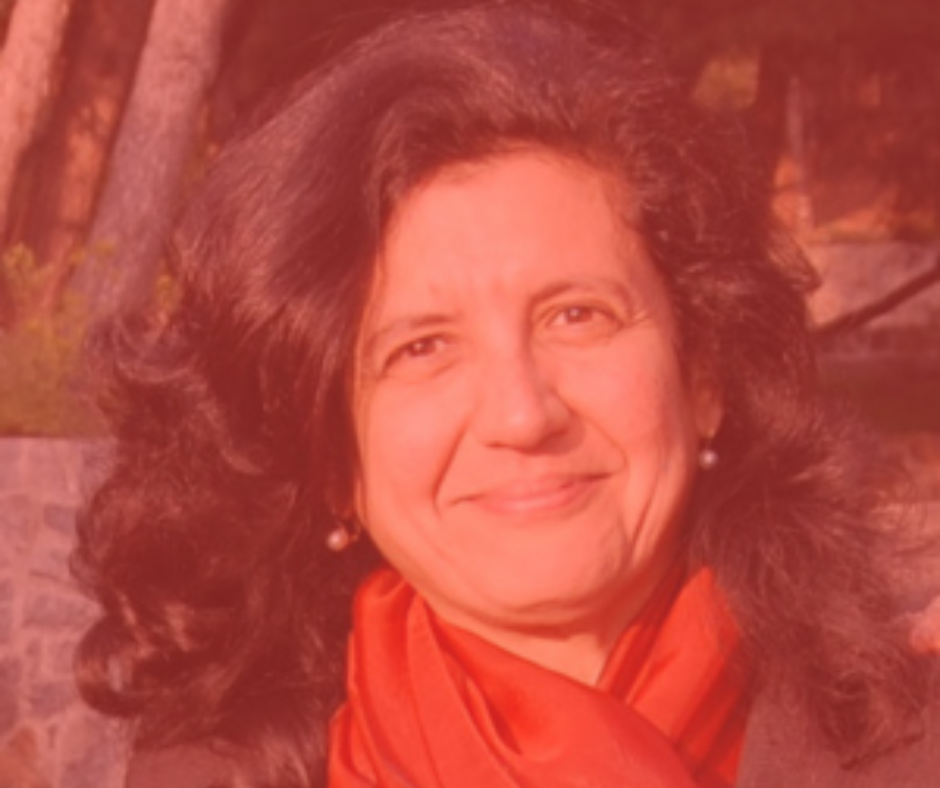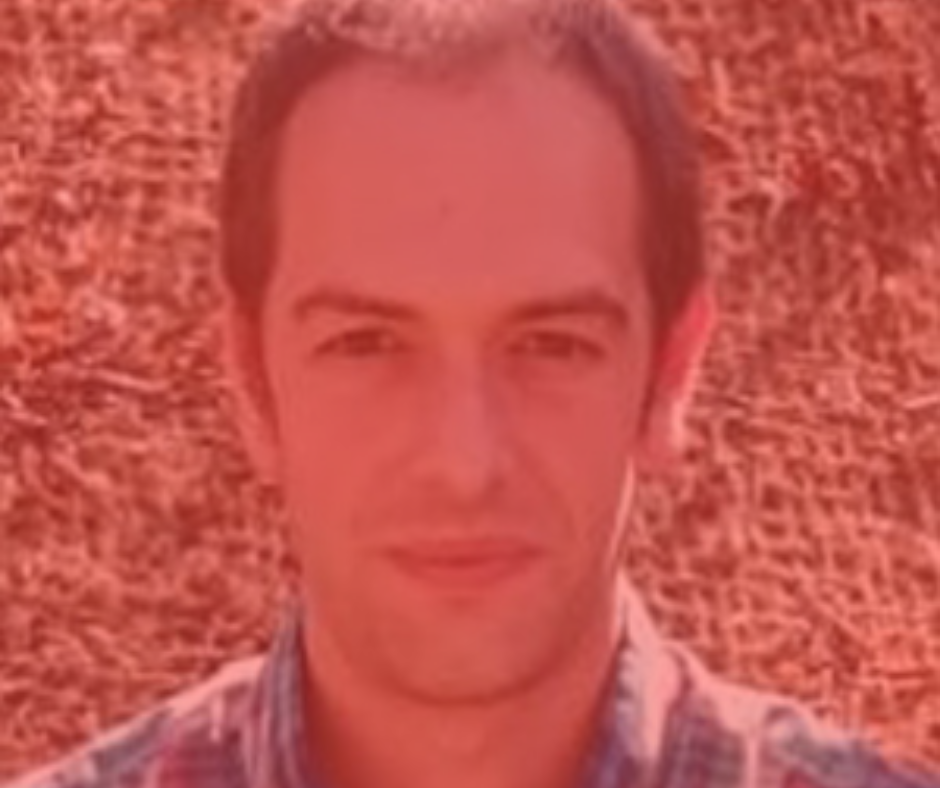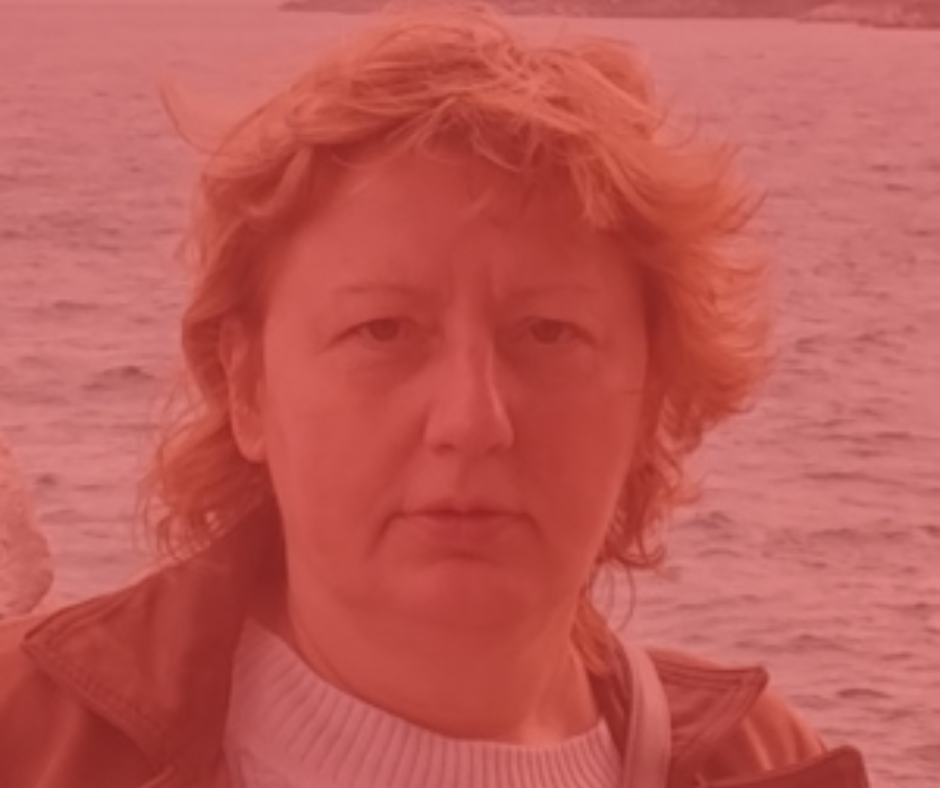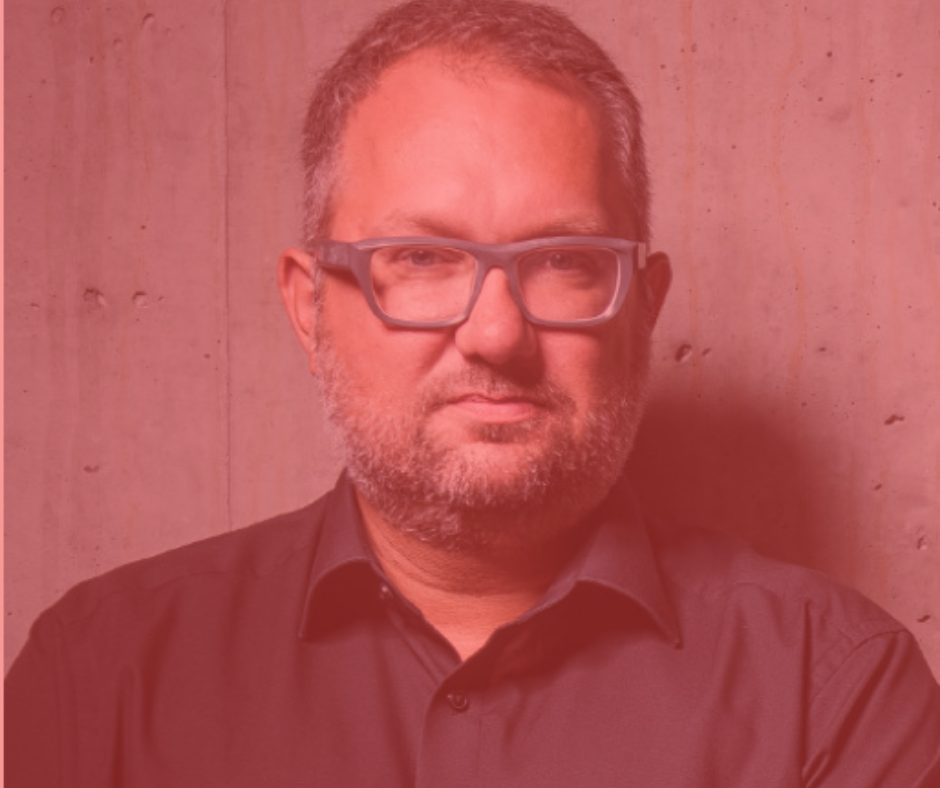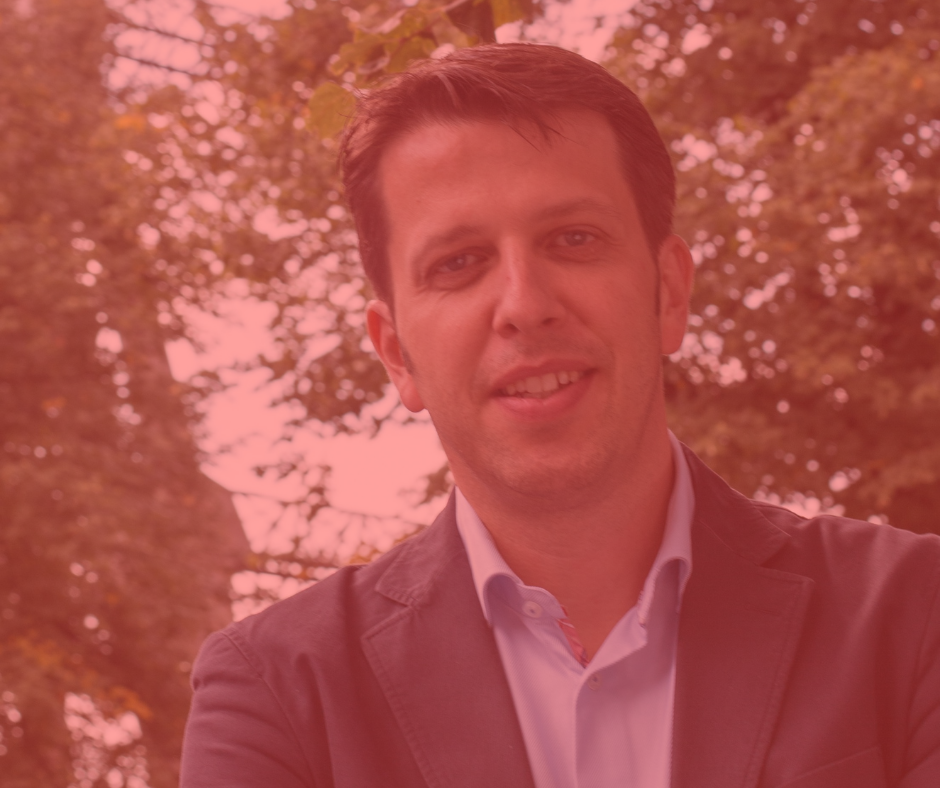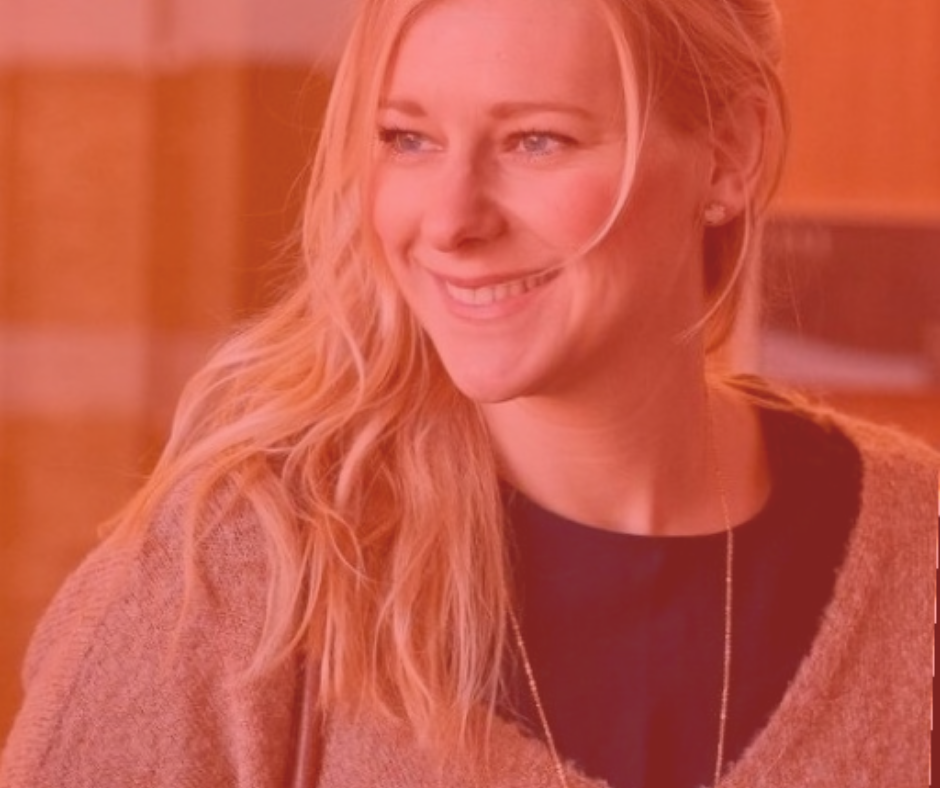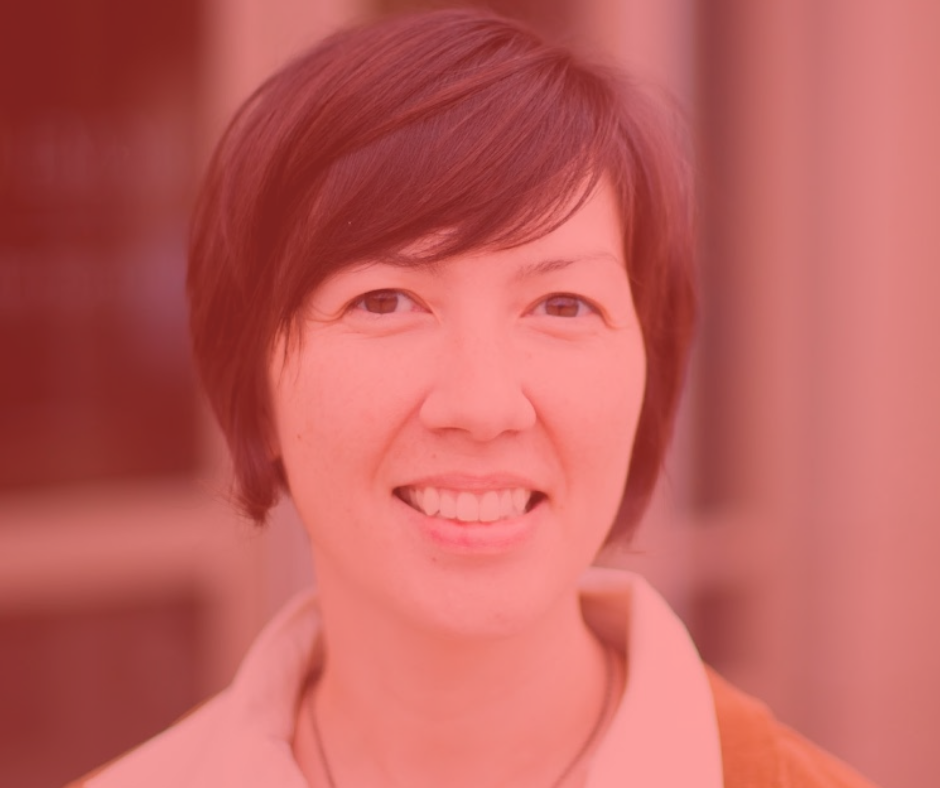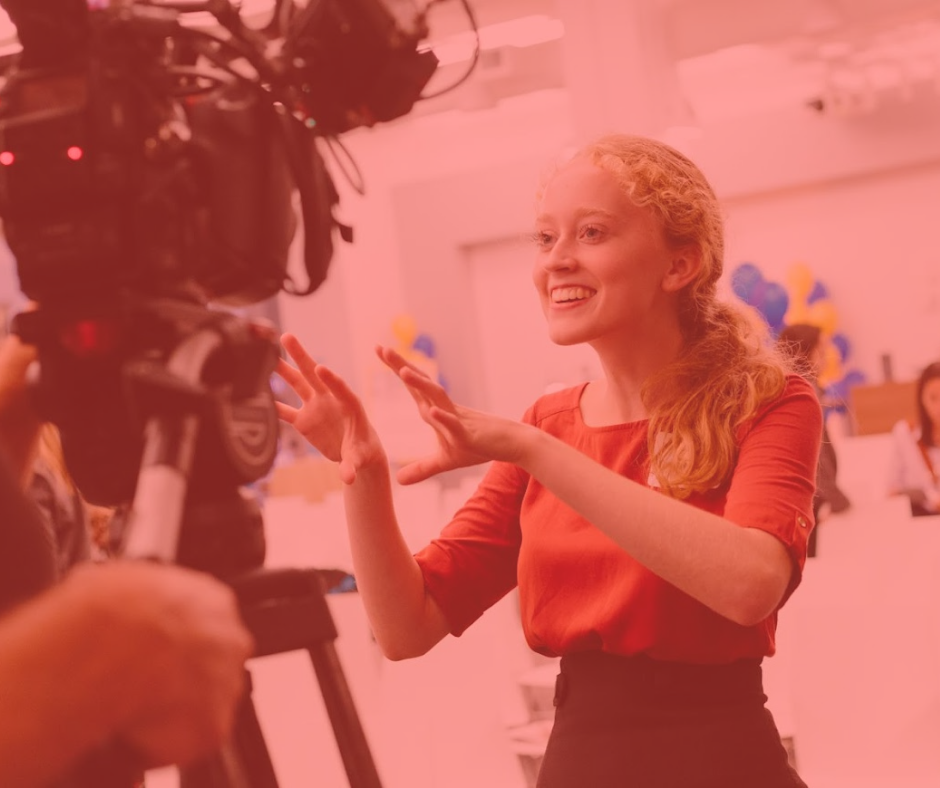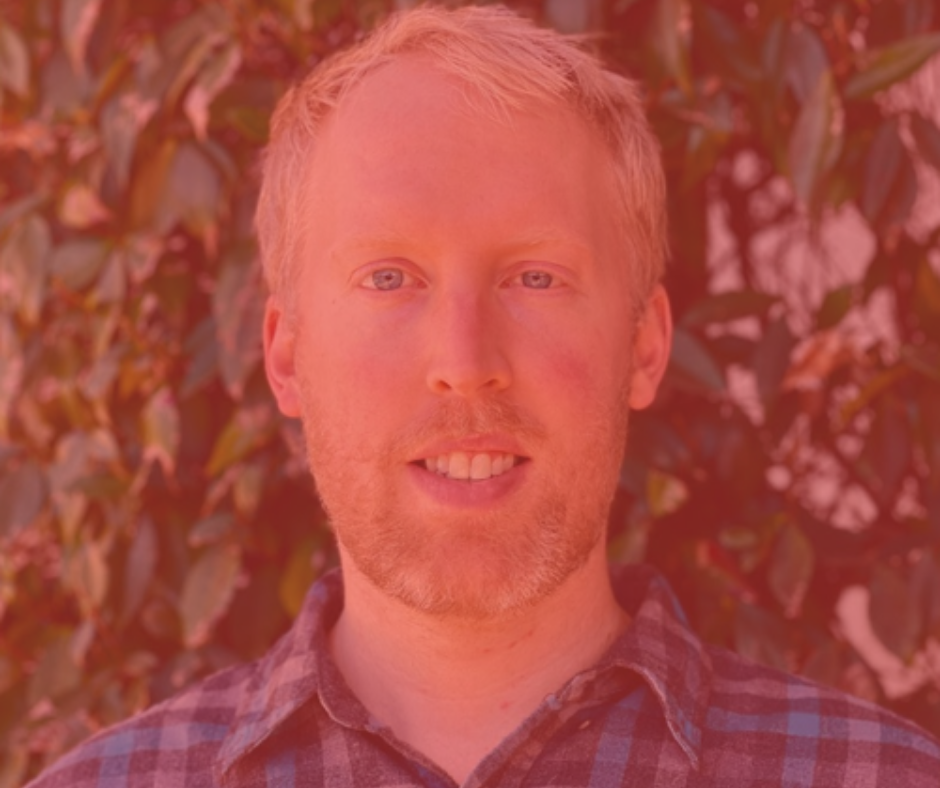The Adaptive Brain in a Fast-Evolving World
Explore the highlights of the Brain Innovation Days 2025!
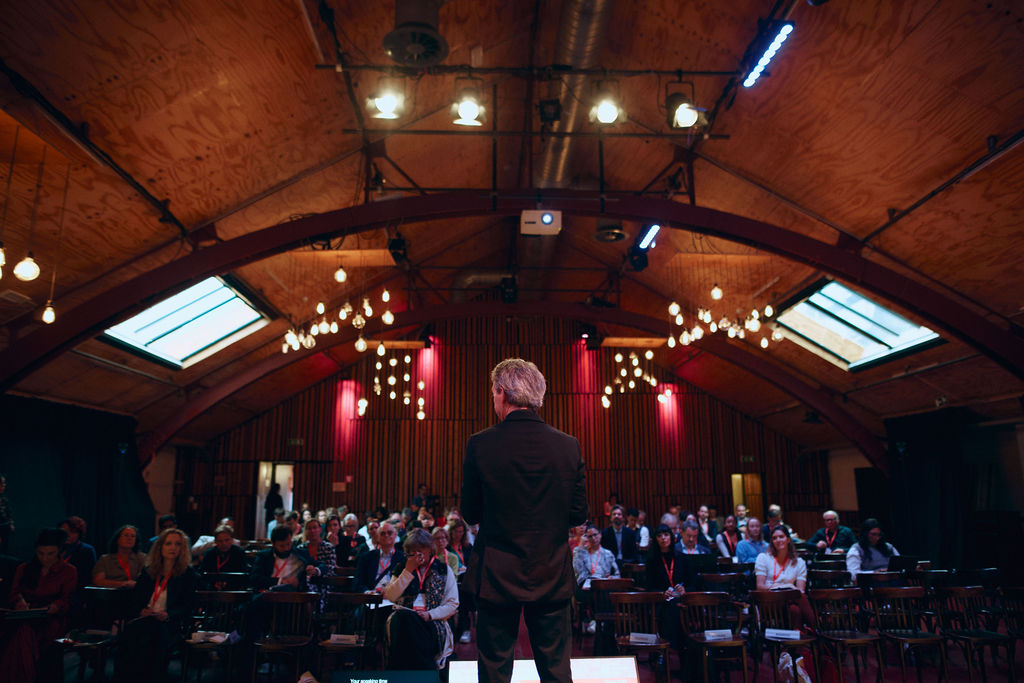
Key Highlights
The event featured over 80 speakers representing diverse stakeholder groups, from researchers and clinicians to policymakers, industry leaders, and patient advocates. The programme balanced high-level policy discussions with practical innovation showcases, insightful brain talks, informal fireside chats, and a dynamic pitch competition – creating diverse opportunities for meaningful cross-sectoral dialogue and collaboration.
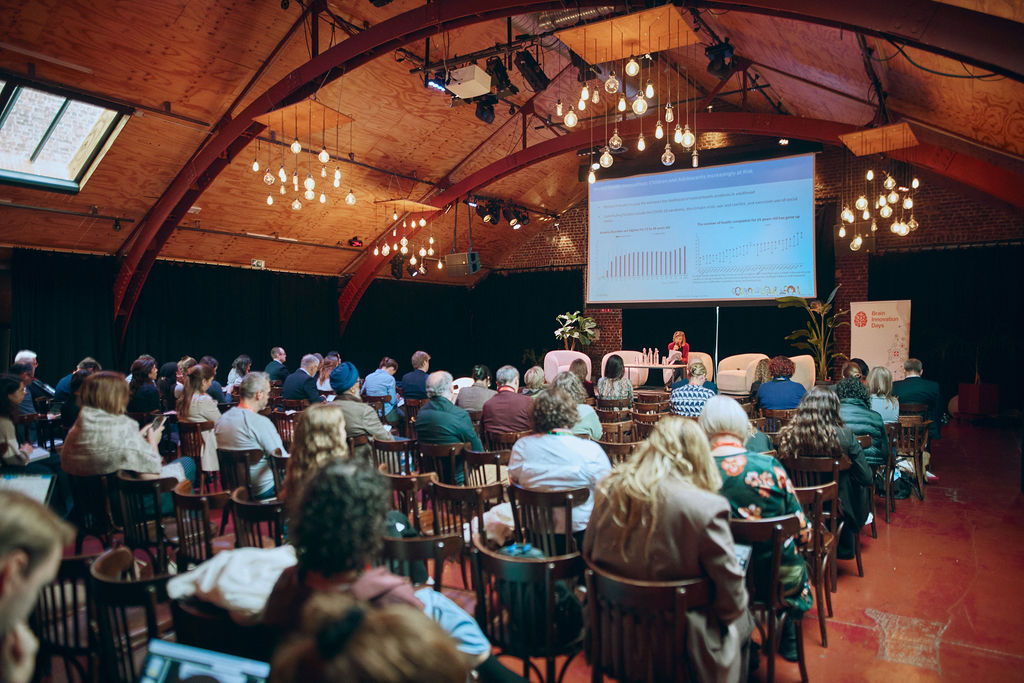
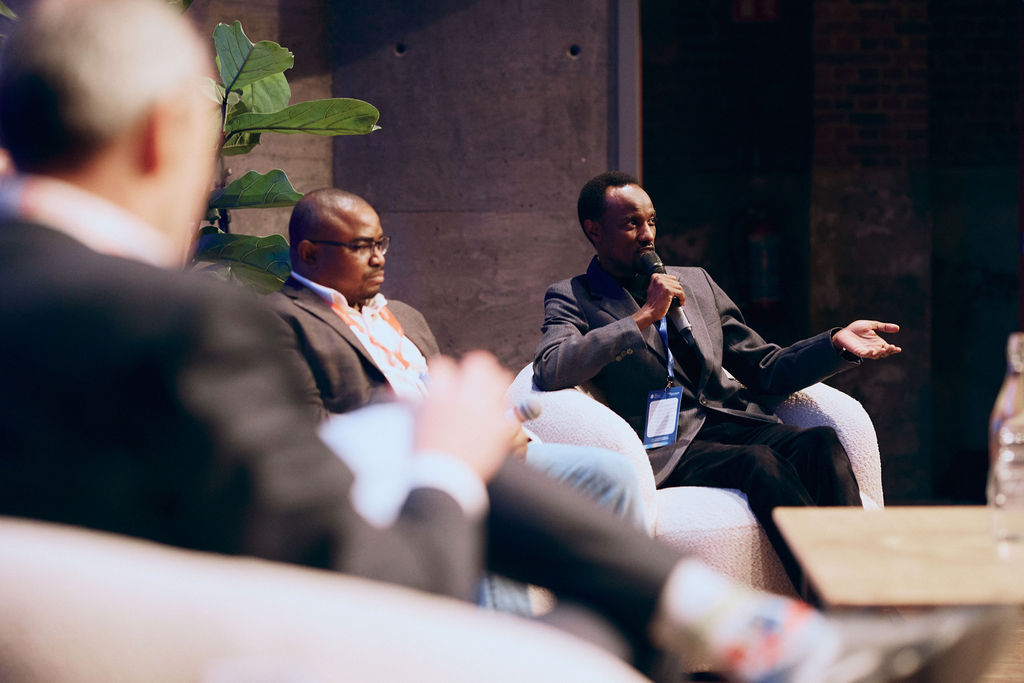
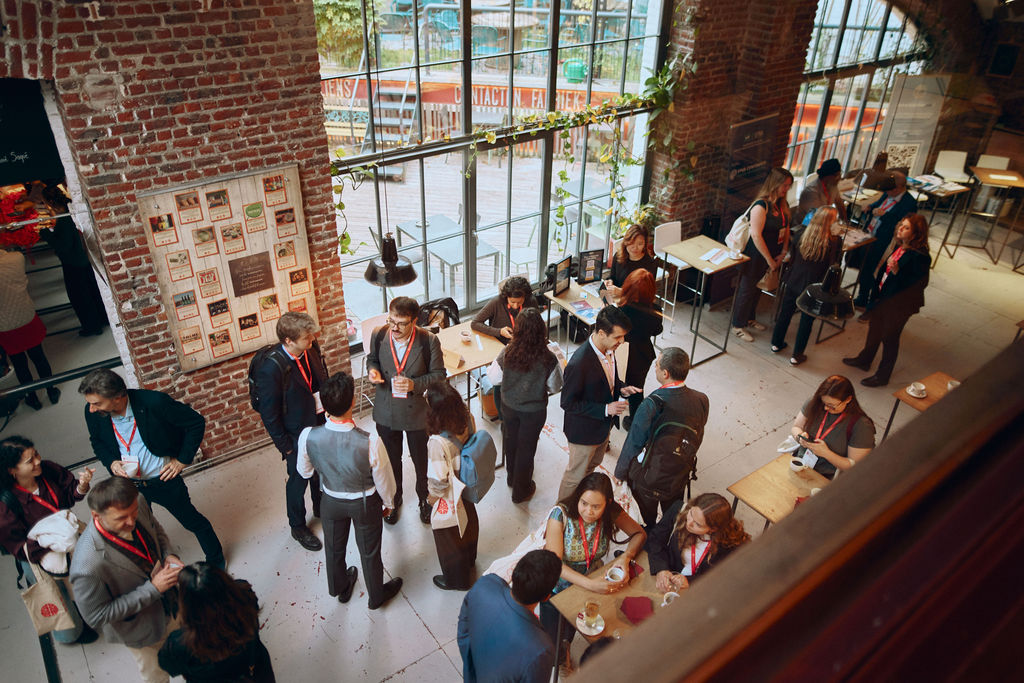
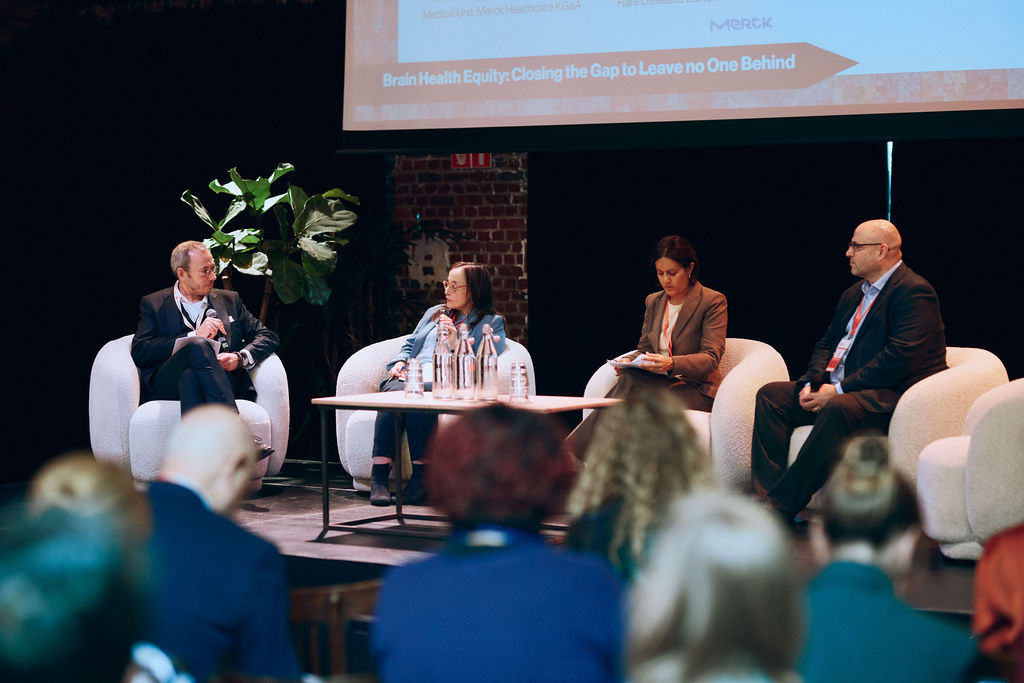
About the 5th Edition of Brain Innovation Days
The 5th edition of Brain Innovation Days opened with a Policy Opening session titled “The Brain as a Strategic Asset: Securing Europe’s Future Through Innovation and Health” at the European Parliament on October 14th, marking the official start of the event.
The 2025 edition of the Brain Innovation Days is titled ‘The Adaptive Brain in a Fast-Evolving World’. In a world where technological breakthroughs and scientific discoveries are accelerating at an unprecedented pace, we’ve chosen this theme to celebrate the remarkable capacity of our brains to adapt and thrive—reminding us that by deepening our understanding of both our brains and our rapidly changing environment, we can navigate uncertainty not with anxiety, but with confidence and purpose. The subthemes that were explored were:
Brain Research Frontiers
Showcasing how Europe can power its global leadership in brain research by integrating cutting-edge science, technologies and forward-looking policies;
Brain Health Equity
Addressing disparities in access, representation and innovation, and highlighting collaborative pathways and policy solutions that ensure that no one is left behind in research, care and digital transformation;
 Youth Culture
Youth Culture
Exploring how education and early-life experiences shape brain health in today’s interconnected world;
 Beyond Neuroscience
Beyond Neuroscience
Imagining how adopting a brain health lens can transform societies and economies, exploring future health landscapes and the economic imperative of investing in brain health for sustainable prosperity.
Brain Innovation Days 2025 Aftermovie
Strengthening Europe's Research and Innovation Landscape
The event opened with Andrea Renda, Director of Research at the Centre for European Policy Studies (CEPS), delivering a Brain Talk on how science and technology address societal needs through EU research policy. Renda examined how EU research and innovation policy can maximise the impact of research outcomes on real-world challenges, setting the stage for deeper policy discussions throughout the day.
This was followed by a high-level policy panel on the challenges of the European Research and Innovation landscape. Moderated by Frédéric Destrebecq, Executive Director of the European Brain Council, the session brought together high-level experts including Paul Rübig (EESC Rapporteur on the ERA Act), Manuel Aleixo (Cabinet Expert of Commissioner Zaharieva), Astri Arnesen (President of EFNA), and Andrea Renda (Director of Research at CEPS). The panel examined key challenges facing European R&I, including structural fragmentation between EU and national research systems, the need for funding stability and simplified frameworks and the importance of patient-centred, mission-driven research. Speakers emphasised the socio-economic benefits of strengthening Europe’s research competitiveness, with particular focus on brain health research as a model for translating innovation from lab to real-world impact.
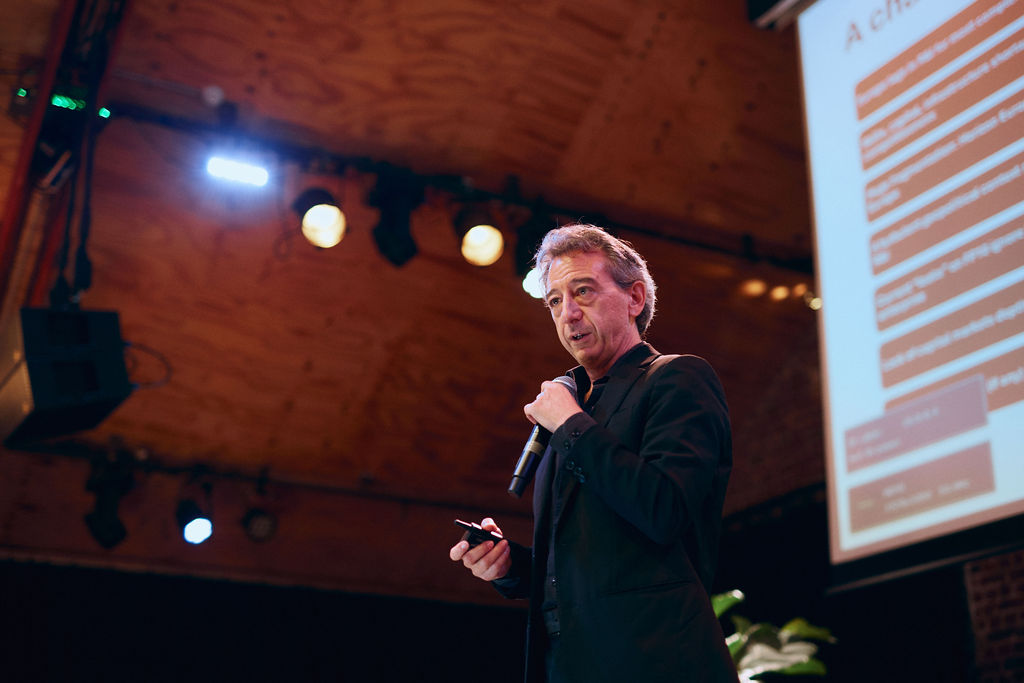
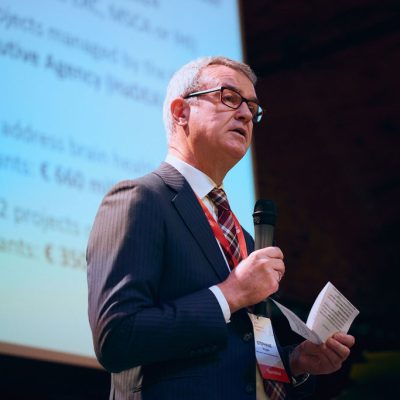
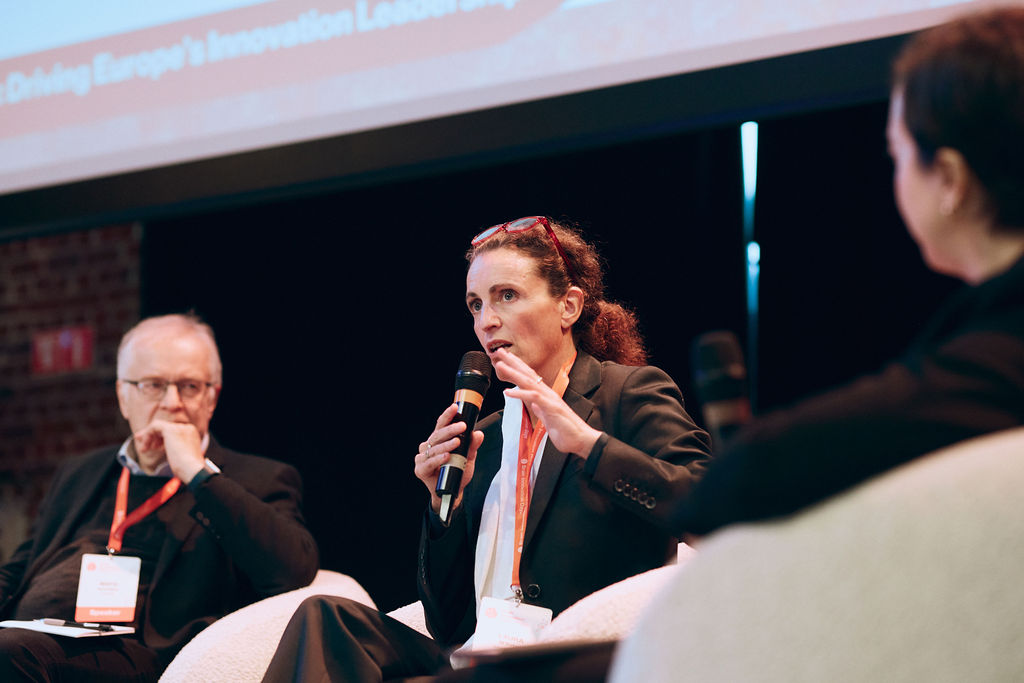
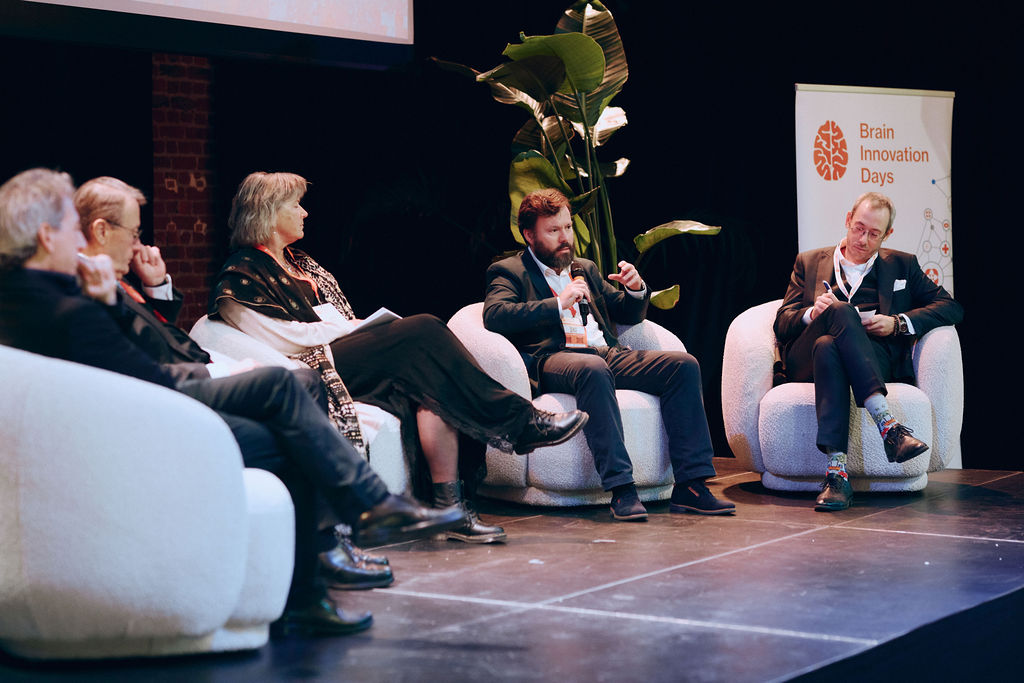
A fireside chat on powering blue-sky brain research brought together diverse perspectives on frontier neuroscience. Moderated by Andrea Soto Padilla from Amsterdam UMC, the conversation featured Risto Ilmoniemi (Coordinator of the ERC Synergy Project ConnectToBrain), Karin Roelofs (Professor of Experimental Psychopathology at the Donders Institute), and Laura M’Rabet (MT Knowledge and Innovation at EpilepsieNL’s BRAINS Research Initiative). The discussion explored what defines frontier research, the timeline between blue-sky and applied research, who should fund high-risk projects and the value of interdisciplinary collaboration. Speakers reflected on how the future promises of high-risk research can align with sustainable development and global health goals.
Stéphane Hogan, Head of Unit for Health Research at the European Health and Digital Executive Agency (HaDEA), presented a comprehensive portfolio analysis of Horizon Europe brain health collaborative research projects. With HaDEA managing €4 billion in health research investment over the first four years of the programme, Hogan shared preliminary insights on the breadth and impact of projects addressing brain health across Europe.
Addressing Equity and Access
Health equity emerged as a central theme throughout the event. Romina Boarini, Director of the Centre for Well-being, Inclusion, Sustainability and Equal Opportunity at OECD, delivered a Brain Talk exploring health disparities across the EU, sharing best practices and promoting collaborative policies to achieve greater health equity across all Member States.
A conversation on why representation matters in brain health and brain research, moderated by Francesca Cirulli (Chair of ALBA Network), featured Silvia Hernandez-Duran (Founder of the Diversity in European Neurosurgery Committee at the European Association of Neurosurgical Societies (EANS)) and a video presentation by Aikaterini Fotopoulou (Founder of the Centre for Equality Research in Brain Sciences at University College London (UCL)). The discussion examined how inclusive and representative current brain research and clinical practice truly are, the most significant challenges to achieving greater inclusivity and the concrete actions being taken to foster diversity. Speakers highlighted how diversity in research design generates more meaningful evidence and improves patient counselling and connection.
The platinum panel discussion on advancing adaptive pathways and real-world evidence for orphan drugs, sponsored by Merck Healthcare, tackled critical challenges in rare disease treatment access. Moderated by Frédéric Destrebecq, the session brought together Rosa Castro (Public Affairs Director at EURORDIS), Christina Kyriakopoulou (Senior Scientific Officer at DG Research & Innovation of the European Commission), and Alexander Kulla (Global Head of Neurology & Immunology at Merck Healthcare). The panel explored how adaptive pathways and real-world evidence, including patient-experienced data, can be more effectively integrated into policy frameworks to improve access to innovative treatments for rare brain disorders. Discussions addressed the integration of adaptive pathways into standard value assessment, expanding the role of real-world evidence, increasing resources and incentives for orphan drugs, and strengthening cross-border collaboration through European Reference Networks.
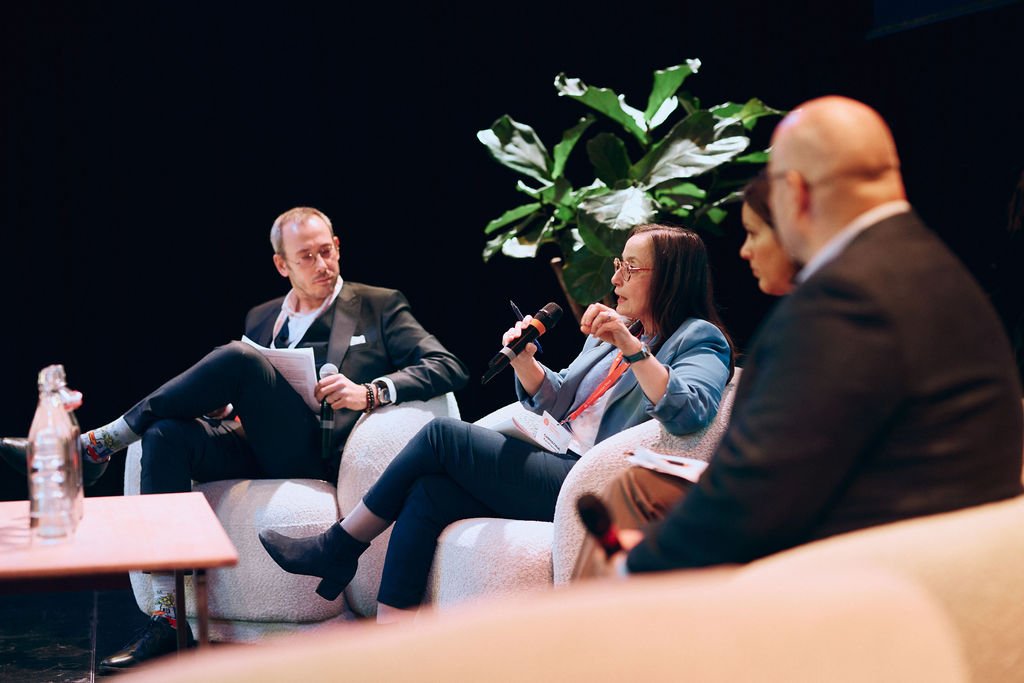
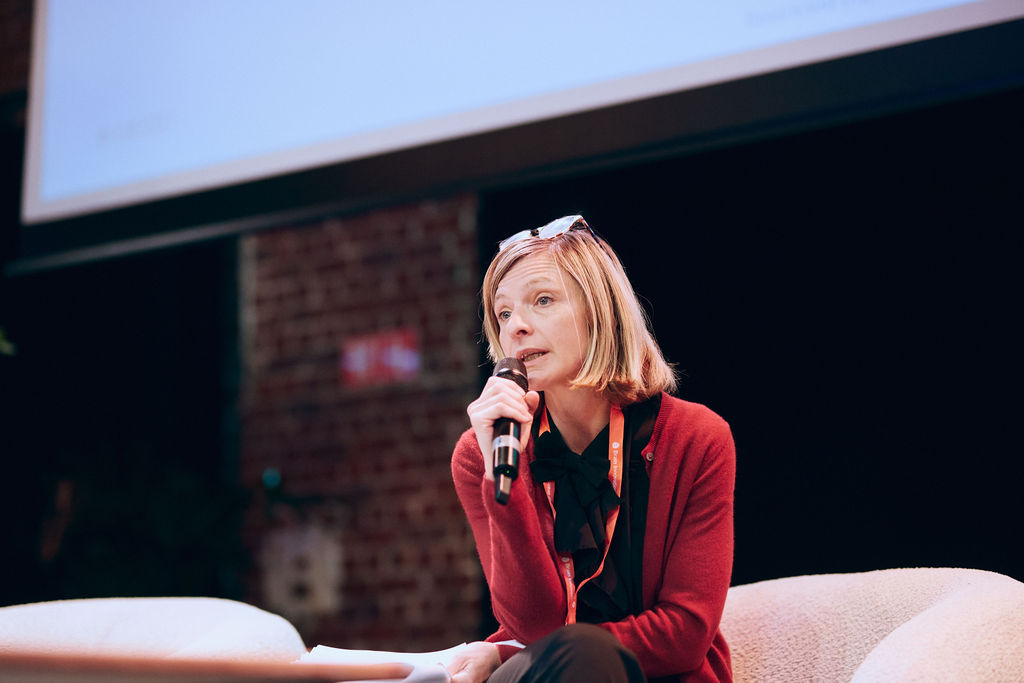
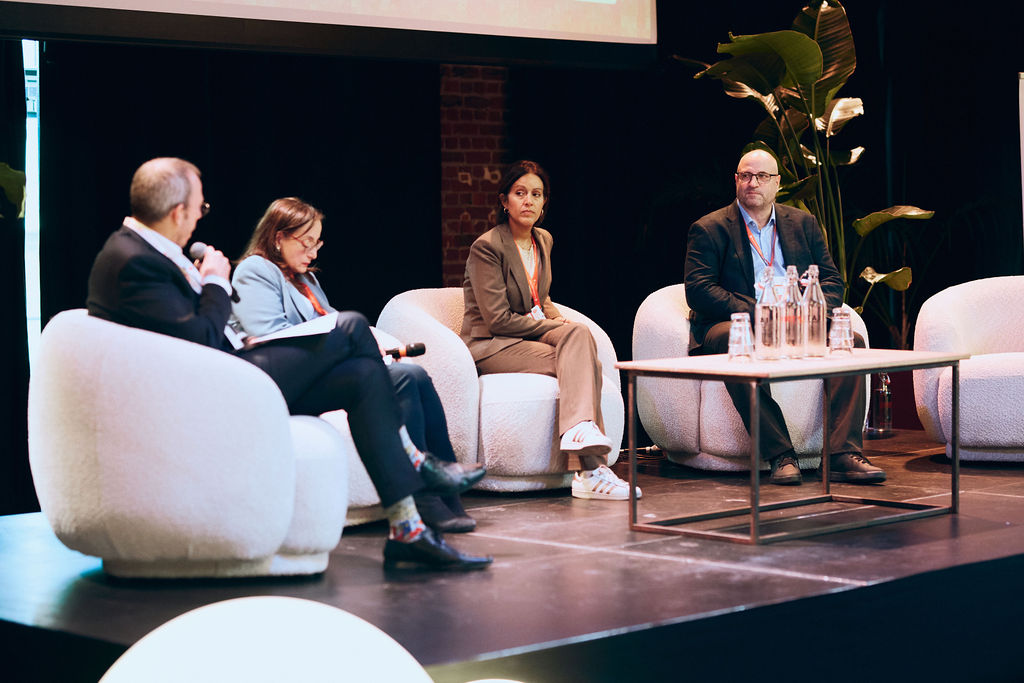
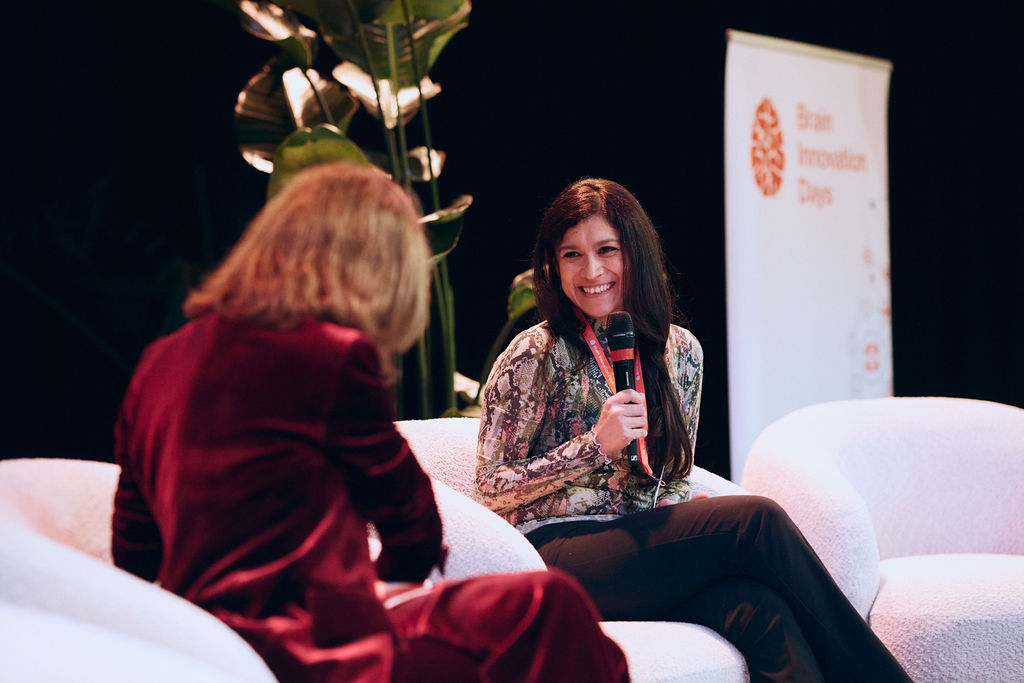
Youth, Development, and Mental Health in the Digital Age
A compelling focus throughout the event was on how early experiences shape lifelong brain health. Eleonora Meleti, Member of the European Parliament from the Group of the European People’s Party, delivered a policy Brain Talk analysing the impact of social media on mental health and discussing evidence-based strategies to mitigate negative effects and support psychological well-being in the digital age.
Antonia Hamilton, Professor and Leader of the Social Neuroscience group at the Institute of Cognitive Neuroscience at UCL, presented on how young brains interact with the world. Her talk deepened understanding of how young brains engage with their environment, investigating the role of early experiences and social interactions in shaping cognitive and emotional development.
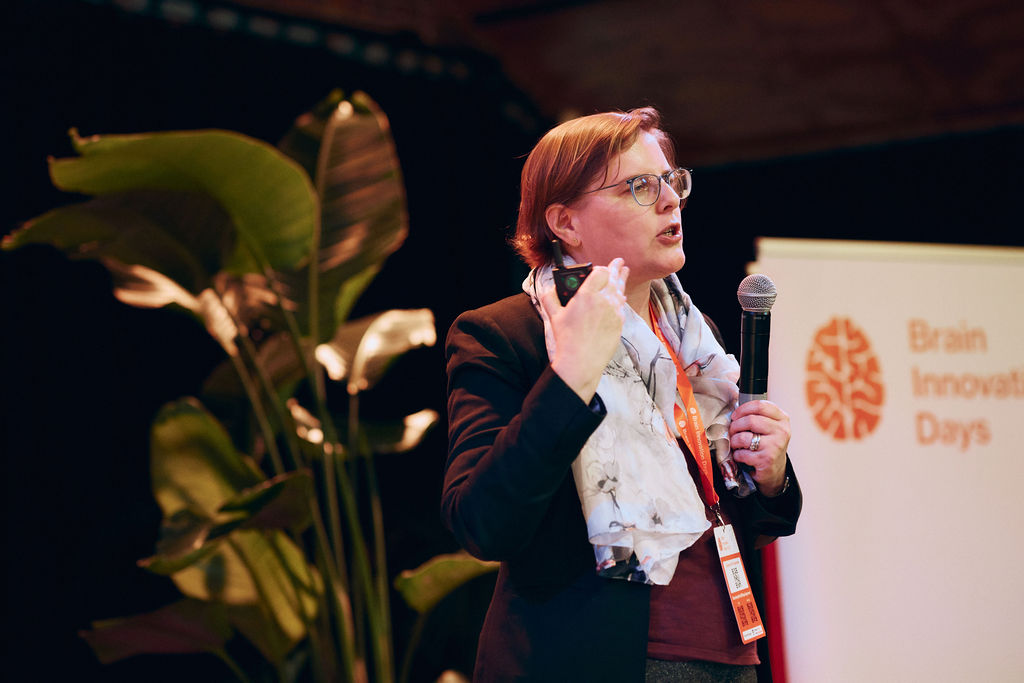
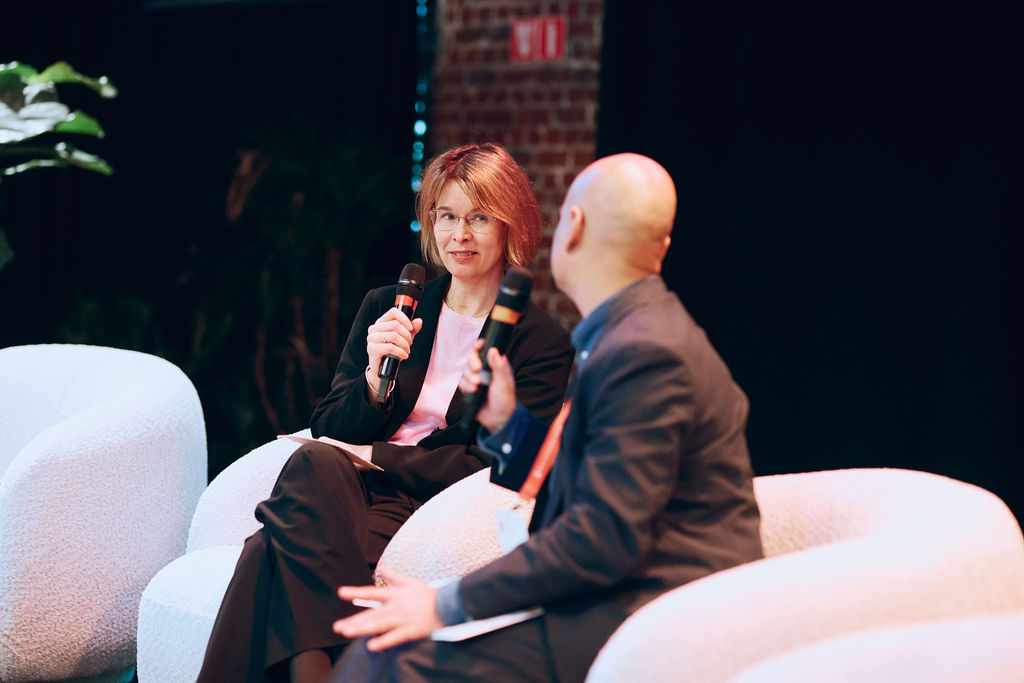
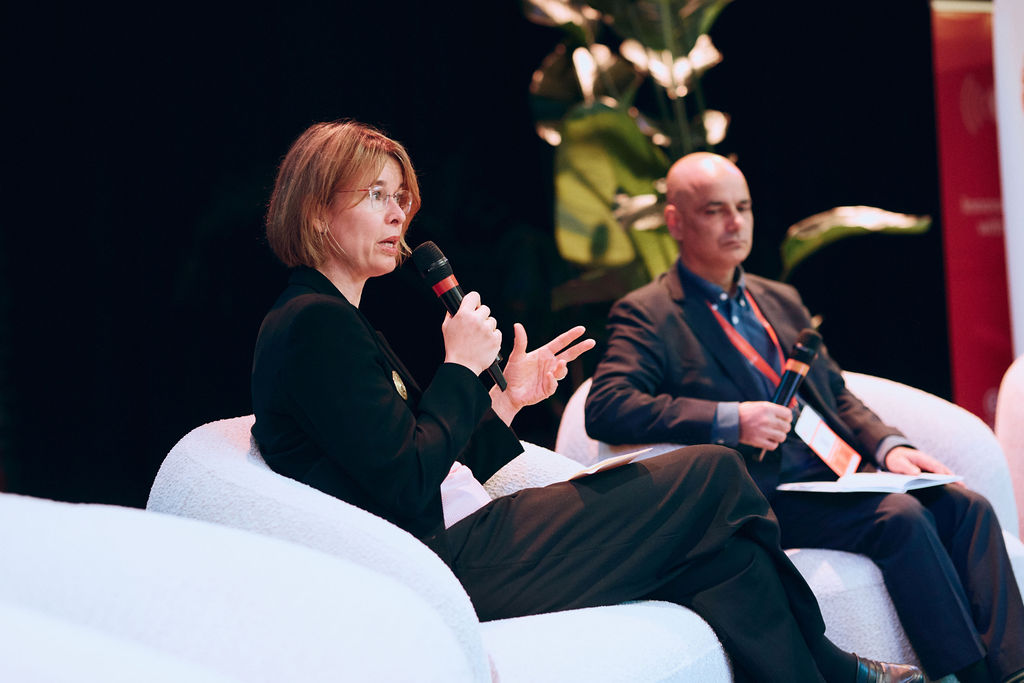
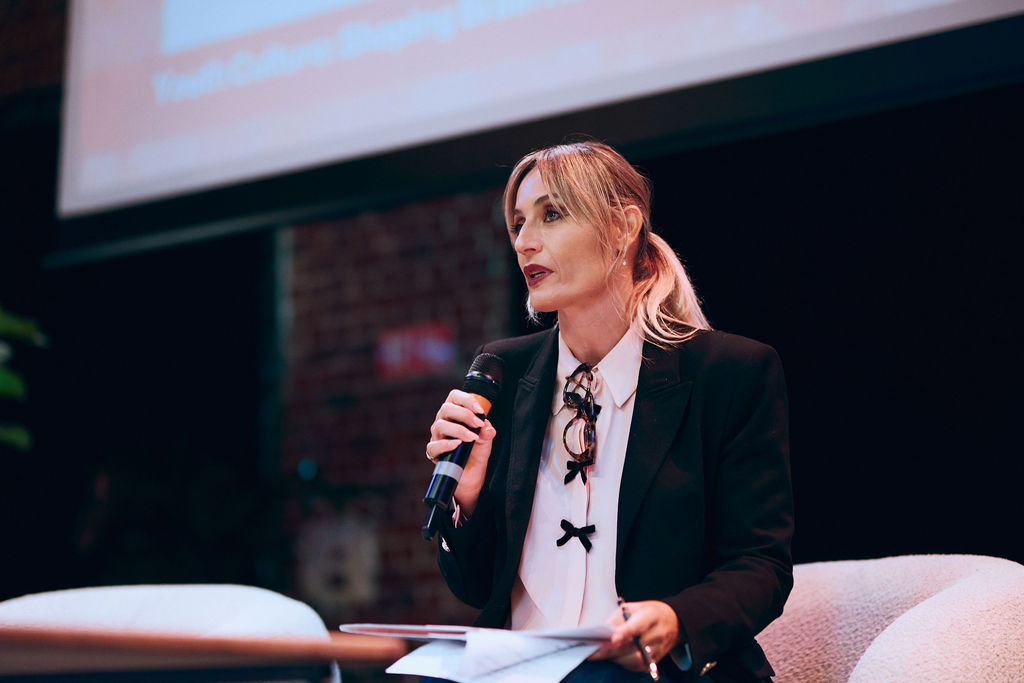
A fireside chat on educational neuroscience and brain development featured Jana Midelfart-Hoff (Treasurer of the European Academy of Neurology) and Sameer Zuberi (Past-President of the European Paediatric Neurology Society (EPNS) and Vice-President of EBC). The conversation explored existing barriers to effective multidisciplinary work between neuroscience, psychology, and education, strategies for co-designing evidence-based interventions practical for real-world classrooms, and how regulatory frameworks can better support integration of evidence-based practices in school curricula.
Another fireside chat examined enhancing neurodevelopment during the vital first 1000 days. Moderated by Sameer Zuberi, the discussion brought together Isabel Schuurmans (Postdoctoral Research Fellow at Erasmus Medical Centre), Maria Aburto (Senior Lecturer and Group Leader at University College Cork), and Harvey Karp (Fellow of the American Academy of Paediatrics and Co-Founder & CEO of Happiest Baby). Speakers discussed the most critical social and environmental factors shaping neurodevelopment, how parental experiences and caregiving behaviours shape infant brain development, the role of early nutrition and the gut microbiome, and the extent to which early environmental factors drive epigenetic modifications that may enhance risk of developing psychiatric and neurological conditions.
Envisioning Future Health Landscapes
Adela Bisak, Advisor & Futurist at the Copenhagen Institute for Futures Studies, delivered a thought-provoking Brain Talk on the future health landscape. Bisak explored futures studies methodology and how we imagine futures differently when it comes to technology compared to societal change, particularly examining what happens when ethical regulations don’t follow technological advancements quickly enough. Her talk emphasised how this can affect vulnerable populations, youth, and mental health, arguing for a greater focus on the holistic picture of mental wellbeing and the societal elements of innovation.
BrainTalks Podcast Live Recording
For the first time, Brain Innovation Days featured a live recording of its BrainTalks podcast series on stage. Host Sam Pauly moderated a panel discussion on exposomes and brain health, featuring Geert Dom (Past President and Member of the Task Force on Urbanisation & Mental Health at the European Psychiatric Association (EPA)), Bart Depreitere (Chair of the Section of Neurotrauma and Critical Care at EANS), and Silke Matura (Shell Member of the Nutrition Network at the European College of Neuropsychopharmacology (ECNP)). The panel examined which components of the exposome are most critical in influencing brain health, what current research suggests about long-term impacts of these exposures, and how urban environments that heighten exposure to risk factors like pollution, noise, and stress can be addressed through policy and urban planning.
The Economic Imperative of Brain Health
Sessions sponsored by AbbVie powerfully illustrated the economic case for brain health investment. Bjoern Fritz, Therapeutic Area Head for International Neuroscience at AbbVie, delivered a Brain Talk on unlocking solutions and bridging the EU treatment divide for people with migraine. The talk focused on practical and collaborative approaches to support more equitable access for those living with migraine, addressing how to streamline patient pathways and ensure patients reach treatment at the right time.
This was followed by a panel discussion on building a brain health economy and examining the cost of inaction. Moderated by Lisa Burke, the session featured Liane Ong (Senior Research Scientist at the Institute for Health Metrics and Evaluation), Nick Fahy (Director of the Health and Care Research Group at RAND Europe), and Davide Lovera (Health Economics Researcher at WifOR Institute). Speakers presented compelling data showing that migraines alone cost EU Member States between 1-2% of GDP. The discussion reframed health not as a burden on the European economy but as a crucial contributor, highlighting how brain disorders impact not only patients but also caregivers, thereby increasing the burden on productivity. Speakers emphasized that innovative therapies for brain disorders have significant potential that was previously minimized due to perceived hopelessness, but targeted investment would now significantly improve both quality of life and the sustainability of EU health systems.
Angelini Pharma sponsored a gold Brain Talk by Agnese Cattaneo, Chief Medical Officer at Angelini Pharma, on moving from competitive to caring by positioning brain health as a strategic lever for Europe. The intervention reflected on how brain health can evolve into a strategic priority for Europe, linking scientific innovation with policy, investment, and access to therapies, while touching on key enablers from regulatory agility to ecosystem resilience.
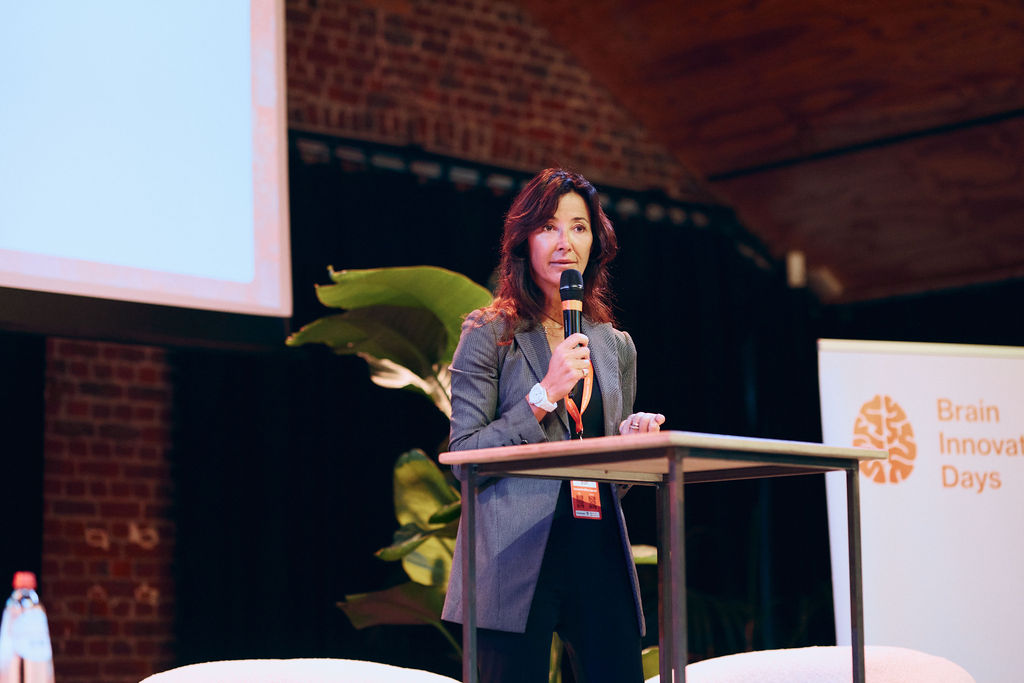
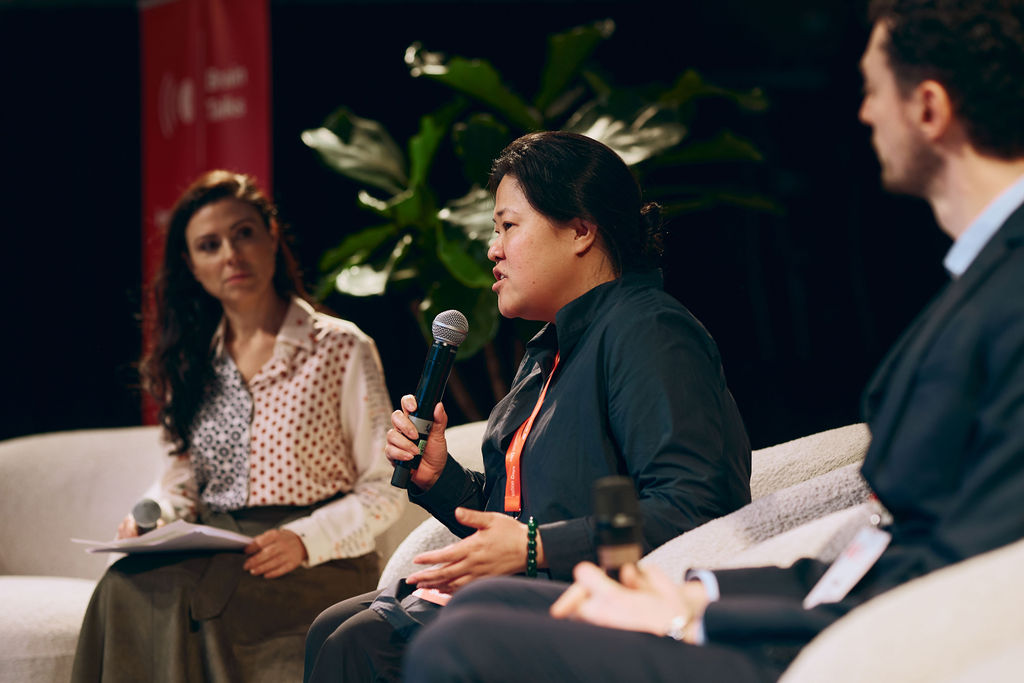
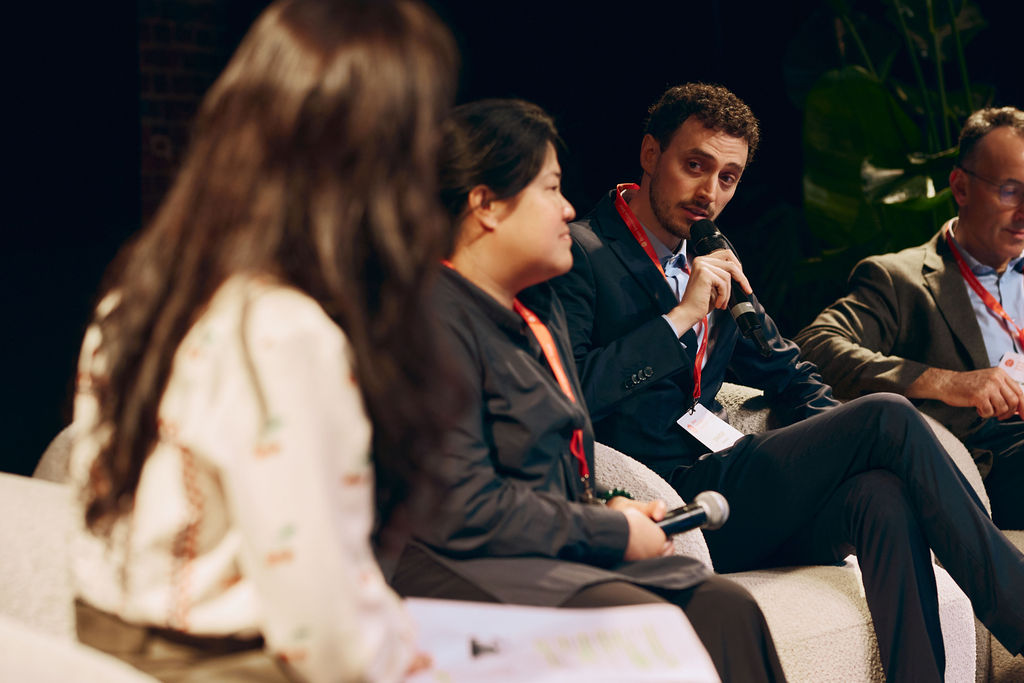
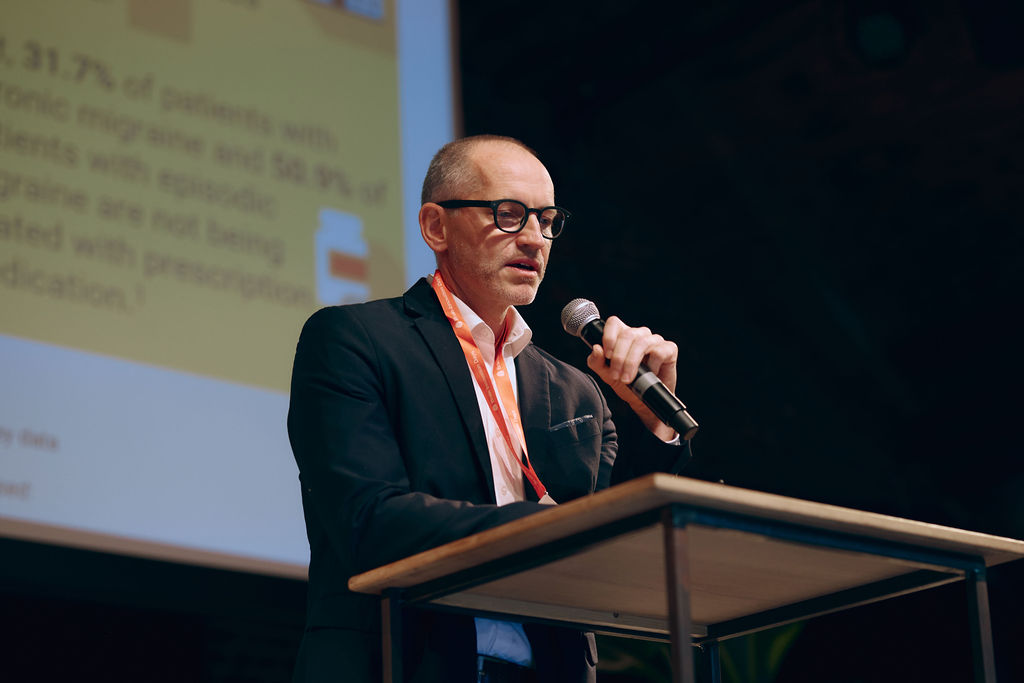
CSA BrainHealth Final Conference
The CSA BrainHealth Final Conference culminated in a high-level panel discussion that reflected on key outcomes and highlighted the importance of the upcoming European Partnership for Brain Health. Moderated by Frédéric Destrebecq, the panel brought together Pilar Aguar Fernandez (Director of the Combatting Diseases Unit at DG RTD, European Commission), Thomas Gasser (Director of the Department of Neurodegenerative Diseases at Hertie-Institute for Clinical Brain Research and Chair of the Scientific Advisory Board for CSA BrainHealth), Astri Arnesen (President of EFNA), and Ledia Lazeri (Regional Adviser for Mental Health at WHO Europe, via video message). Speakers discussed why brain health is a priority for Europe’s competitiveness, resilience, and health systems, how Europe can lead and collaborate internationally to advance brain health research and care, what success looks like for the European Partnership for Brain Health in its first years, and how to maintain momentum and ensure long-term sustainability.
The CSA BrainHealth Final Conference, held during the 2025 Brain Innovation Days, marked the conclusion of two years of preparatory work for the European Partnership for Brain Health, which will launch in January 2026. The Partnership brings together 54 partners across 33 countries with nearly €500 million in planned investment over the next decade, aiming to foster transnational collaboration and improve brain health across the lifespan through four key priorities: promoting prevention, understanding disease mechanisms, improving care, and integrating ethical dimensions. During the final conference, speakers emphasised the strategic importance of brain health investment as an economic multiplier for Europe’s competitiveness and well-being, while patient advocates stressed the need for patient involvement in research and community-based care. The conference concluded with optimism that the Partnership will transform European brain research, provided it maintains political support and resources as negotiations for the next EU Framework Programme advance.
Innovation and Entrepreneurship
at the Brain Innovation Days
The 5th Annual Pitch Competition highlighted cutting-edge European startups addressing diverse brain health challenges. Four finalists each delivered five-minute pitches followed by Q&A with a distinguished jury comprising Pascal Joncour (Investment Committee Member at Convergence Partners), Alina Maria Tomoiaga (Policy Advisor at the European Innovation Council), Donna Walsh (CEO of the International Bureau for Epilepsy), and Professor Sameer Zuberi.
The finalists showcased remarkable innovations:
• Dr. Antoni Homs (eventually winning the Jury Prize) presented OWL Lifesciences’ AI-driven in-vitro neurovascular unit model platform for precision drug discovery and development.
• Antoine Pouppez (eventually winning the Audience Prize) introduced neuroClues, described as “the brain stethoscope.”
• Karine Seymour demonstrated Avrio MedTech’s quantitative analysis of intracranial electroencephalogram for managing drug-resistant epileptic patients.
• Dr. Nickolai Vysokov presented BrainPatch, an effective e-meditation solution using non-invasive electrical stimulation of the vagus nerve for mental health and wellbeing.
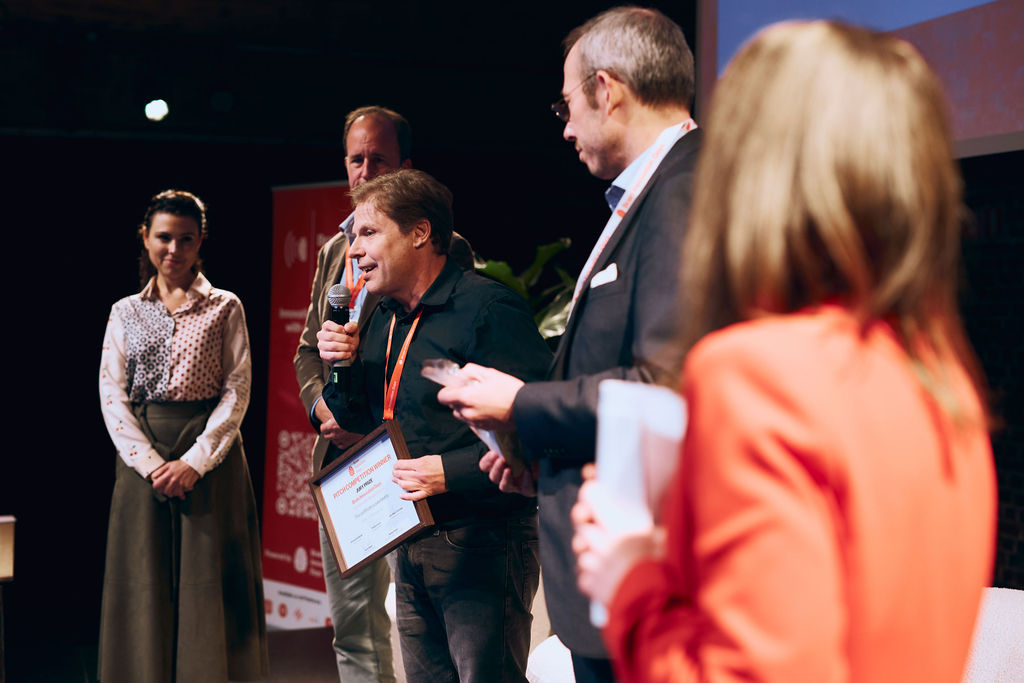
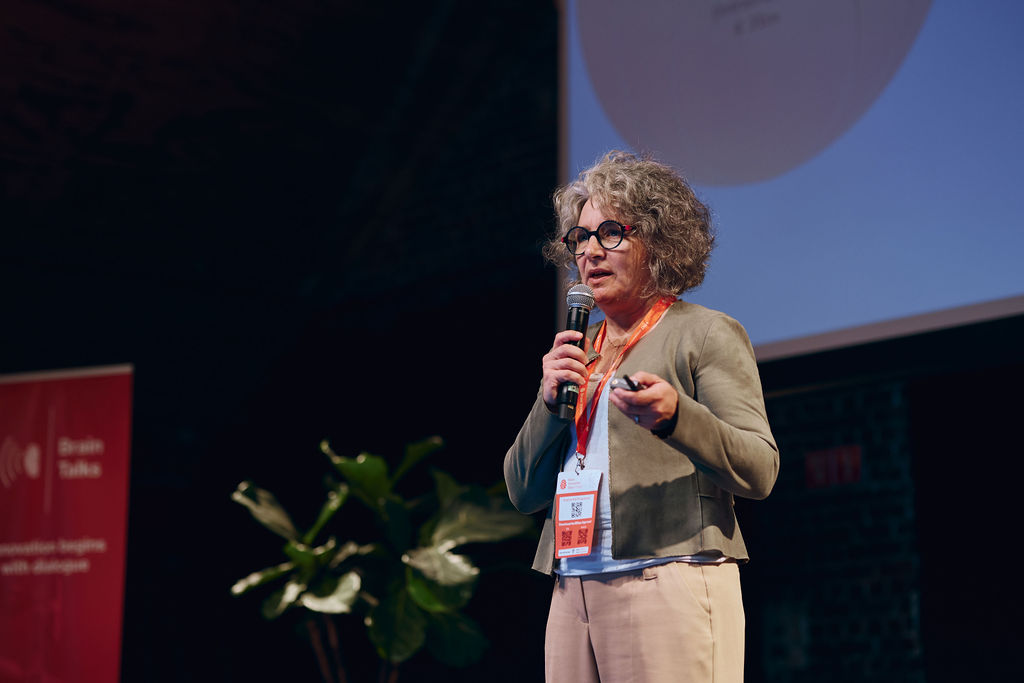
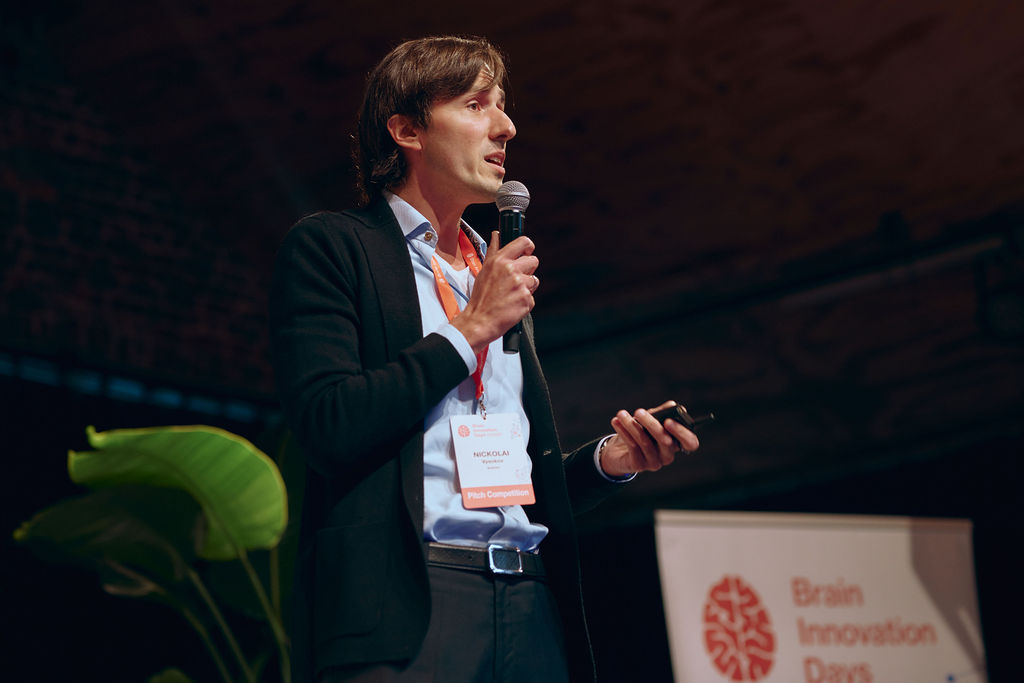
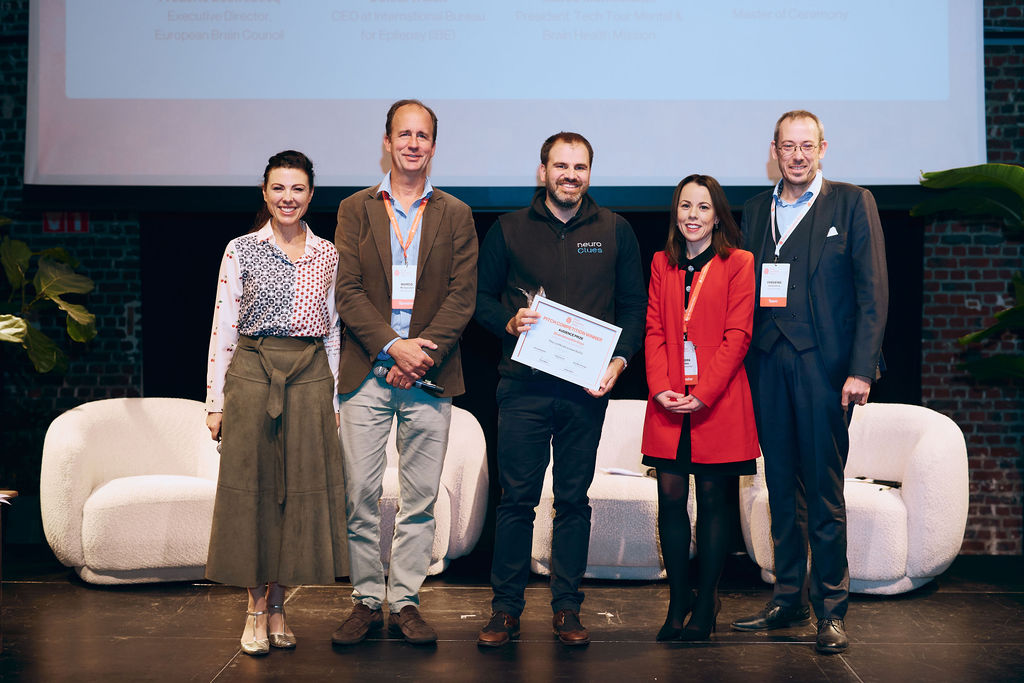
Winners received prizes from knowledge partner TechTour, including academy tickets to learn how to refine their pitch for investors and free tickets to TechTour Brain Health events in 2026. The European Brain Council also offered the Jury Prize Winner a featured BrainTalks podcast episode and the Audience Prize Winner a video interview opportunity, providing platforms to amplify visibility and reach across Europe and globally.
Innovation Hall
The Innovation Hall featured over 20 exhibitors and member organisations. For the first time at the Brain Innovation Days, a treasure hunt promoted interactive and meaningful engagement, motivating participants to visit booths, connect with exhibitors and discover innovative solutions through conversations. The treasure hunt was supported by prizes from Garmin Health and Waking Up, including a fitness smartwatch, a one-year subscription to a meditation app and a signed book recommendation from EBC President Suzanne Dickson.
Day two brought about three parallel sessions that attendees could attend based on their diverse interests:
TechTour Panel Discussion
A panel discussion on mobilising health ecosystems and institutional funding for mental health societal transitions was provided by our 2025 knowledge partner, TechTour. Moderated by Marco Mohwinckel (President of TechTour Mental & Brain Health Mission), the panel featured Guillen Fernandez (Director of Radboud UMC Research & Innovation Institute), Isaac Middelmann (Accelerator Director at EIT Health), Marie Wall (Seconded National Expert at DG RTD), Marta Sanches Bret (CEO of Wemind Cluster), Garth Smith (VP of Business Development and Partnerships at Ontario Brain Institute), and Jaanus Pikani (Biopark). The session explored how technology, real-world data and AI can enable health systems to shift from managing chronic conditions to embracing early prevention and lifelong preservation of mental and neurological resilience.
Cineforum: Rebirth
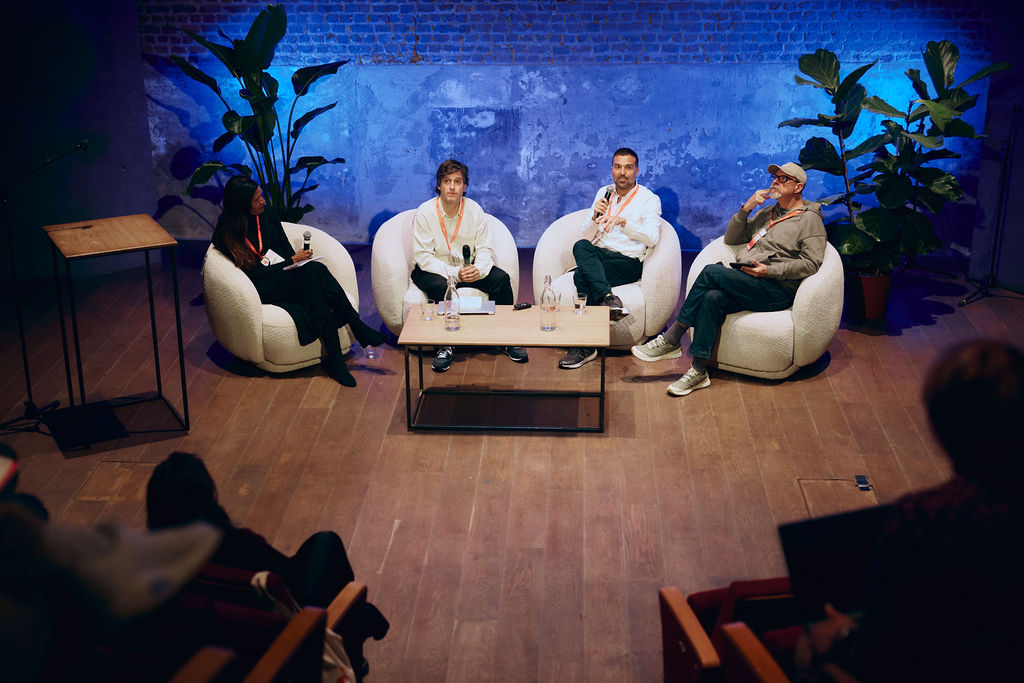
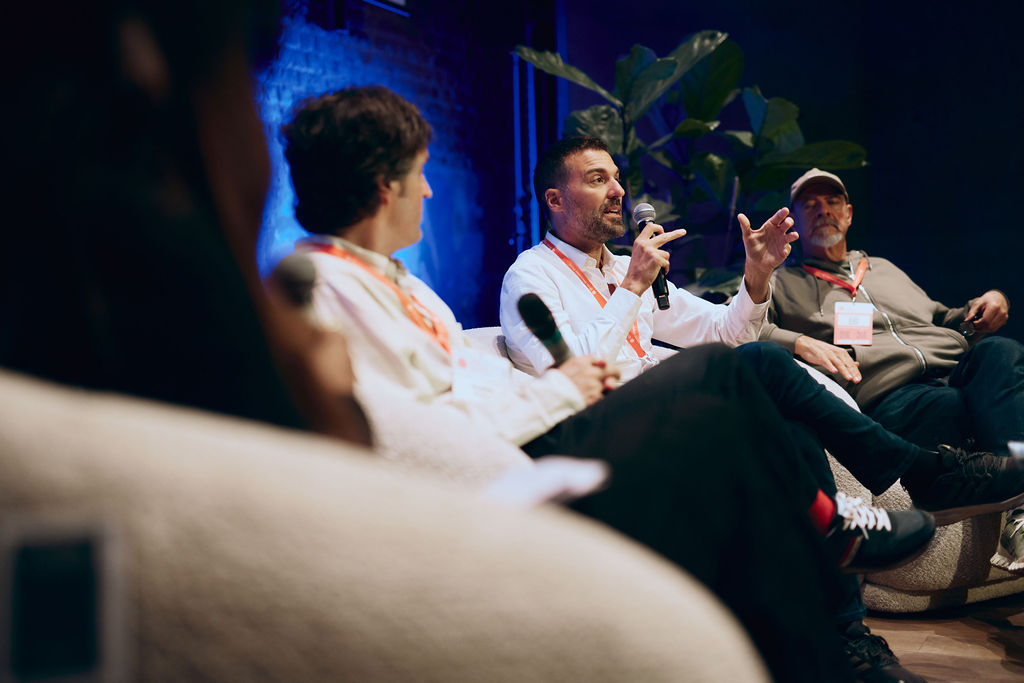
In another space, a Cineforum presented an exclusive preview of “Rebirth,” a documentary series where five Olympic athletes share their journeys through failure, mental health struggles and empowerment. Following the screening, a panel discussion moderated by Courtney Bullock featured Javi Muñoz (Producer and Director from Nanu Films), Fernando Bofill (Executive Producer) and Roger Meduiña (Scriptwriter), exploring how elite athletes transform psychological challenges into catalysts for renewal.
HEREDITARY World Cafe
Lastly, The HEREDITARY World Café offered an interactive workshop format where participants worked hands-on with experts to shape solutions for multimodal health data integration, tackling real challenges in AI applications, data privacy, and neurodegenerative and gut-brain-axis research. The session concluded with a wrap-up on the main stage at the end of the day by Giuseppe Pellegrini, who teaches Innovation, Technology and Society at the University of Trento and serves as a HEREDITARY project partner.
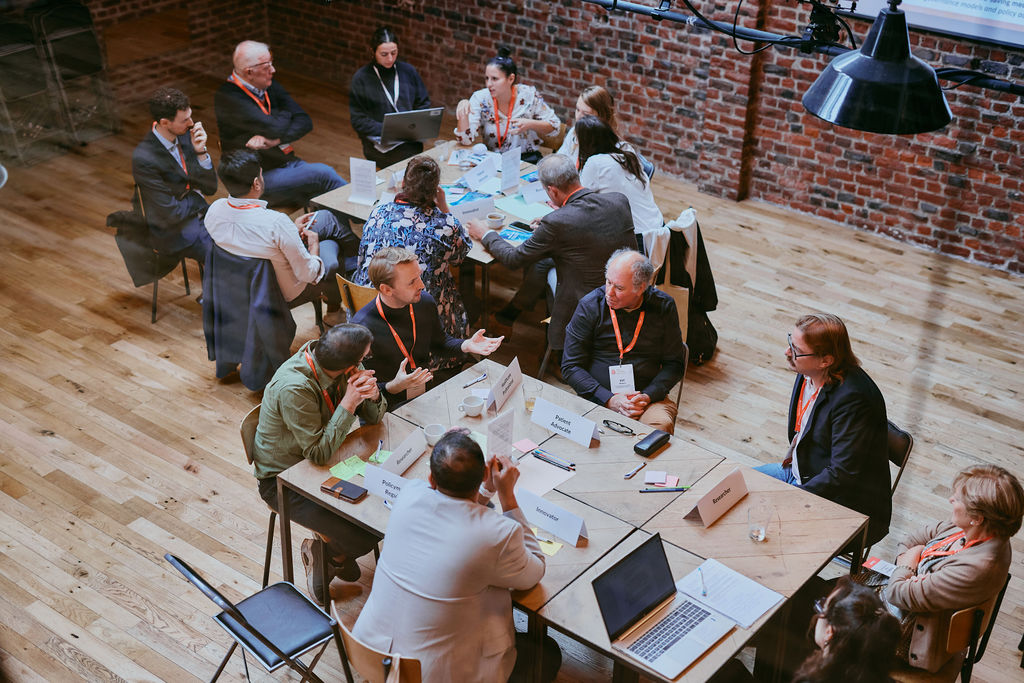
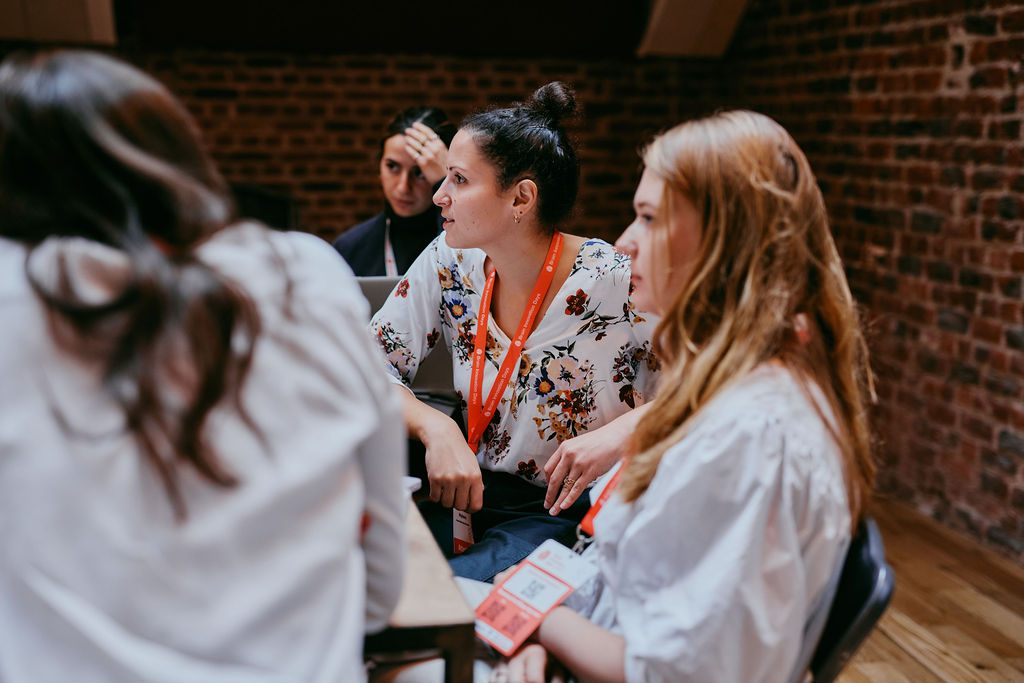
Digital Transformation and Technology
A panel discussion on access to digital therapeutics in brain health, moderated by Pawel Swieboda (Senior Fellow for Neurotechnology at the Centre for Future Generations), brought together Margherita Fanos (Head of Sector at the European Commission’s AI Office), Marc Lange (Secretary General of the European Health Telematics Association), Philip van Hövell (CEO of Rewoso) and Jurij Dreo (Co-Founder & CTO of BrainTrip). The conversation explored the latest trends in digital therapeutics, moving beyond the pharma-centric regulatory paradigm, the adoption gap where approved products are not used because doctors don’t trust or understand them, reimbursement and sustainable economics in a fragmented European landscape, and equity considerations given the digital divide.
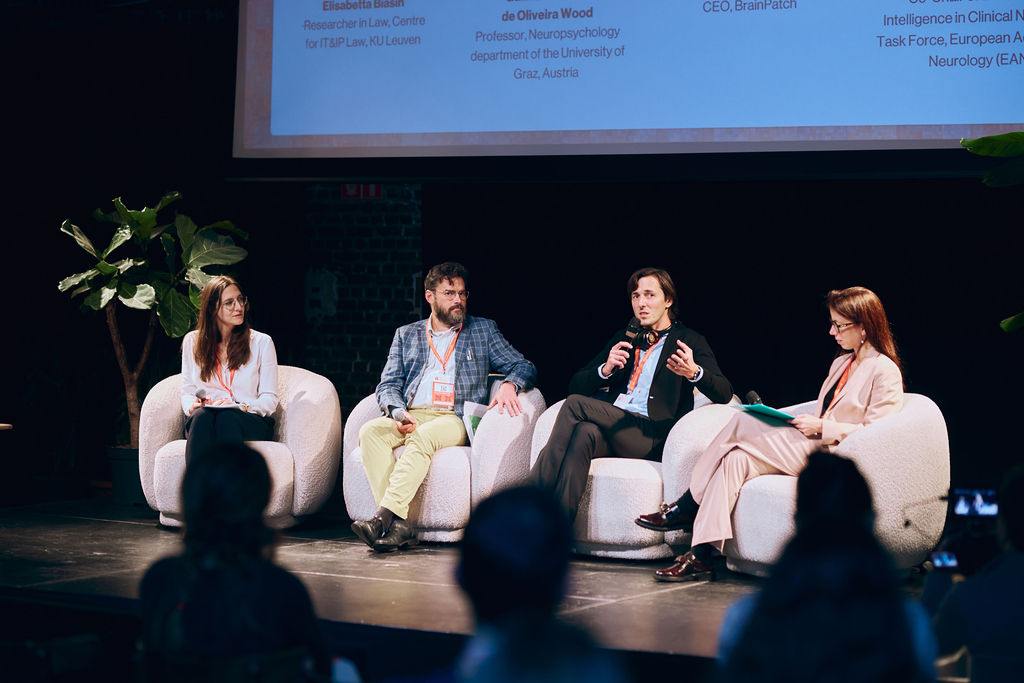
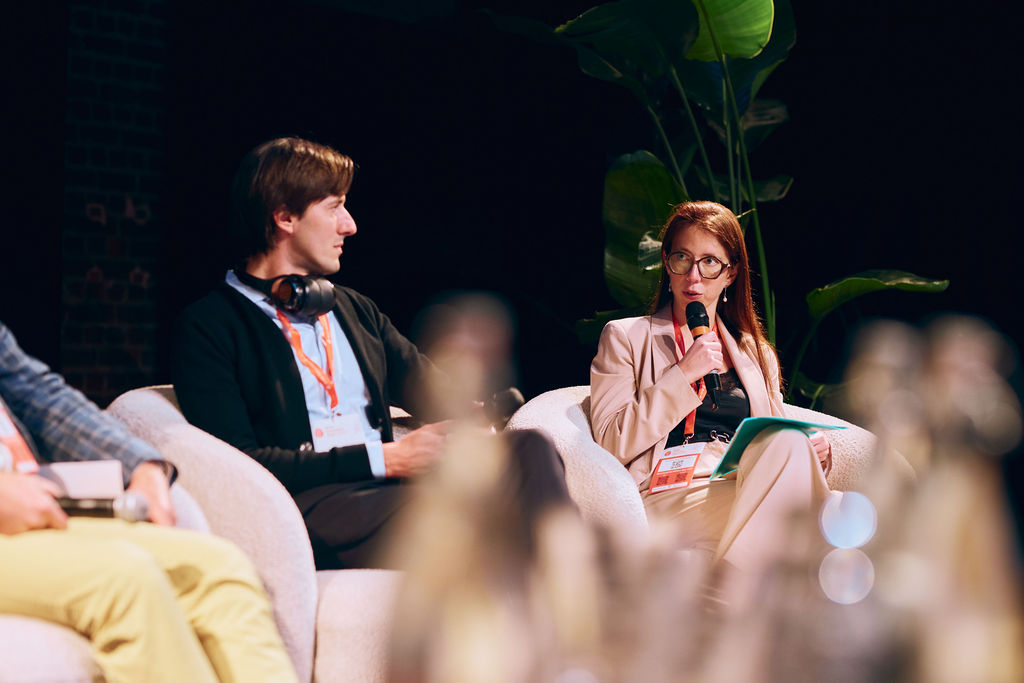
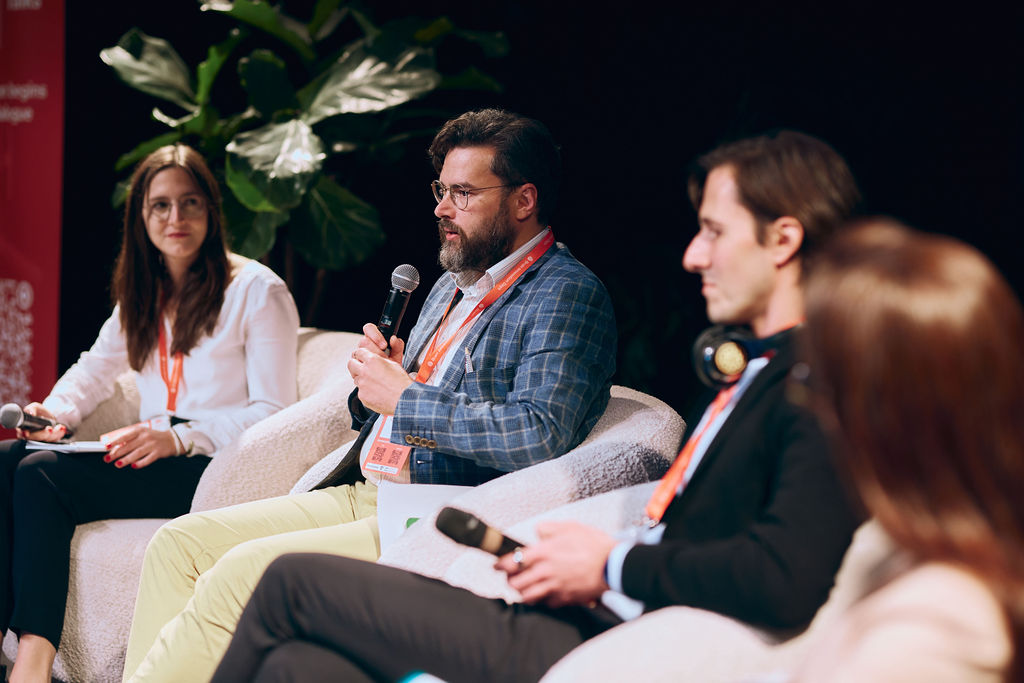
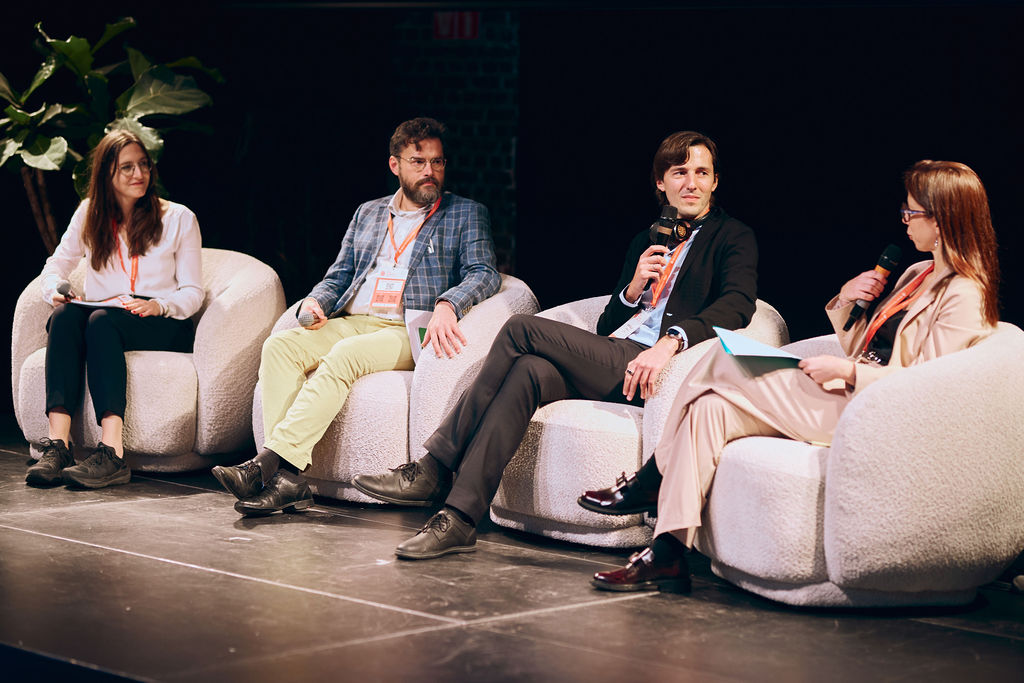
The panel on emerging technologies in brain health, moderated by Alice Accorroni (Co-Chair of the Artificial Intelligence in Clinical Neurology Task Force at the European Academy of Neurology (EAN)), featured Guilherme Maia de Oliveira Wood (Professor in the Neuropsychology department at the University of Graz), Nickolay Vysokov (CEO and Founder of Brain Patch), and Elisabetta Biasin (Researcher in Law at the Centre for IT&IP Law at KU Leuven).
Speakers discussed which neurotechnologies are currently under development and their revolutionary potential, major challenges faced by innovators, barriers preventing wide clinical adoption, how Europe can strike the right balance between harmonised regulation and flexibility for rapid innovation, ethical implications of using neurotechnologies for cognitive enhancement versus medical treatment, and key safety considerations including data protection and cybersecurity.
Patient Engagement and Cross-Sectoral Collaboration
A fireside chat on social inclusion and patient engagement in brain health, moderated by Donna Walsh, brought together Elisabeth Kasilingam (CEO of the European Multiple Sclerosis Platform), Annet Kleiboer (Full Professor at Vrije Universiteit Amsterdam and RECONNECTED Project Representative), and Mira Fey (Research Lead for EQUICARES in LGBT Ireland and Adjunct Lecturer at University College Dublin). The conversation explored how to define social inclusion in the context of brain health, what makes involvement meaningful, concrete examples of including end users and vulnerable populations in research, challenges in taking coordinated approaches at a pan-European level, and the role patient organisations can play in supporting both people with lived experience and stakeholders seeking to engage them meaningfully.
A panel on cross-sectional collaboration and creating a blueprint for brain disease equity by leveraging success stories was moderated by Pascal Joncour. The session featured Julie Rachline (Former CEO of Braintale and President of LallianSe), Caitlin Ner (Director of PsyMed Ventures), Isaac Middelmann (Accelerator Director at EIT Health), and Michele Calabrò (Director of EUREGHA). Speakers provided perspectives on the brain health path with focused disease areas such as Alzheimer’s, investment strategies across rare brain diseases and mental/neurological conditions, what “acceleration” should mean for brain innovation beyond just innovation push, and systemic challenges and opportunities for integrating brain innovations into healthcare systems. The discussion extracted practical learning from both successes and setbacks in underfunded, high-burden diseases.
BrainTalks Season 5
The BrainTalks podcast series launched its 5th season during the event, including a special episode for Rett Syndrome Awareness Month sponsored by Acadia Pharmaceuticals. The episode featured insights from Tom Pulles at Acadia, leading neuroscience experts, and voices from the patient community, highlighting the critical importance of research, advocacy, and innovation in understanding and treating rare neurodevelopmental disorders.
Throughout both days, the BIDays mobile app facilitated networking and connection-building, programme navigation and session bookmarking, and participation in the Innovation Hall Treasure Hunt. Social media engagement was encouraged throughout using #BIDays, with participants sharing insights and photos from the event, including snapshots from the photo booth.
Looking Forward
Brain Innovation Days 2025 successfully positioned the European brain health ecosystem for its next phase of development. The event issued a clear call to European leaders, researchers, industry, and civil society to invest in brain health not only to address the current burden of brain disorders but to create interventions that benefit early detection, prevention, and future generations. Speakers emphasised recognising the strategic value of Europe’s strong brain research and innovation ecosystem for competitiveness, resilience and sustainable prosperity.
The momentum built at this milestone 5th edition will continue to drive collaboration, innovation and policy action across the continent and beyond. The event demonstrated that by adopting a brain health lens, we can transform not only healthcare systems but societies and economies, creating a future where innovation serves the needs of all communities and where brain health is recognised as foundational to human wellbeing and prosperity.
About Brain Innovation Days
Brain Innovation Days is the flagship annual event organised by the European Brain Council, serving as the premier platform in Brussels to showcase European innovation and progress in brain health. The event brings together multistakeholder communities to foster dialogue, exchange knowledge, accelerate research and innovation investment, facilitate business development, and influence policy.
